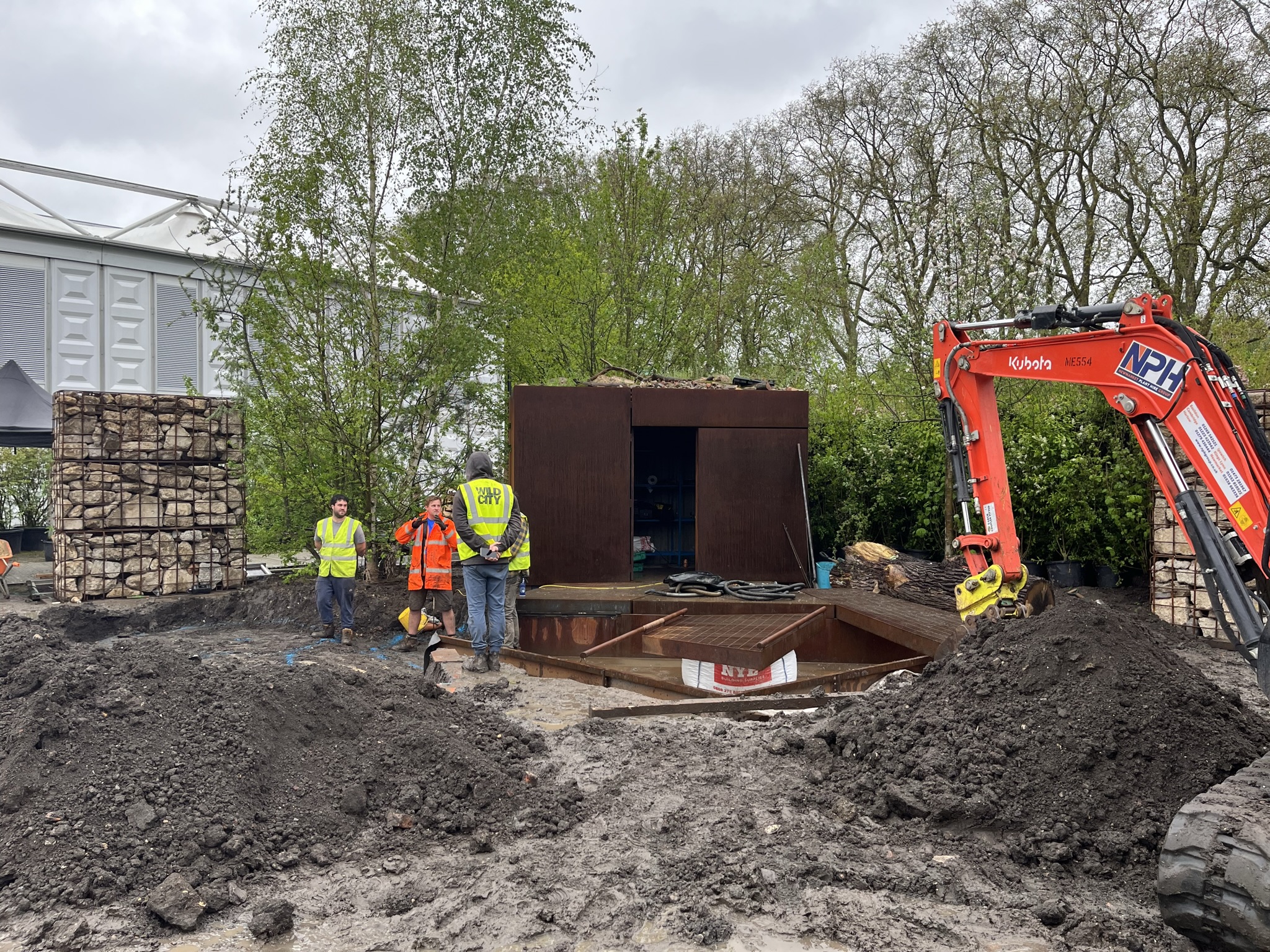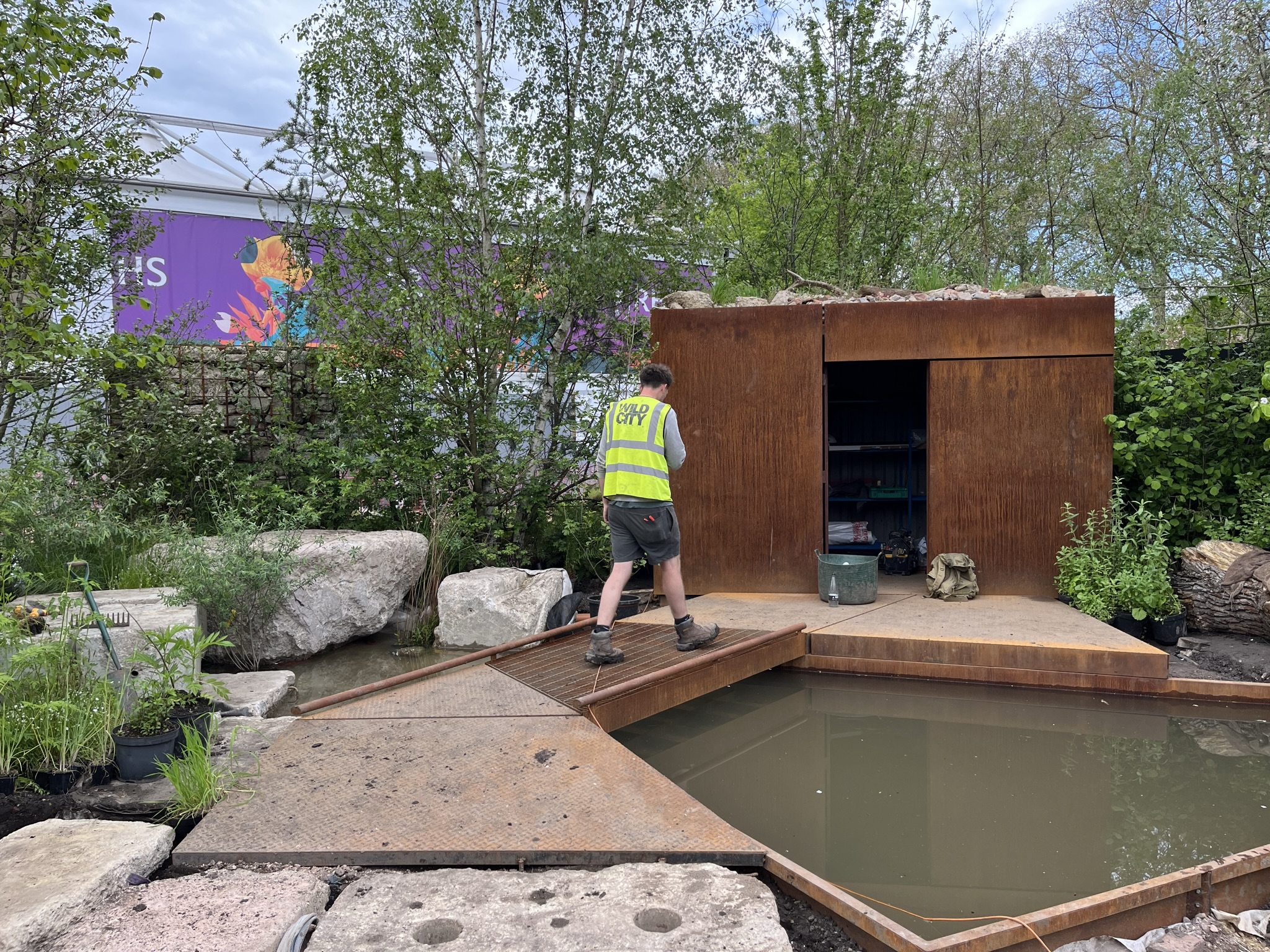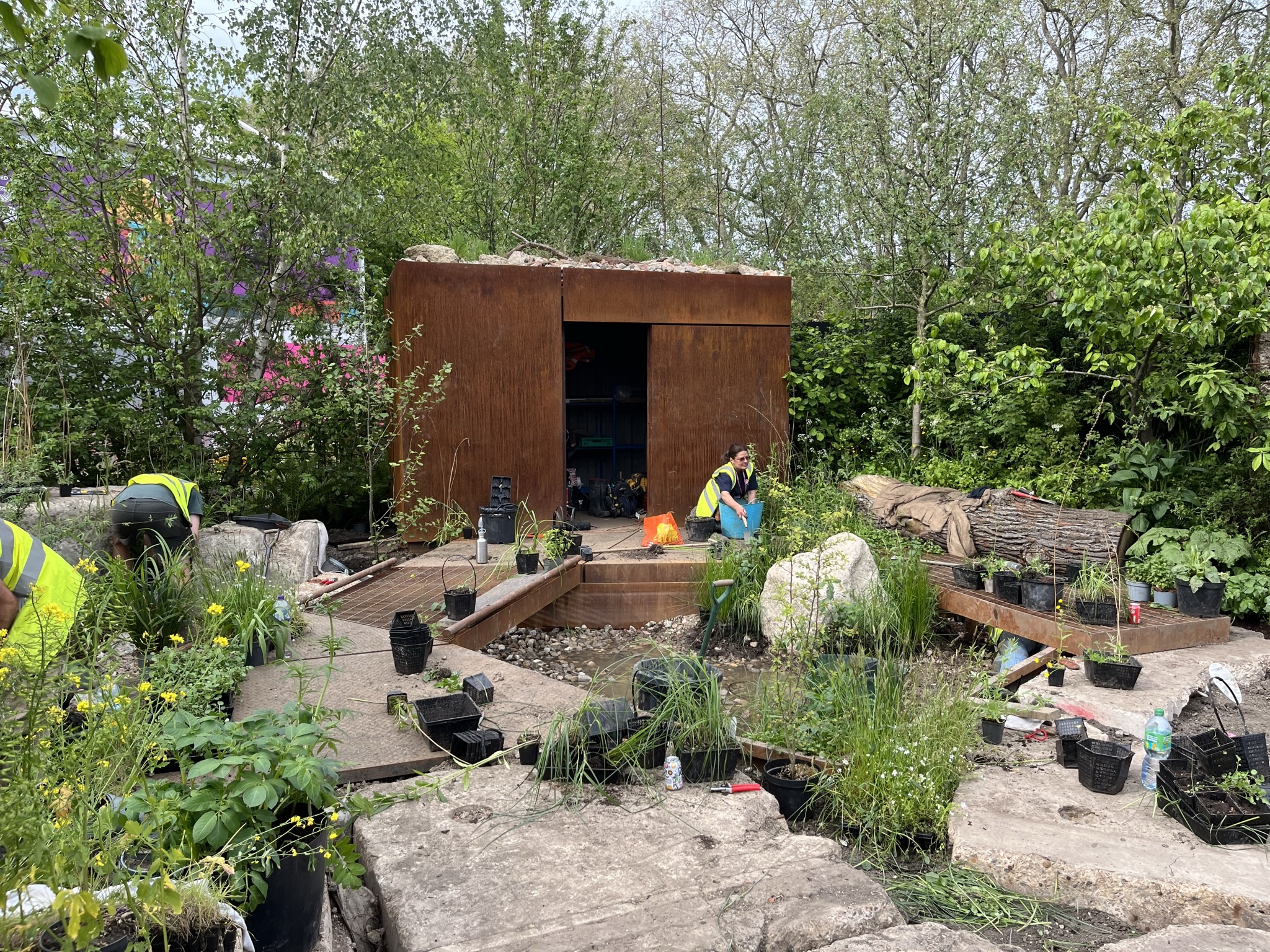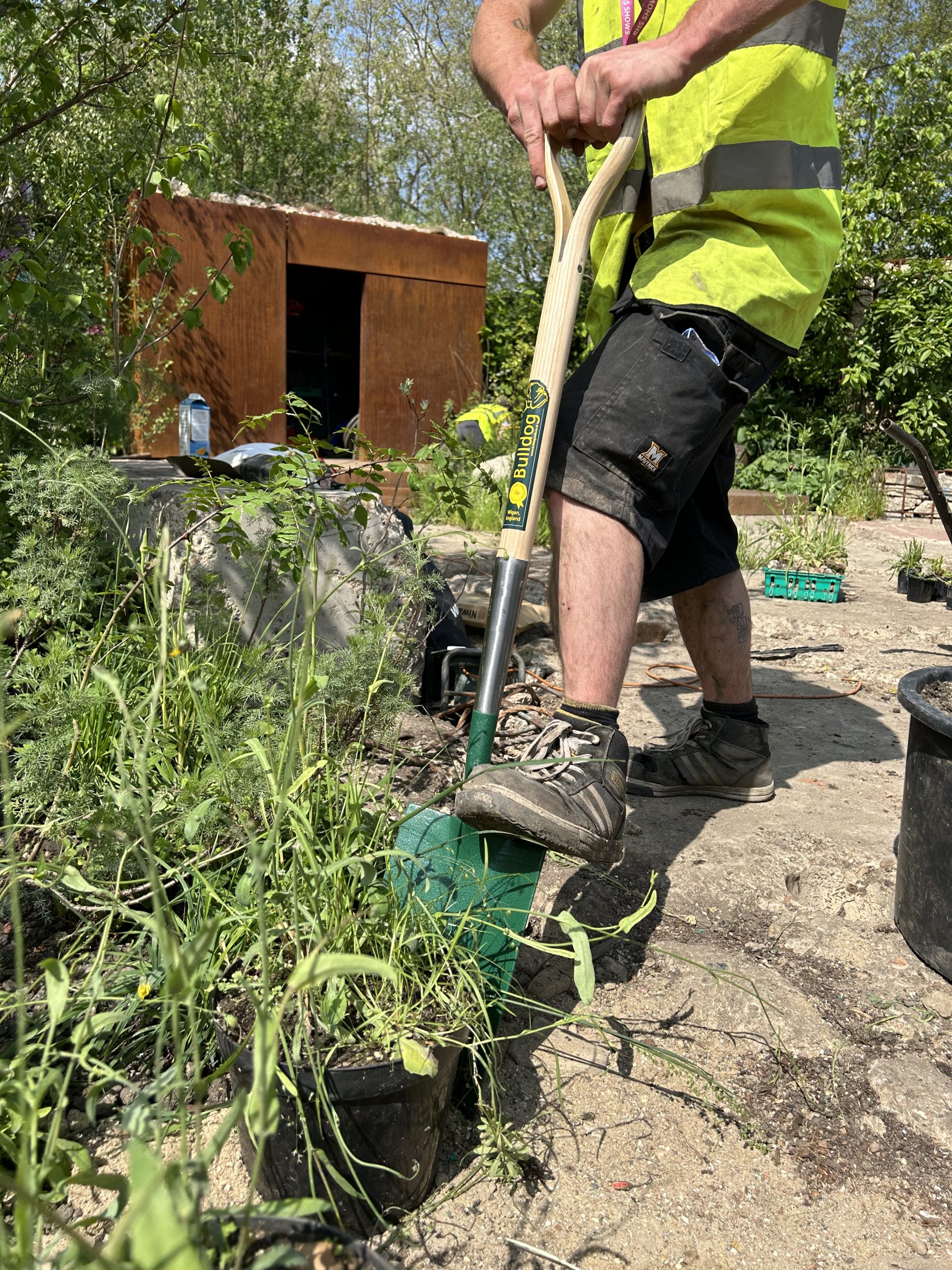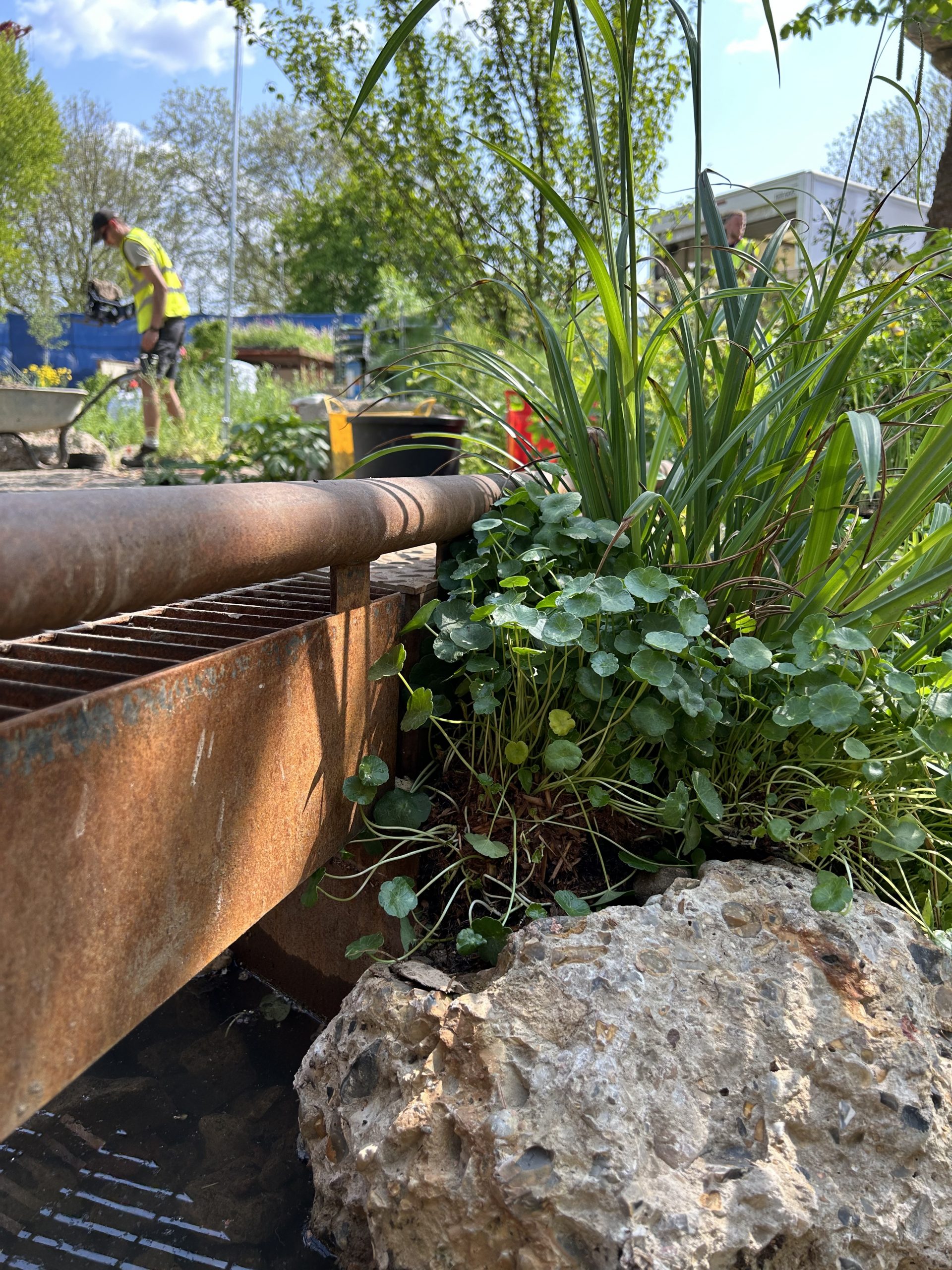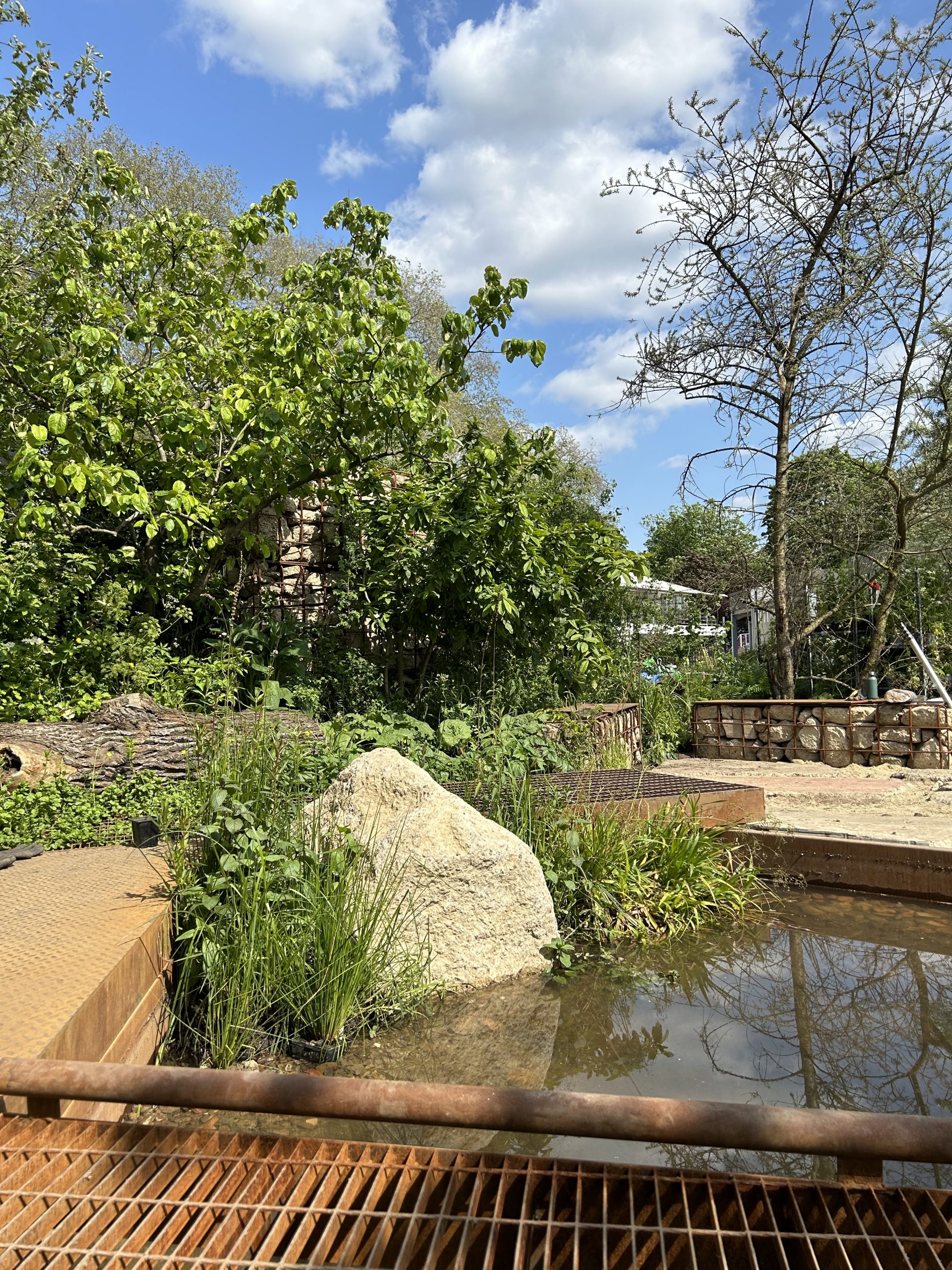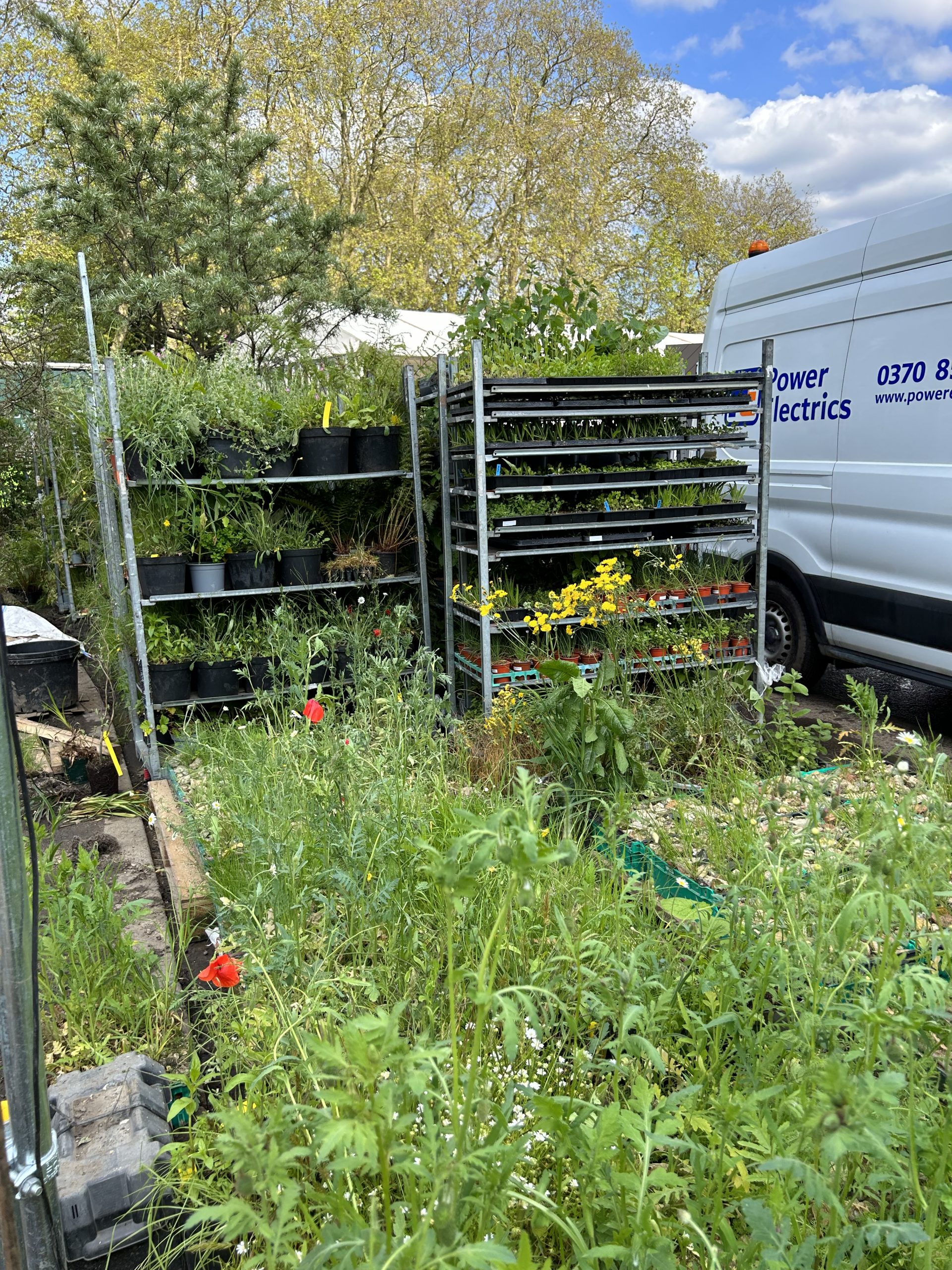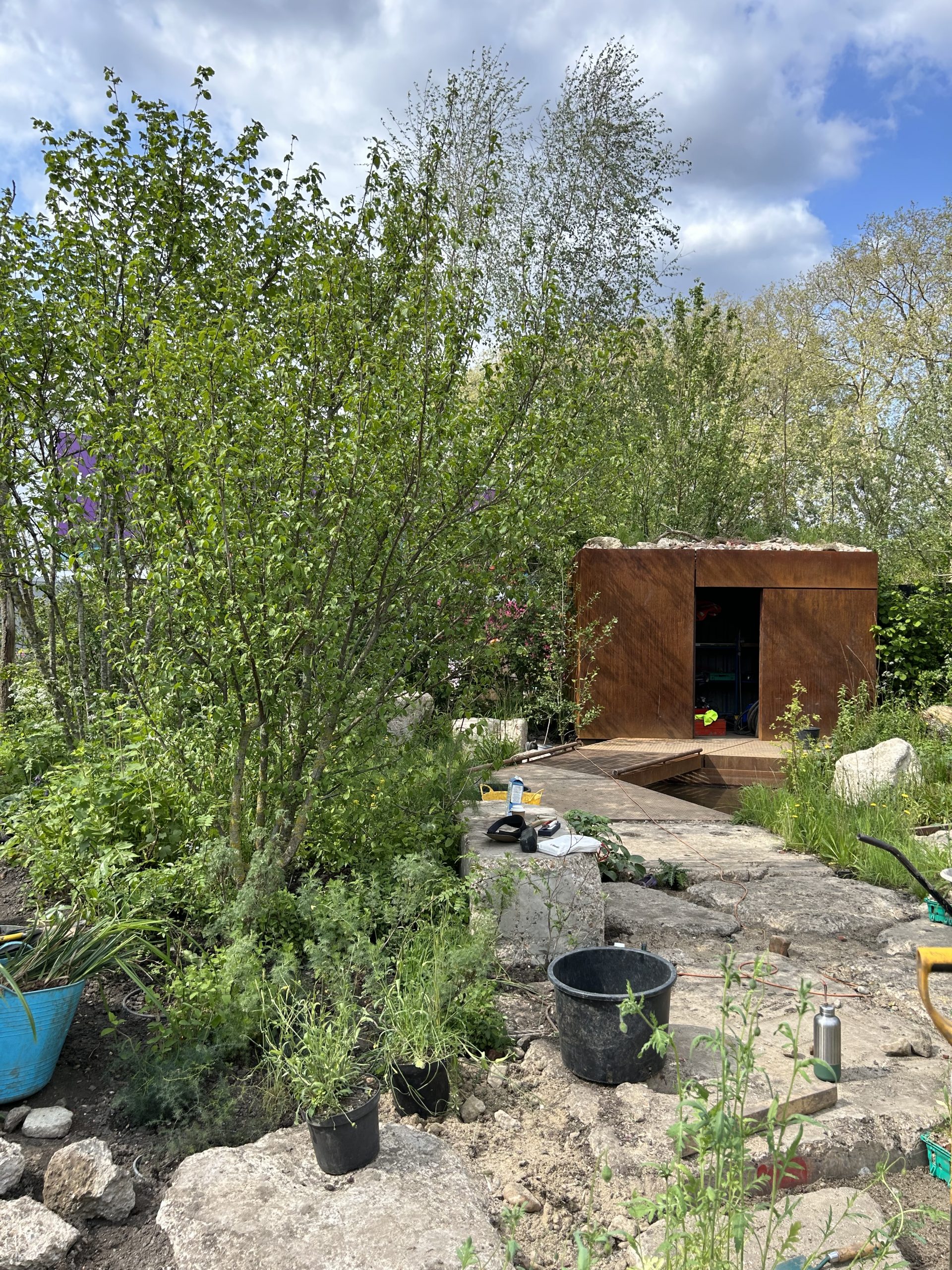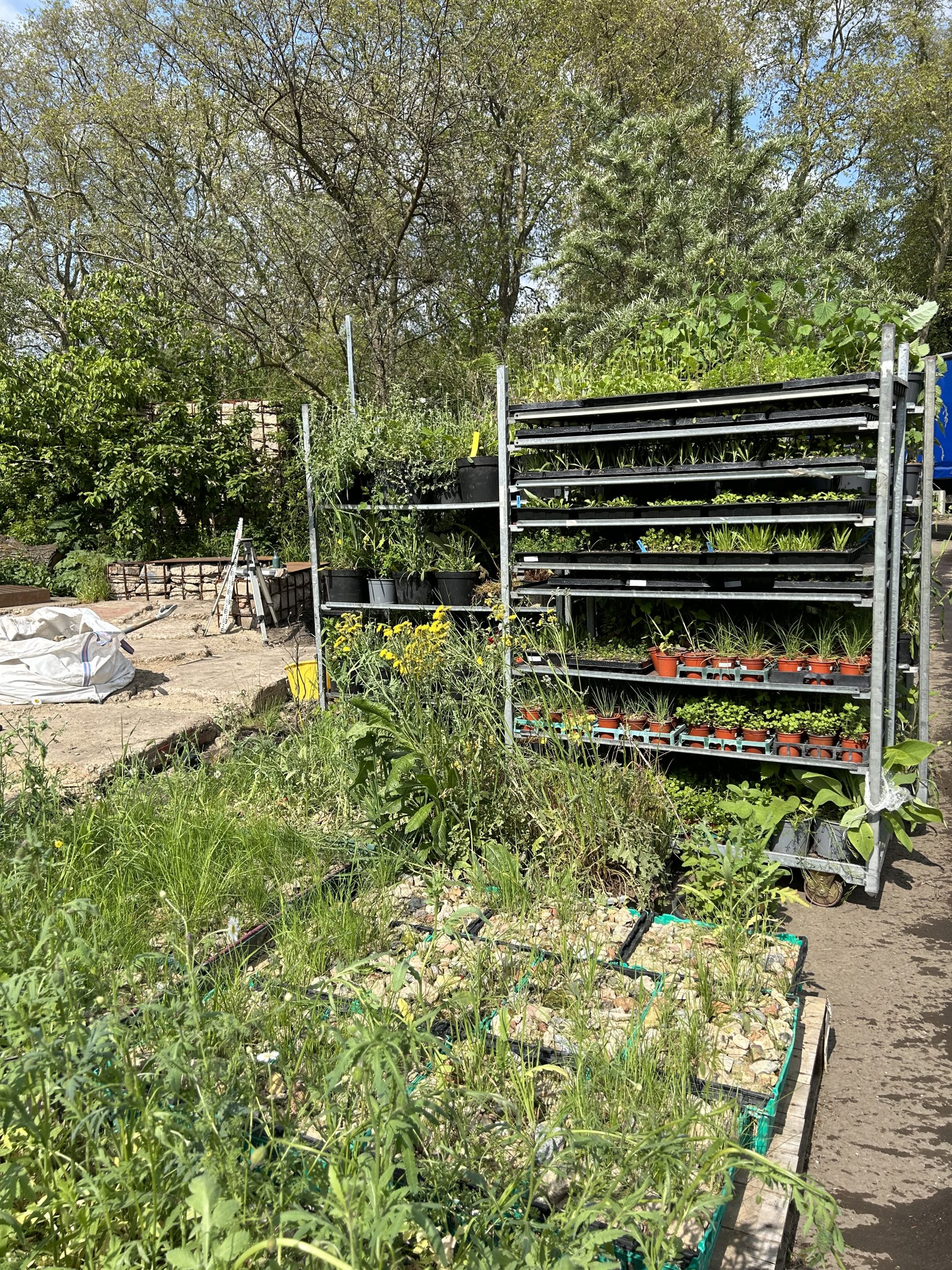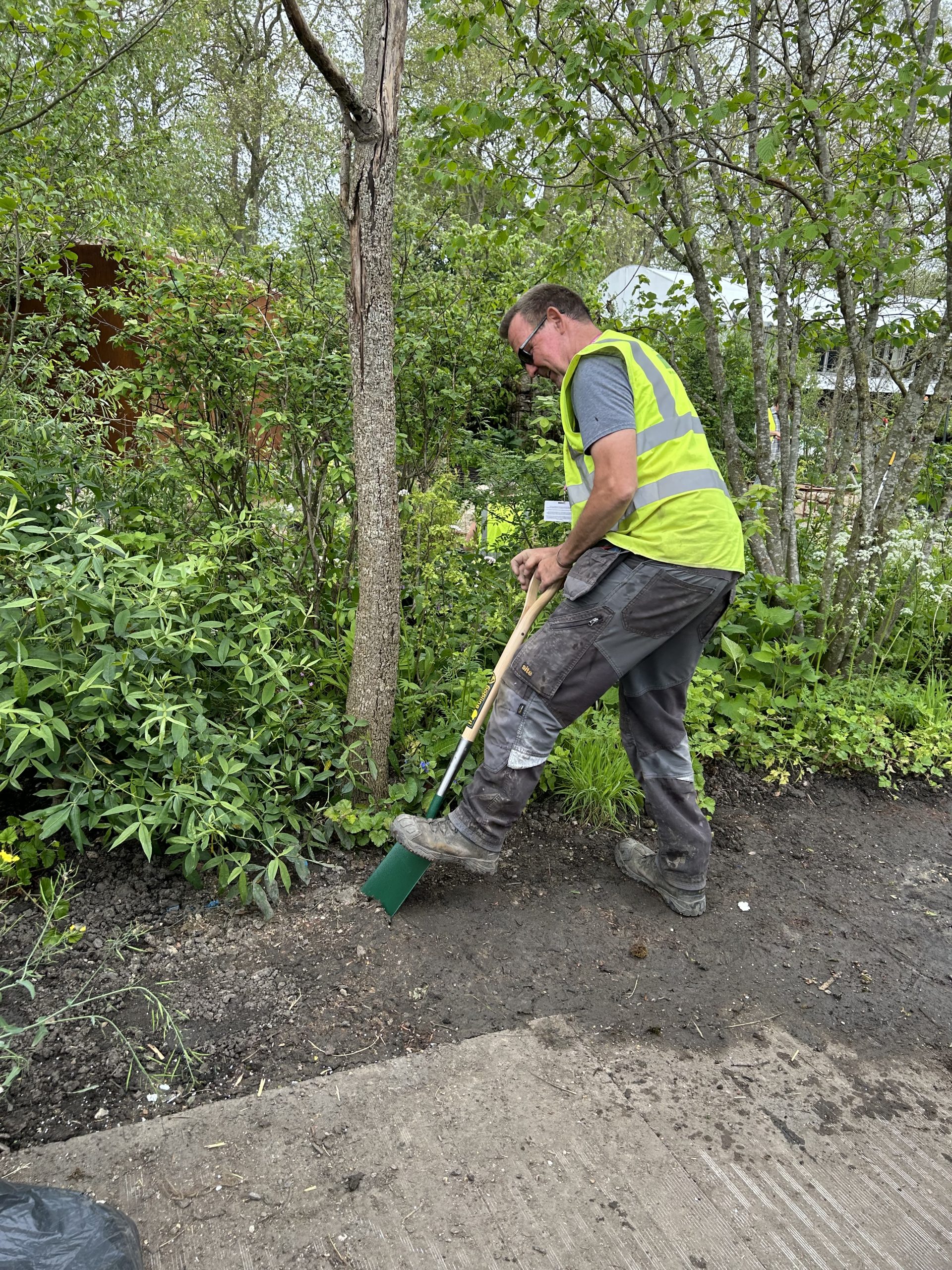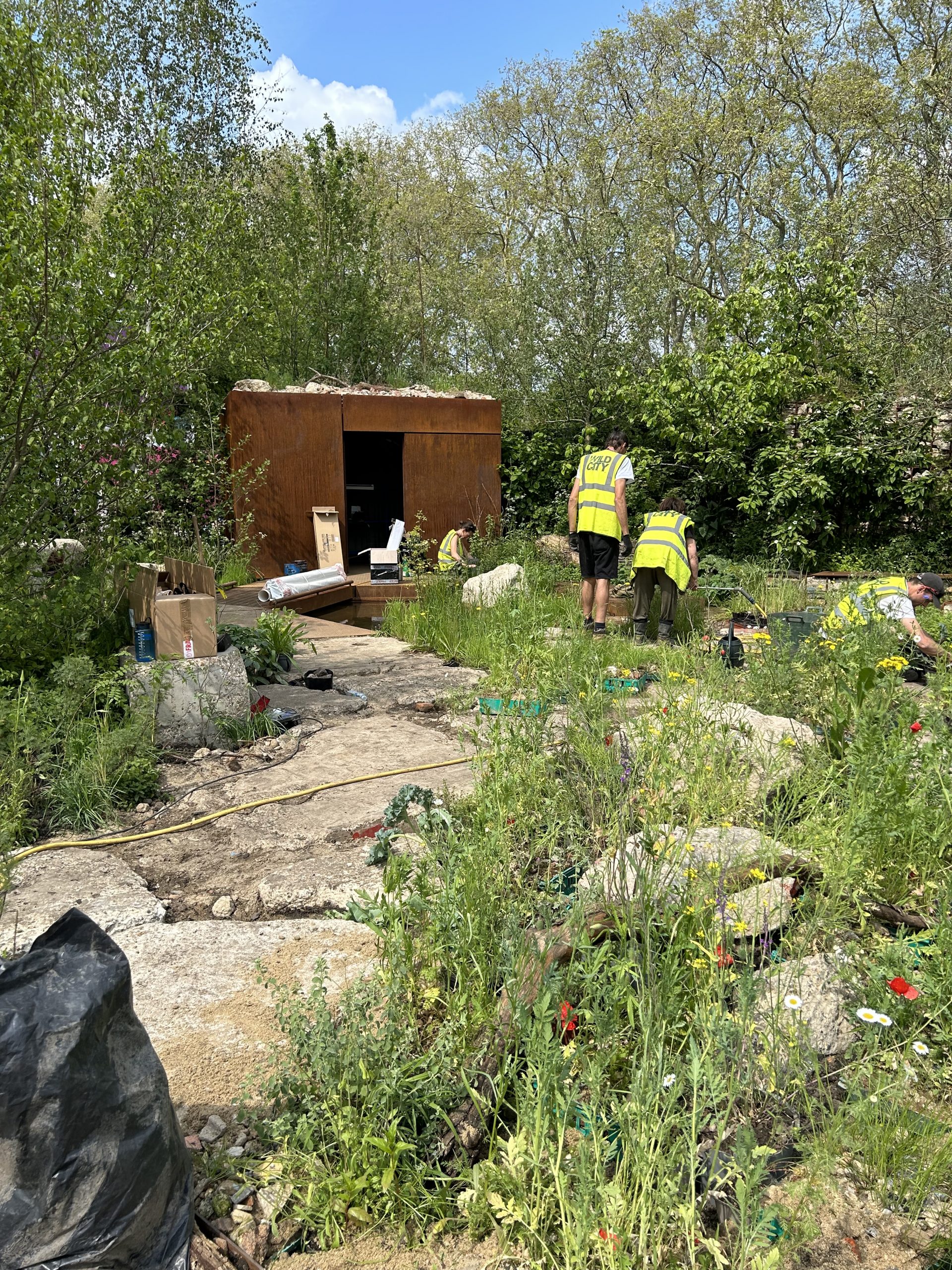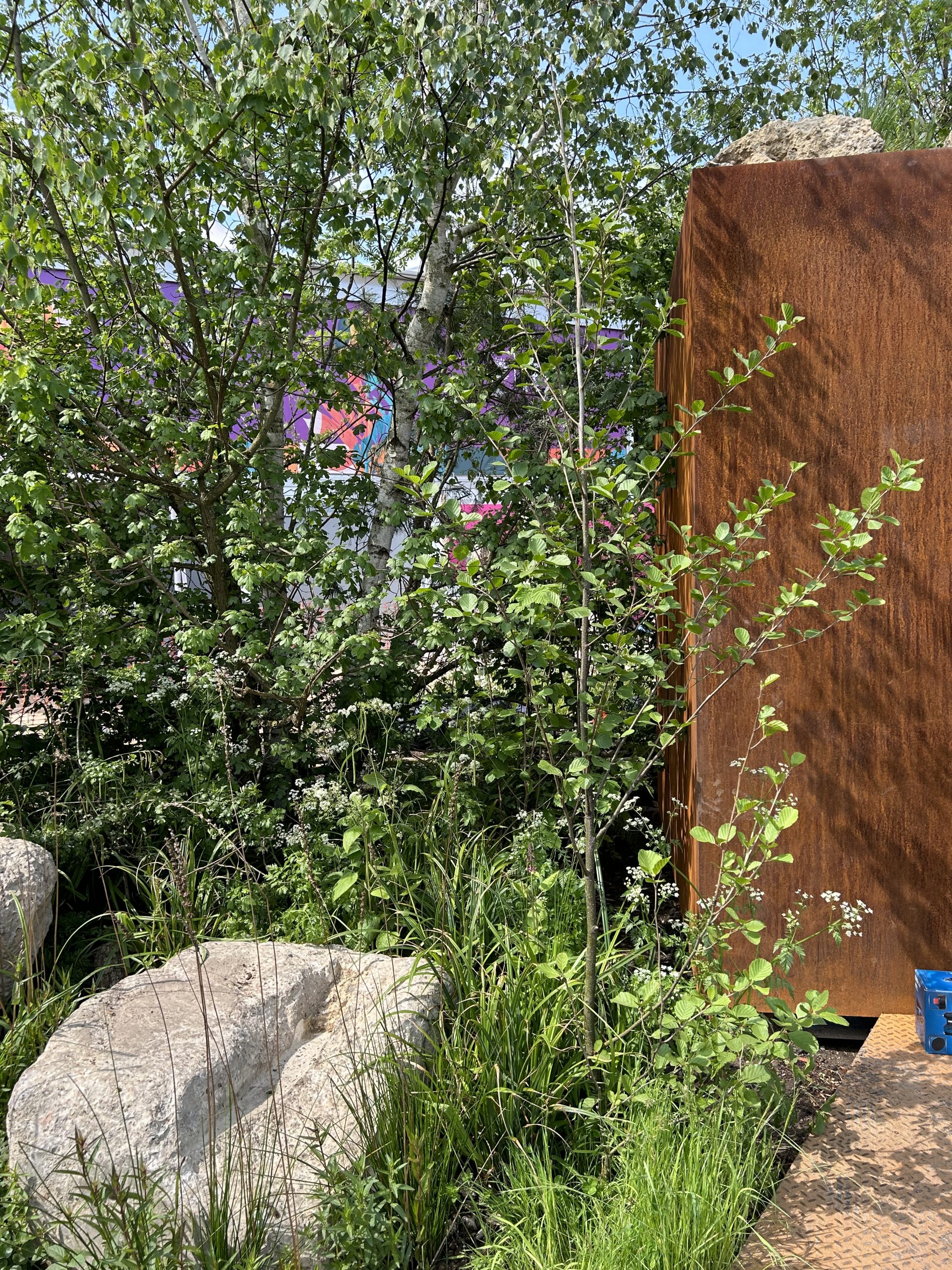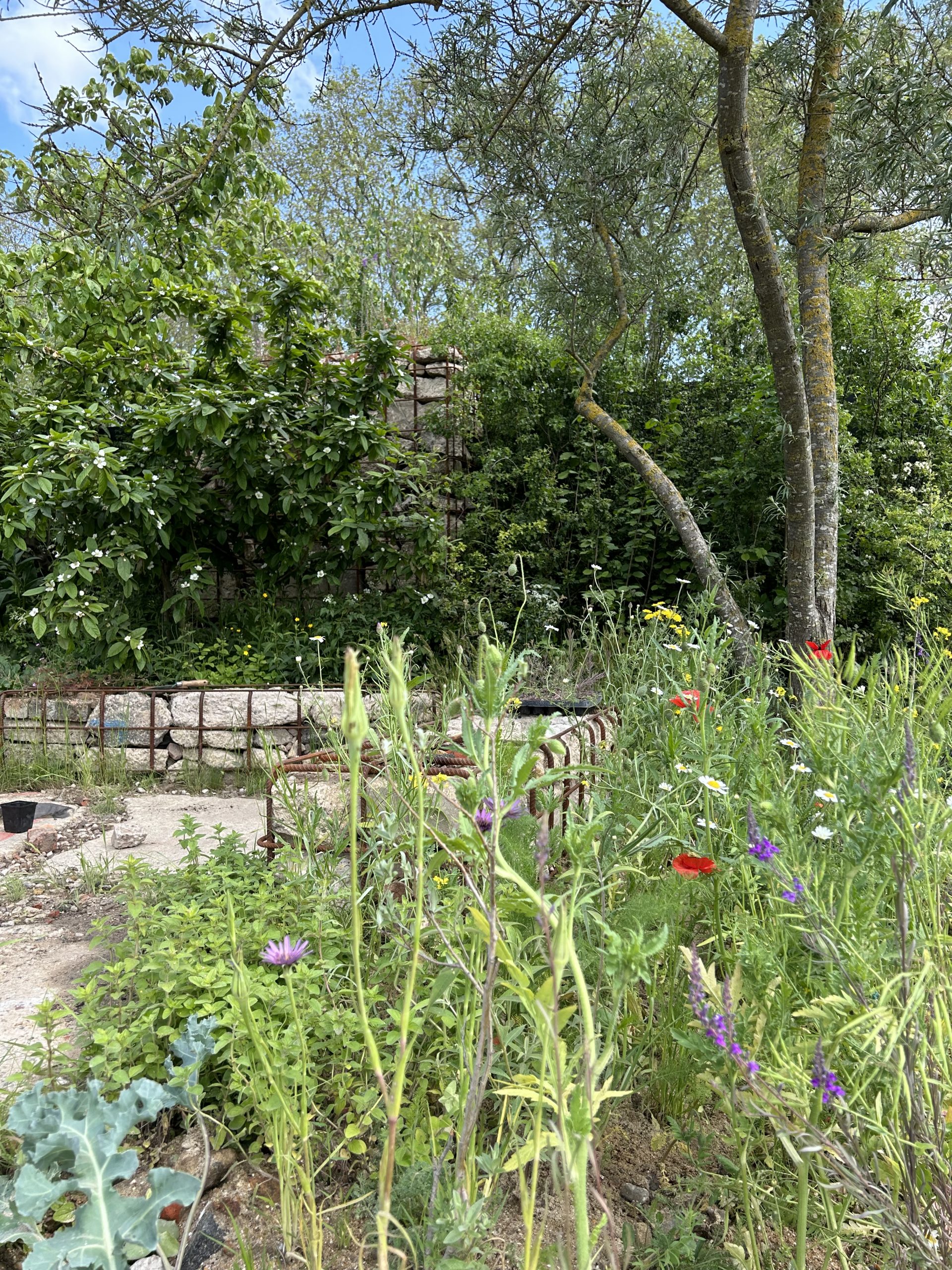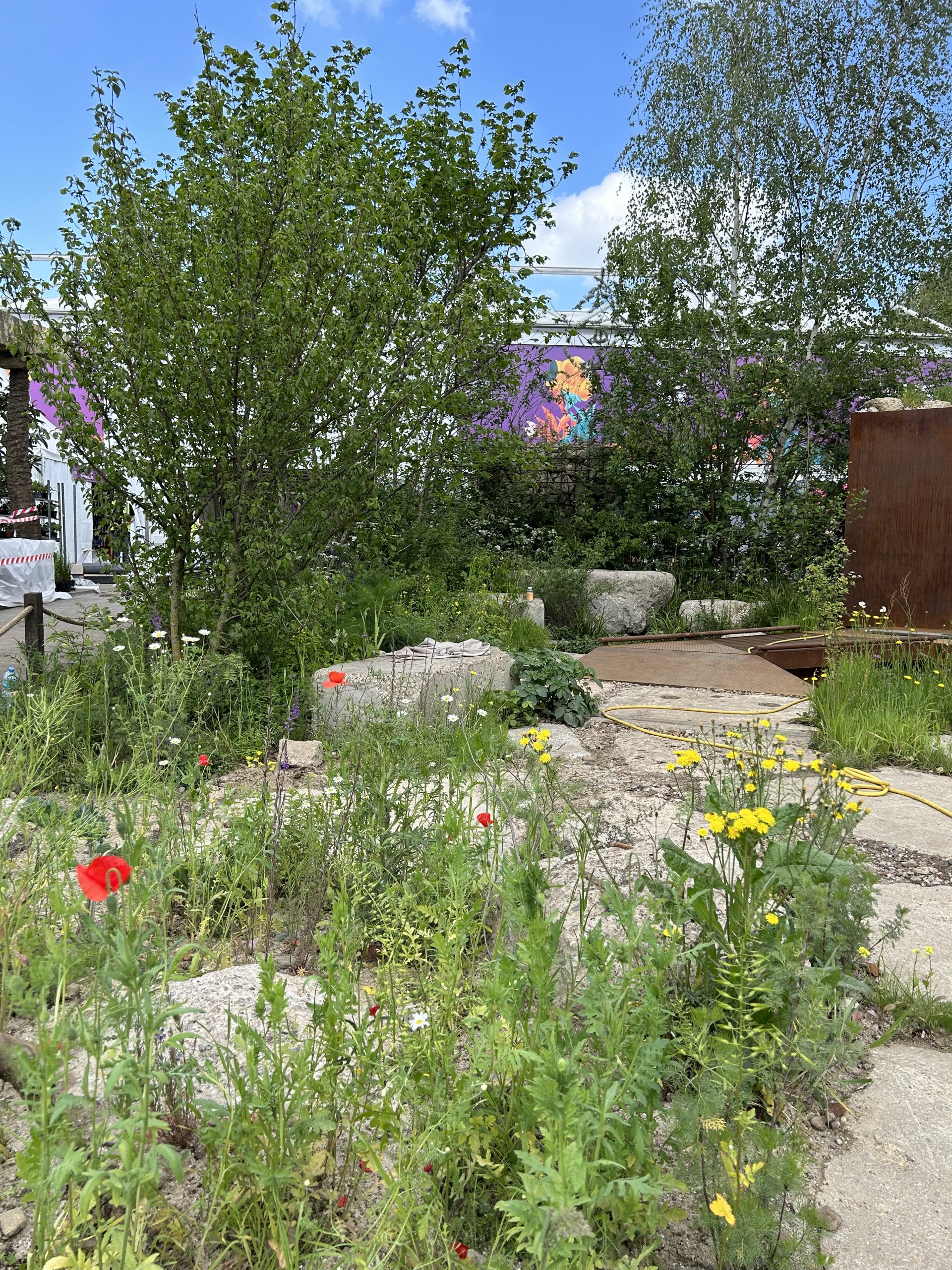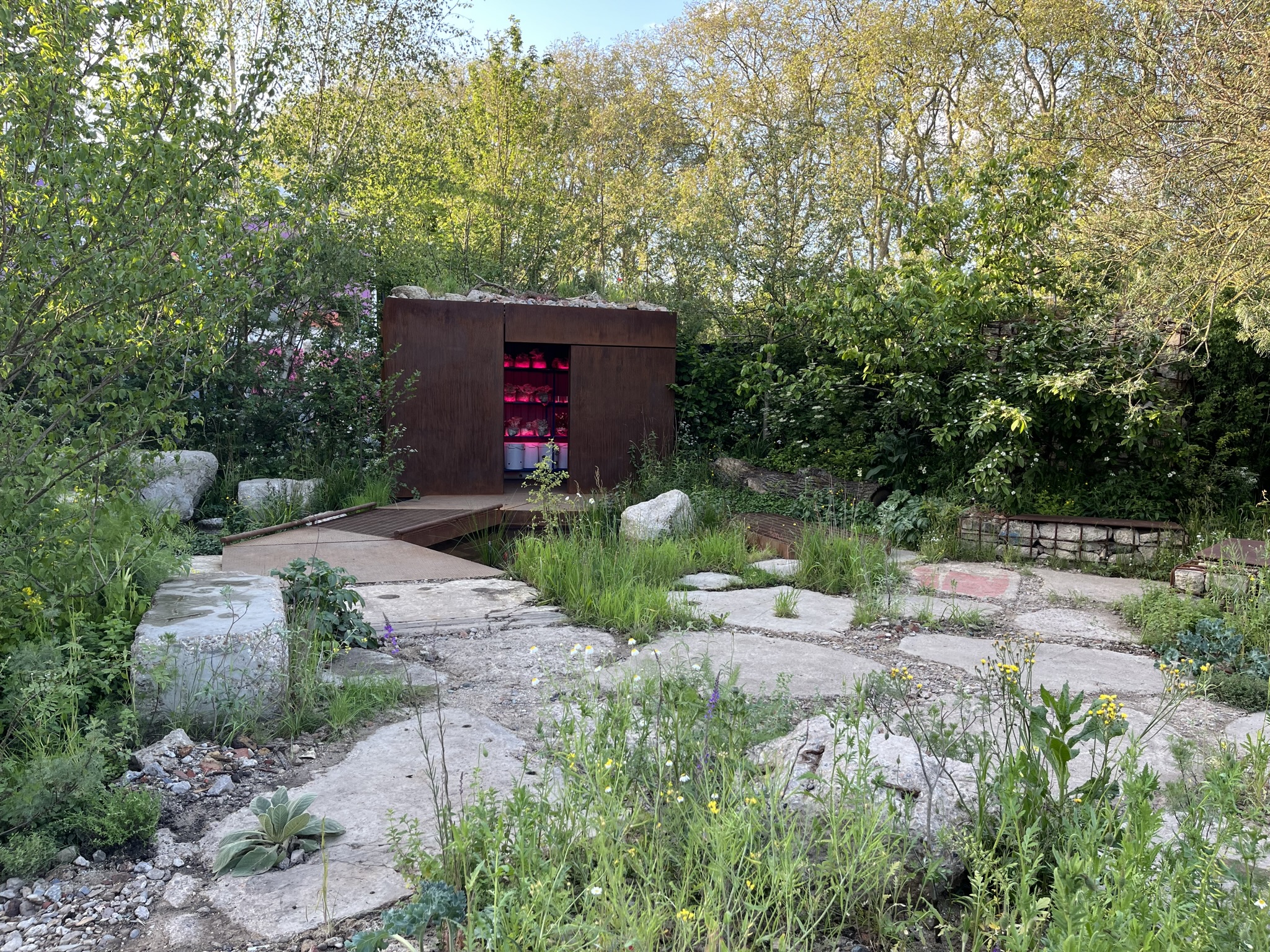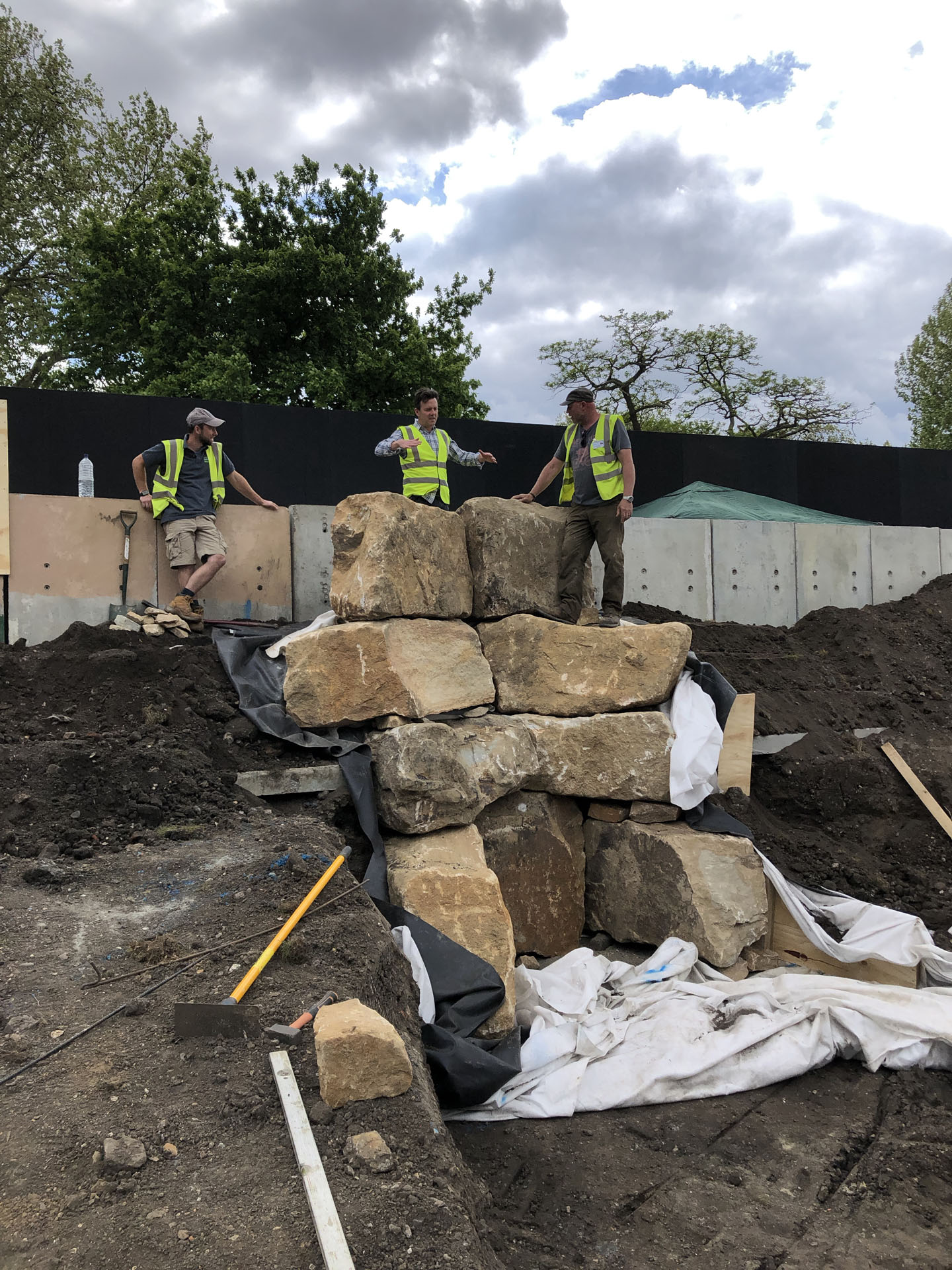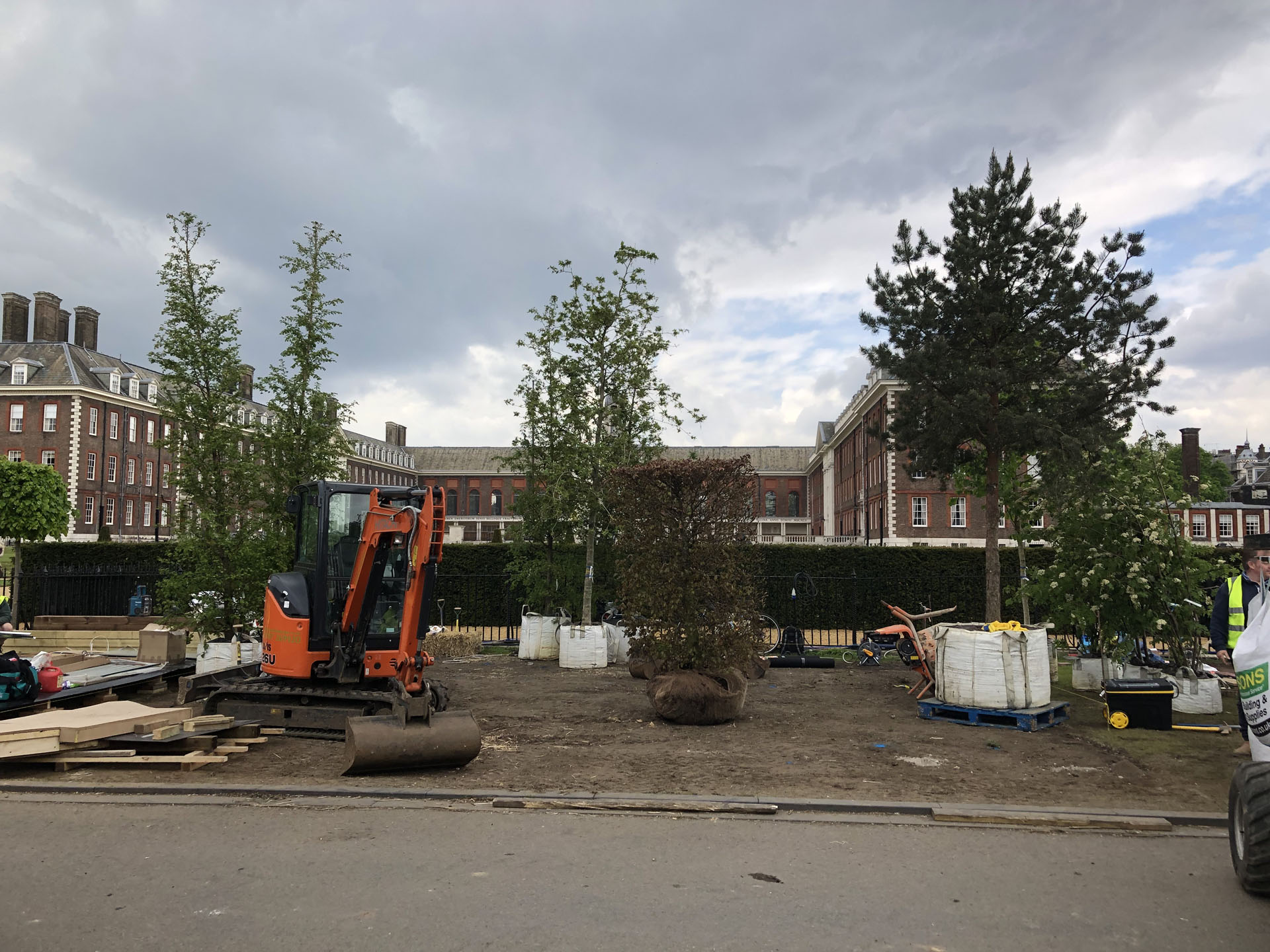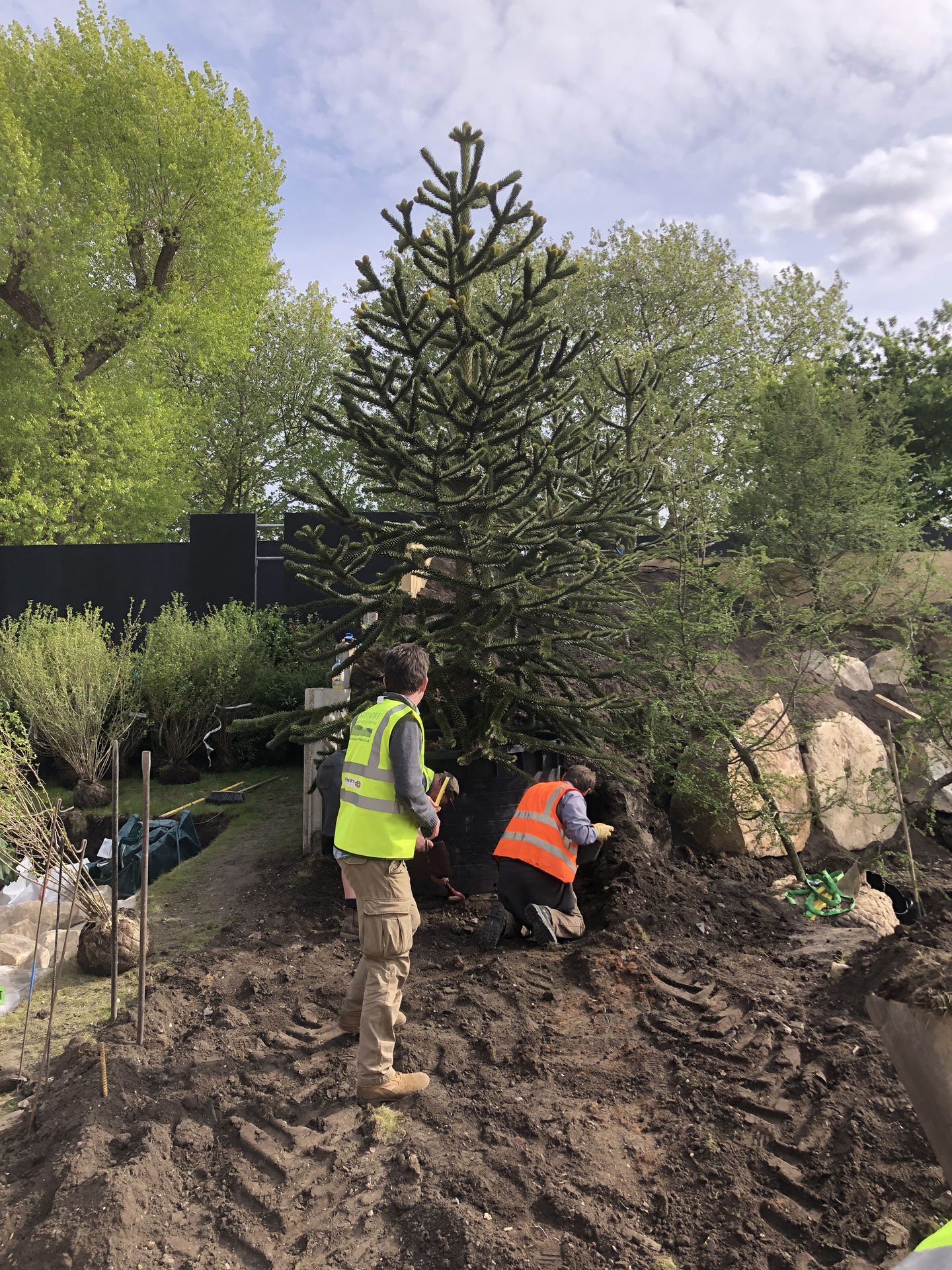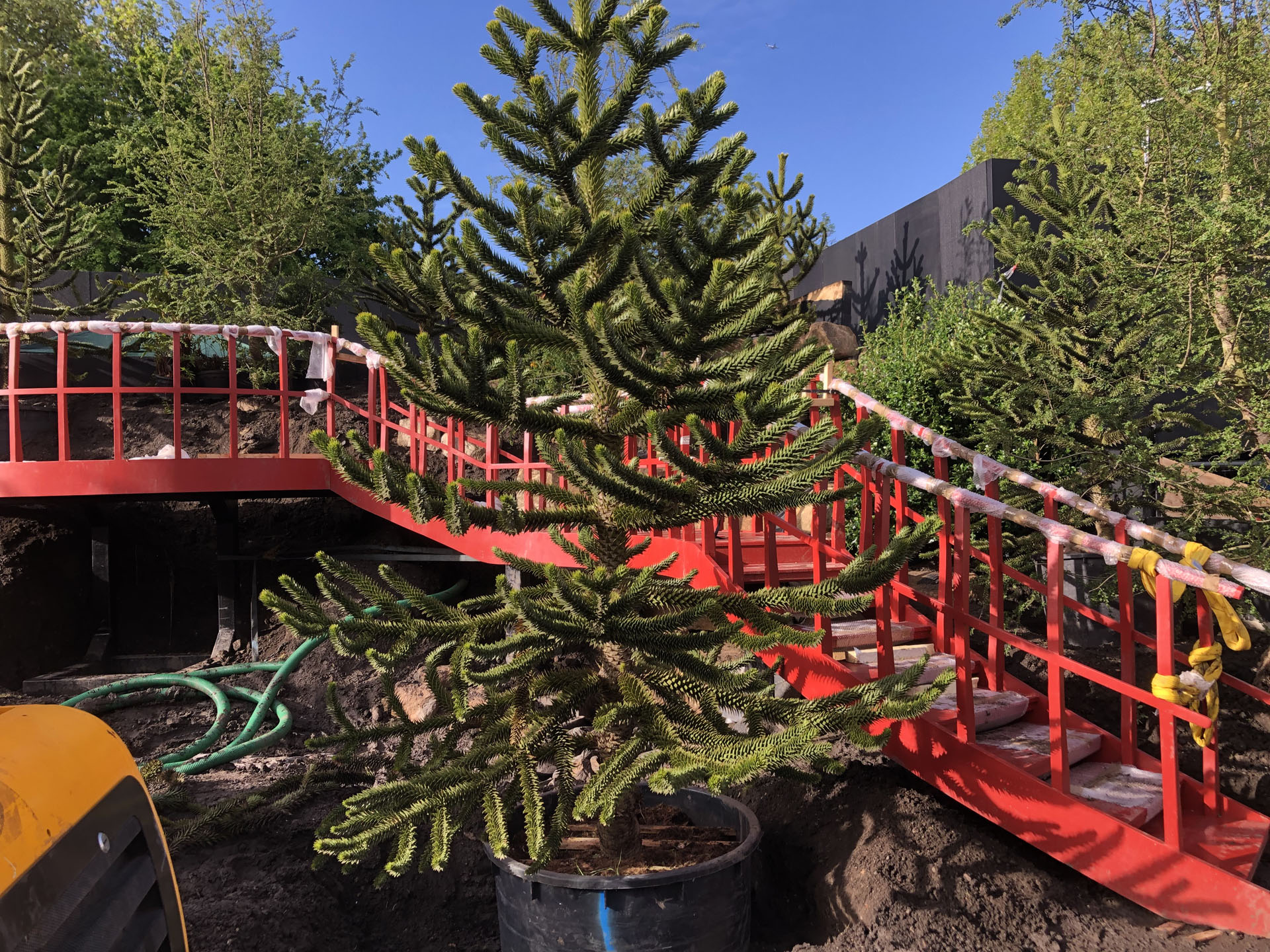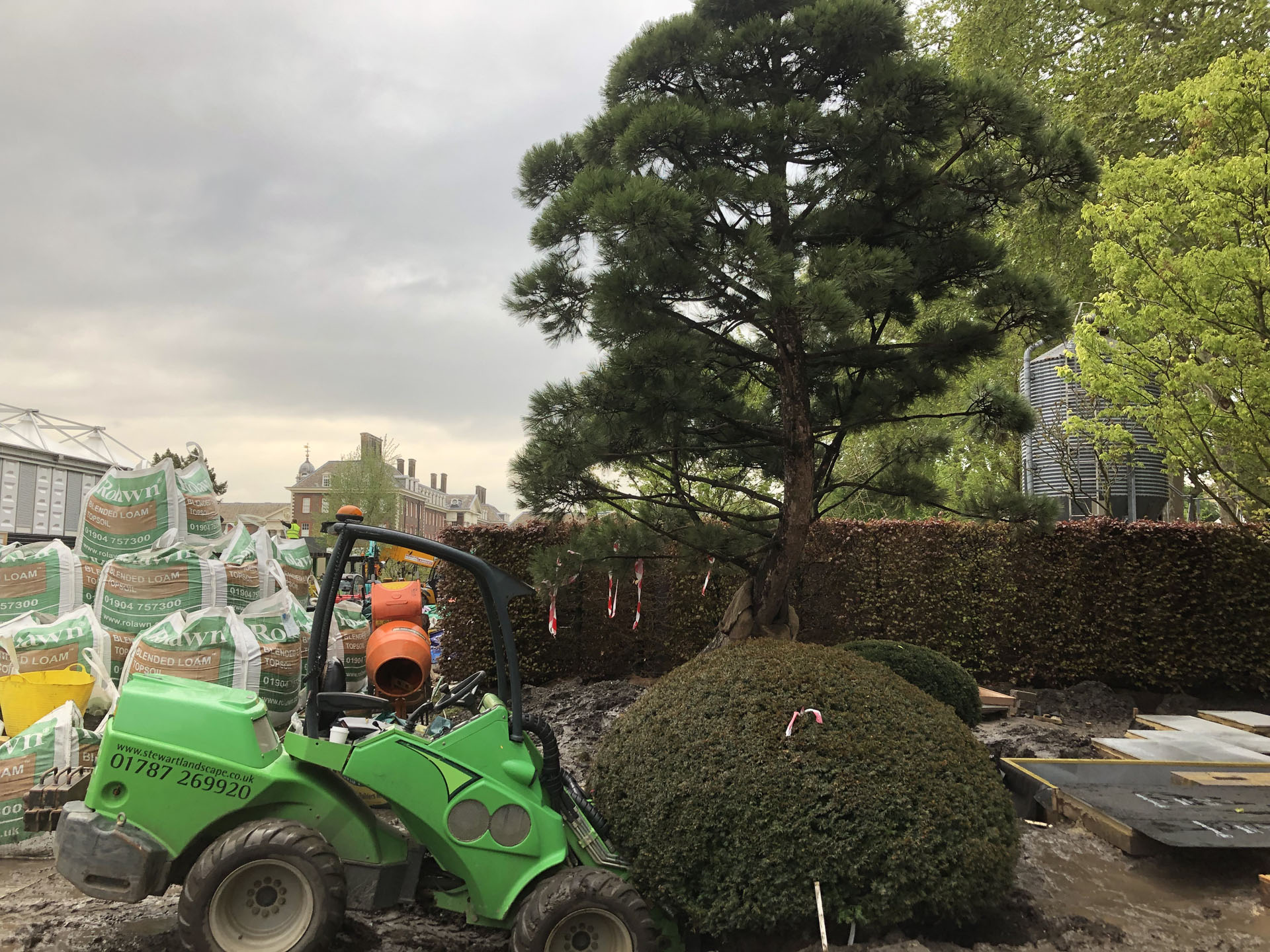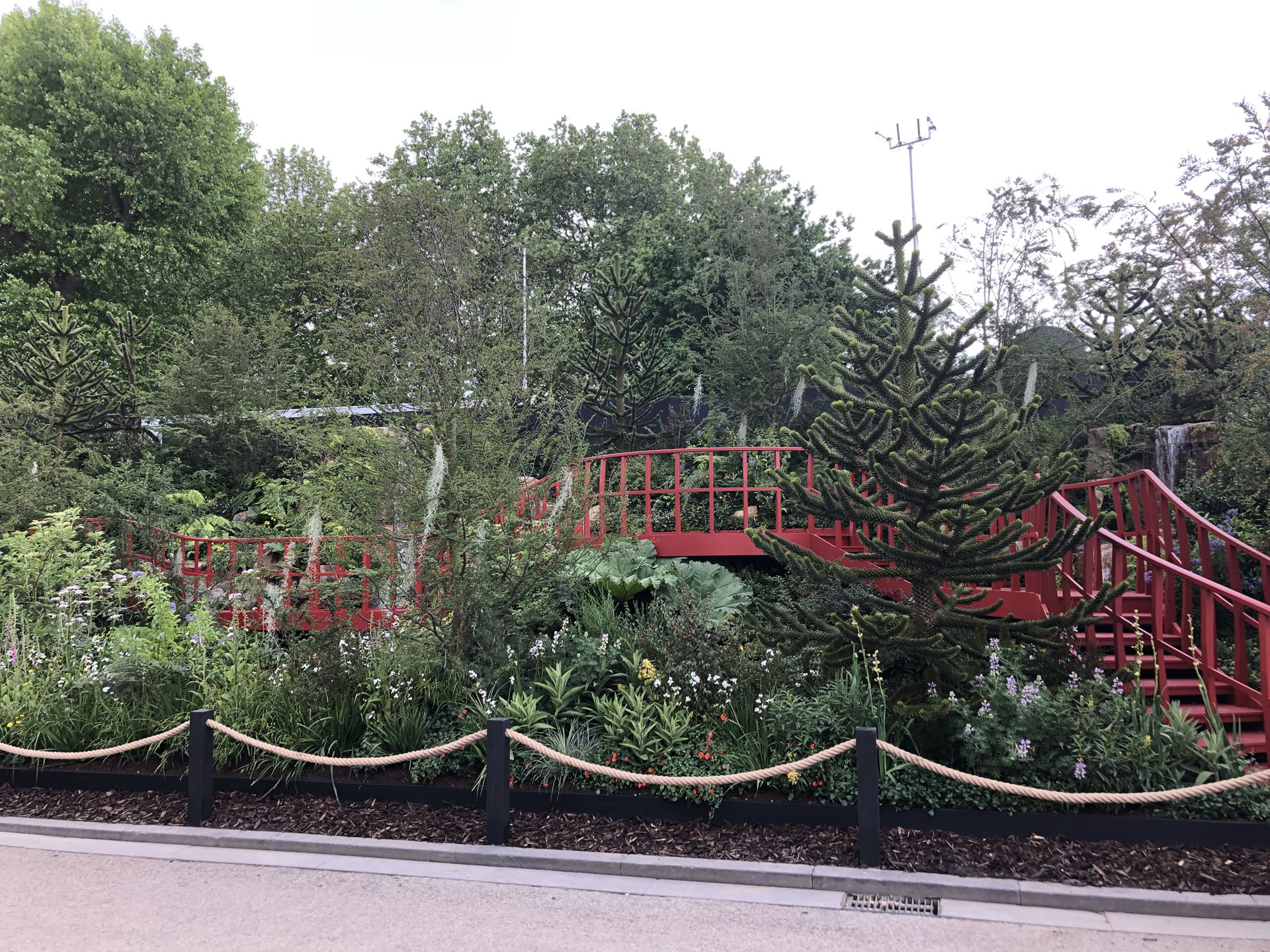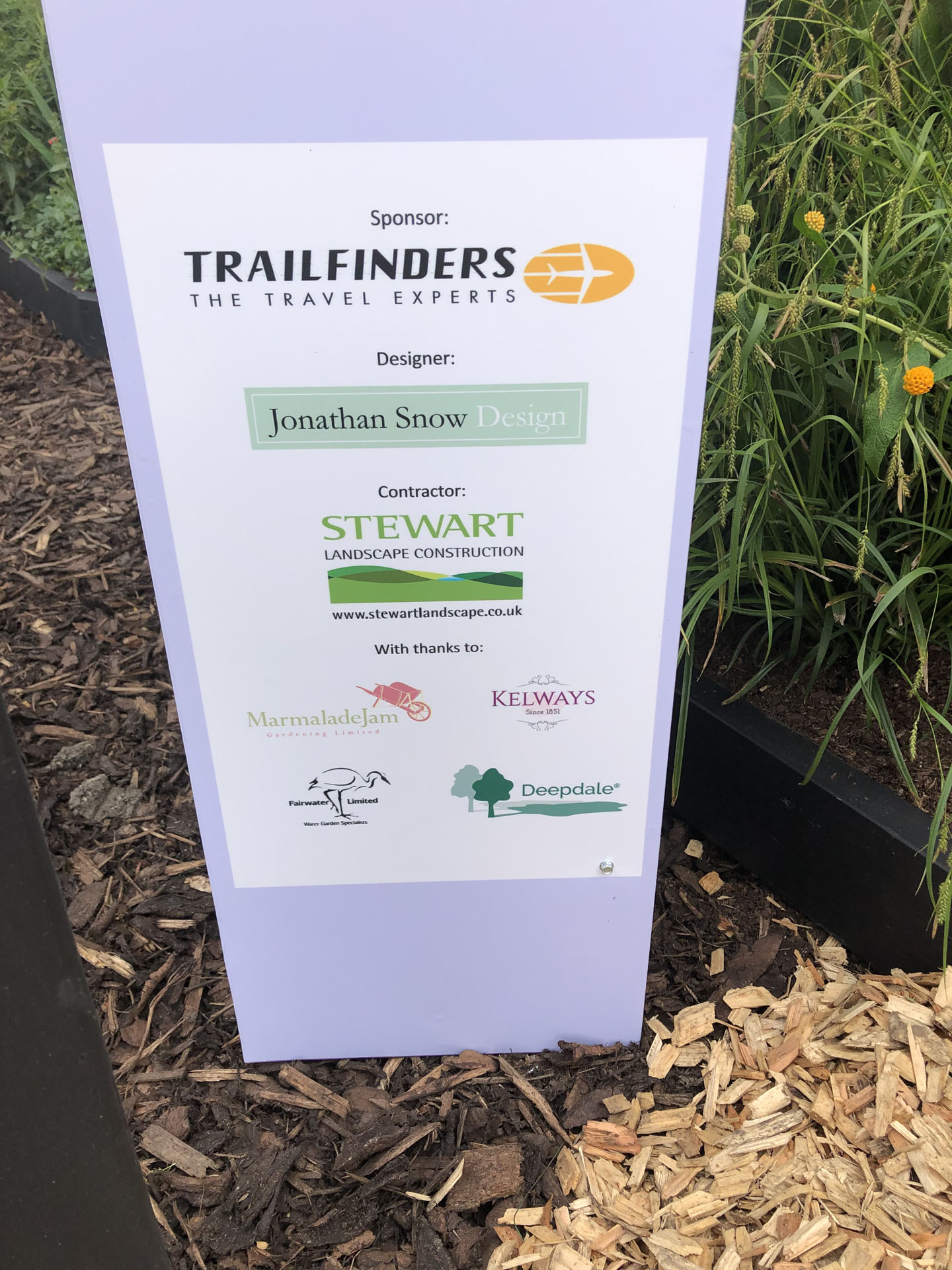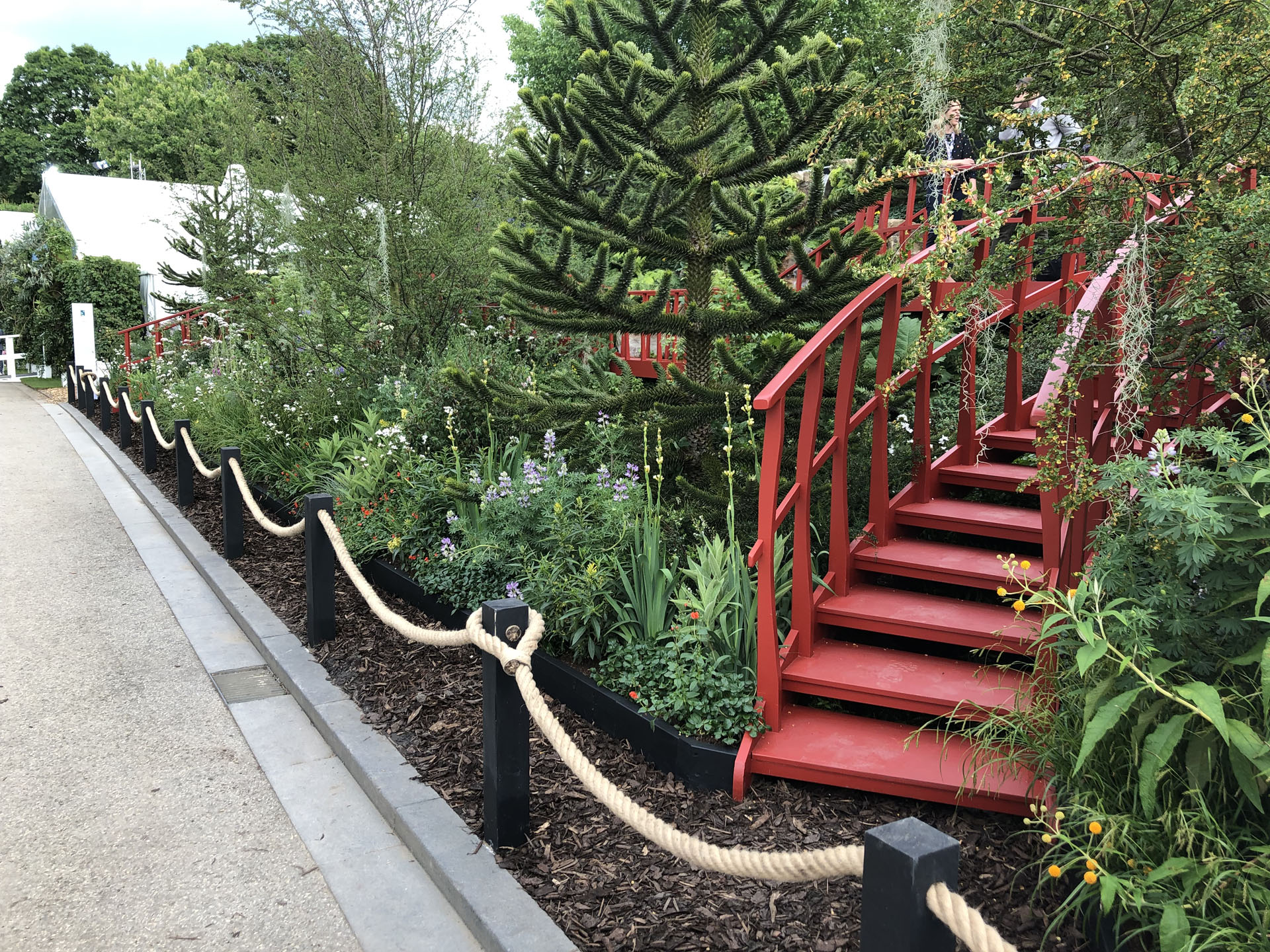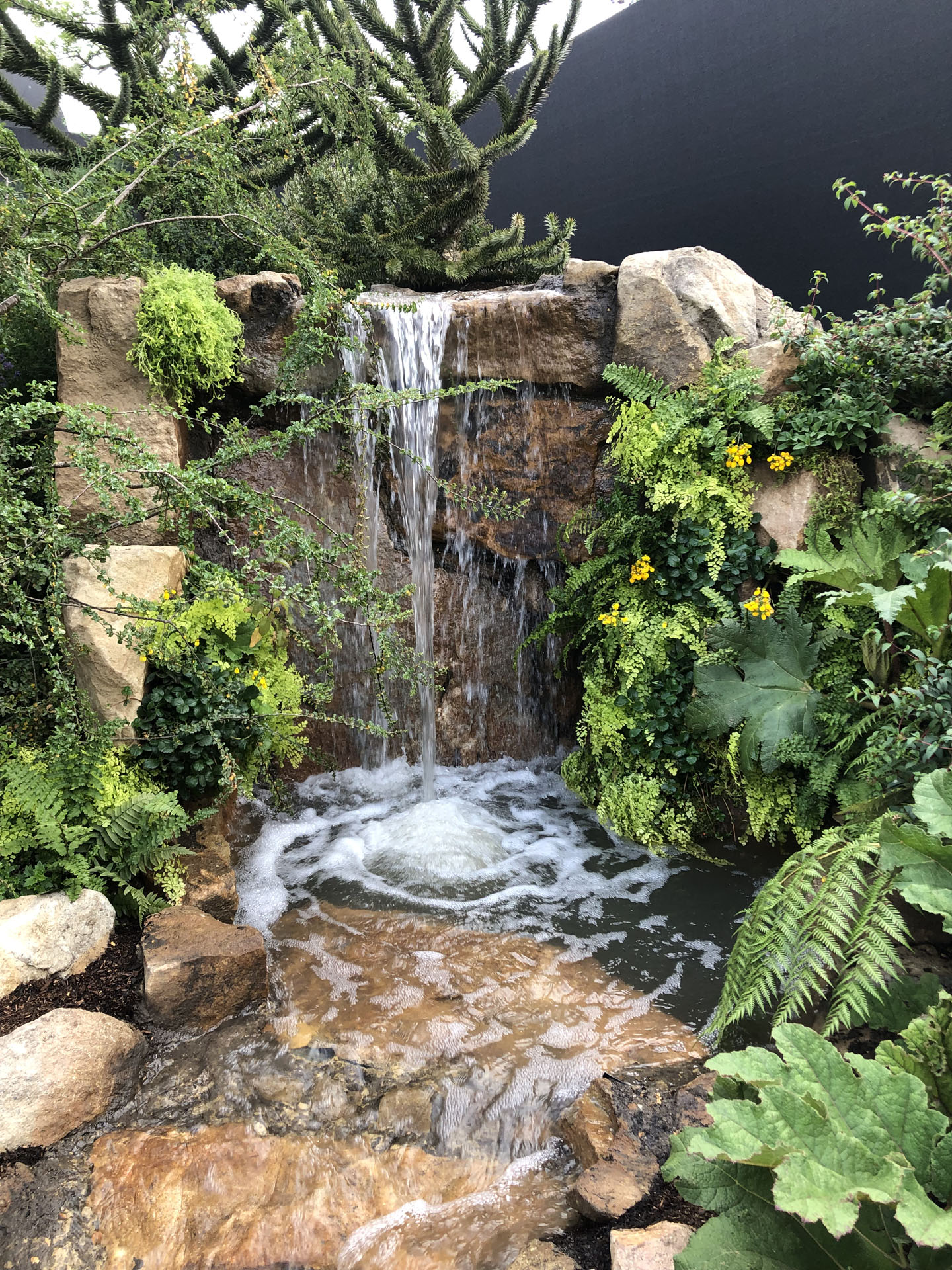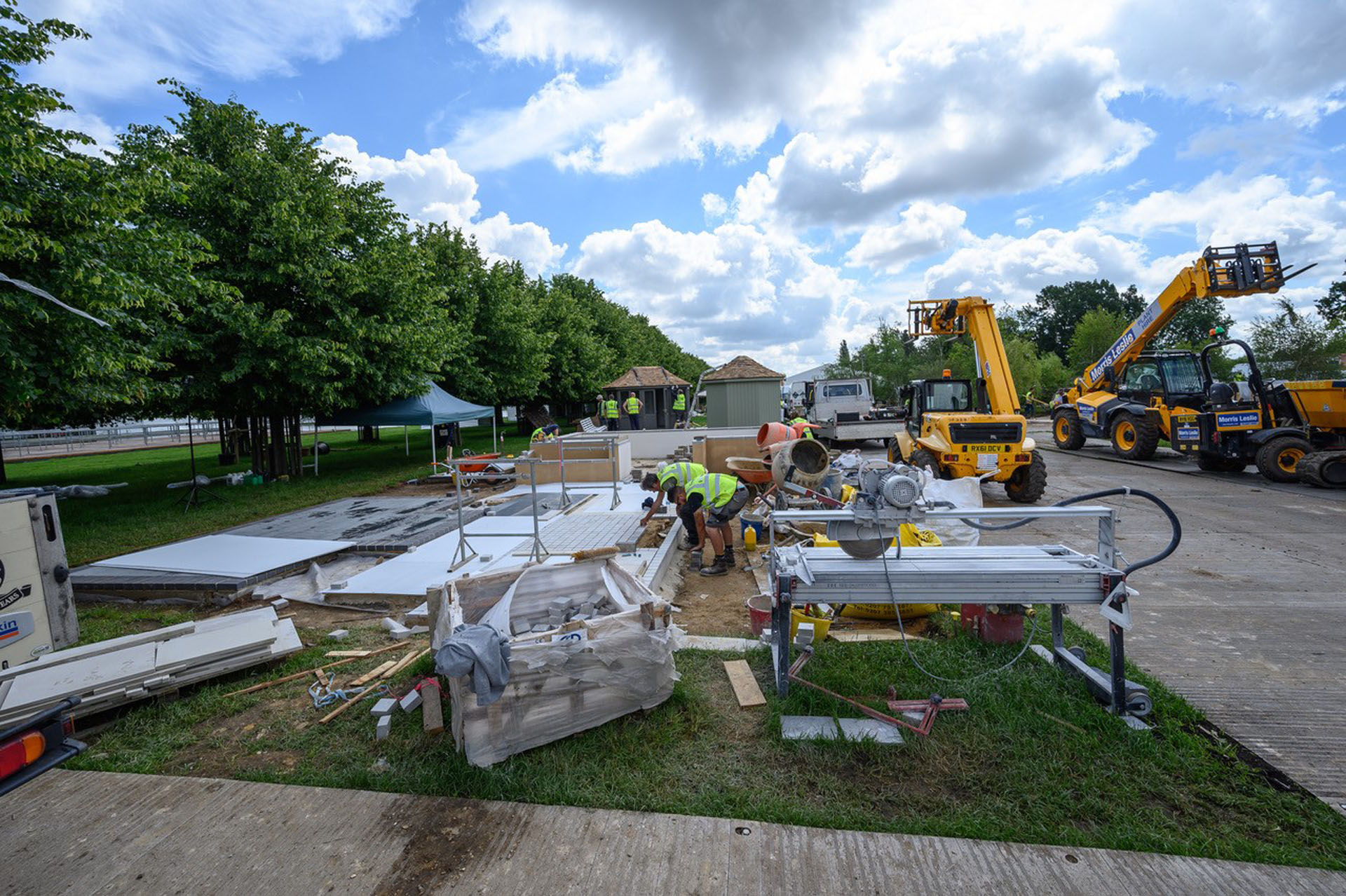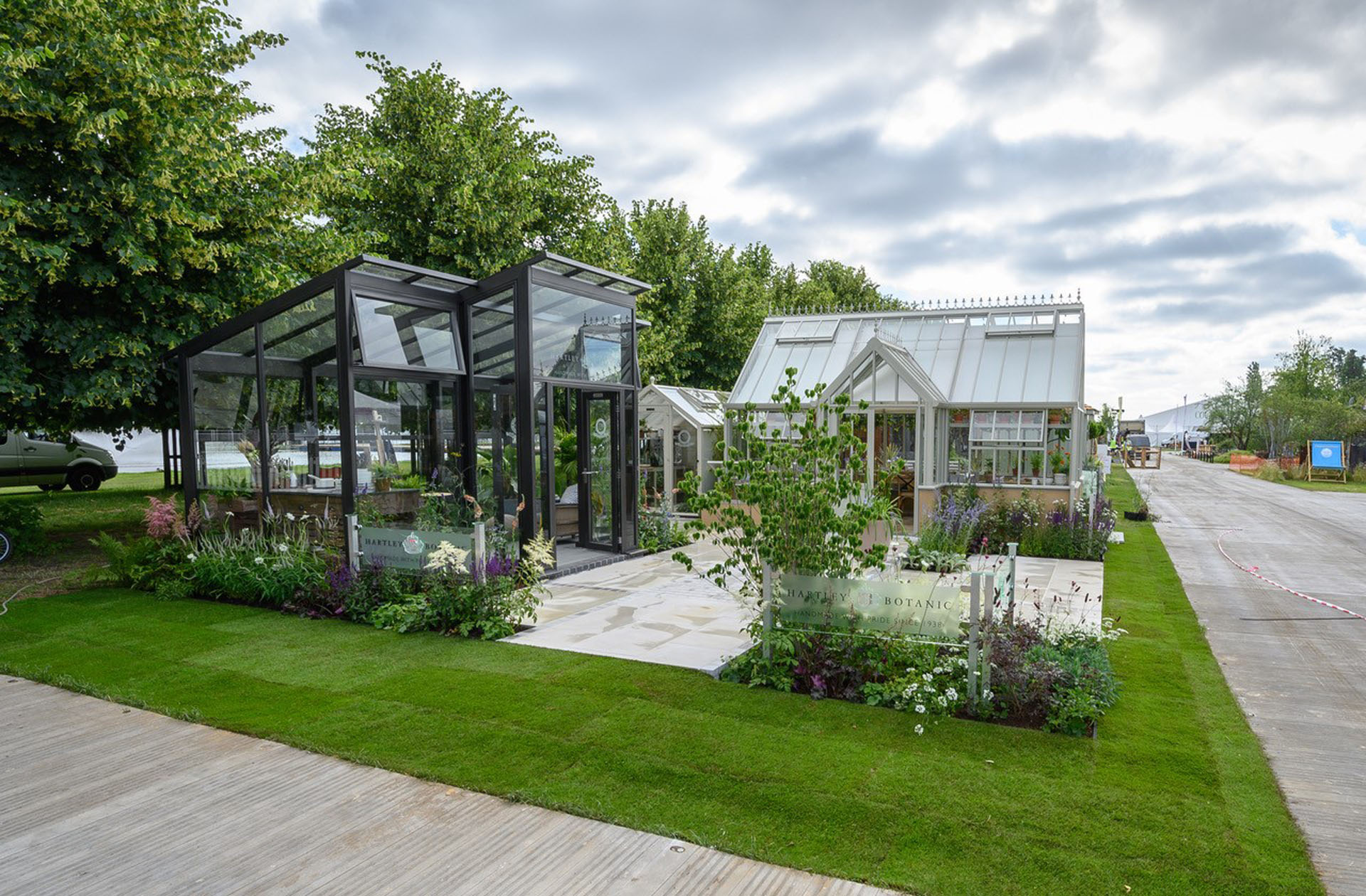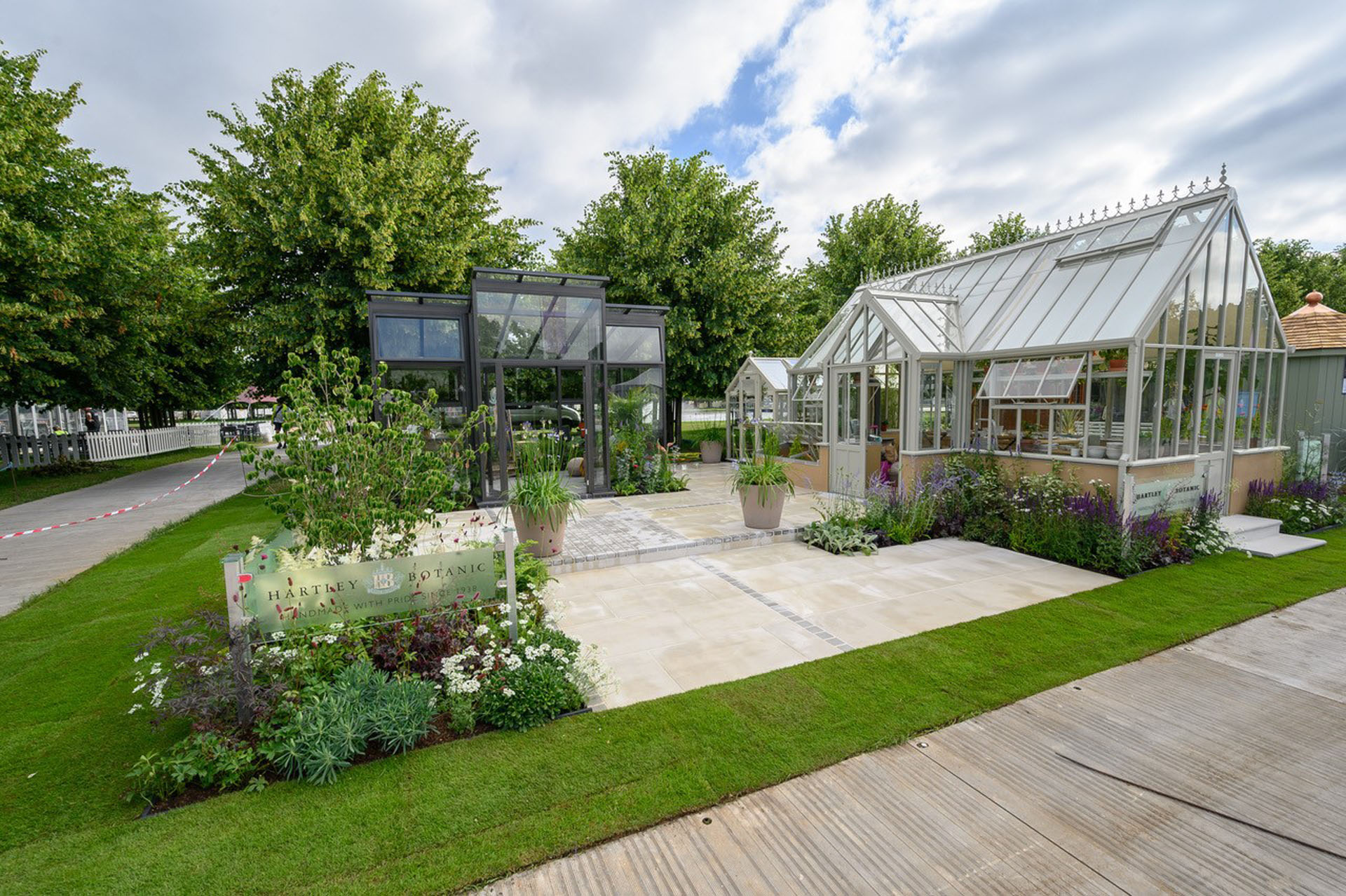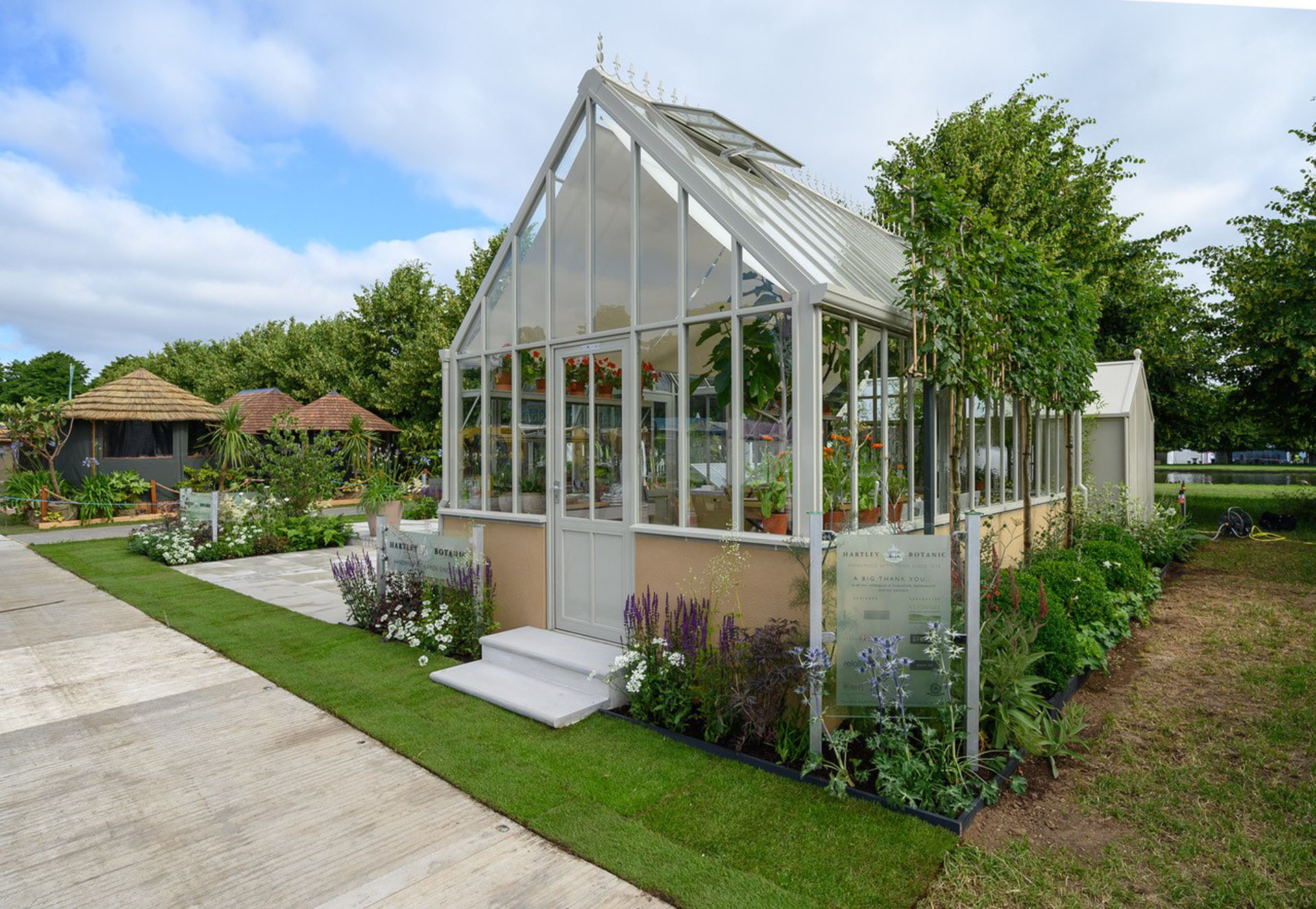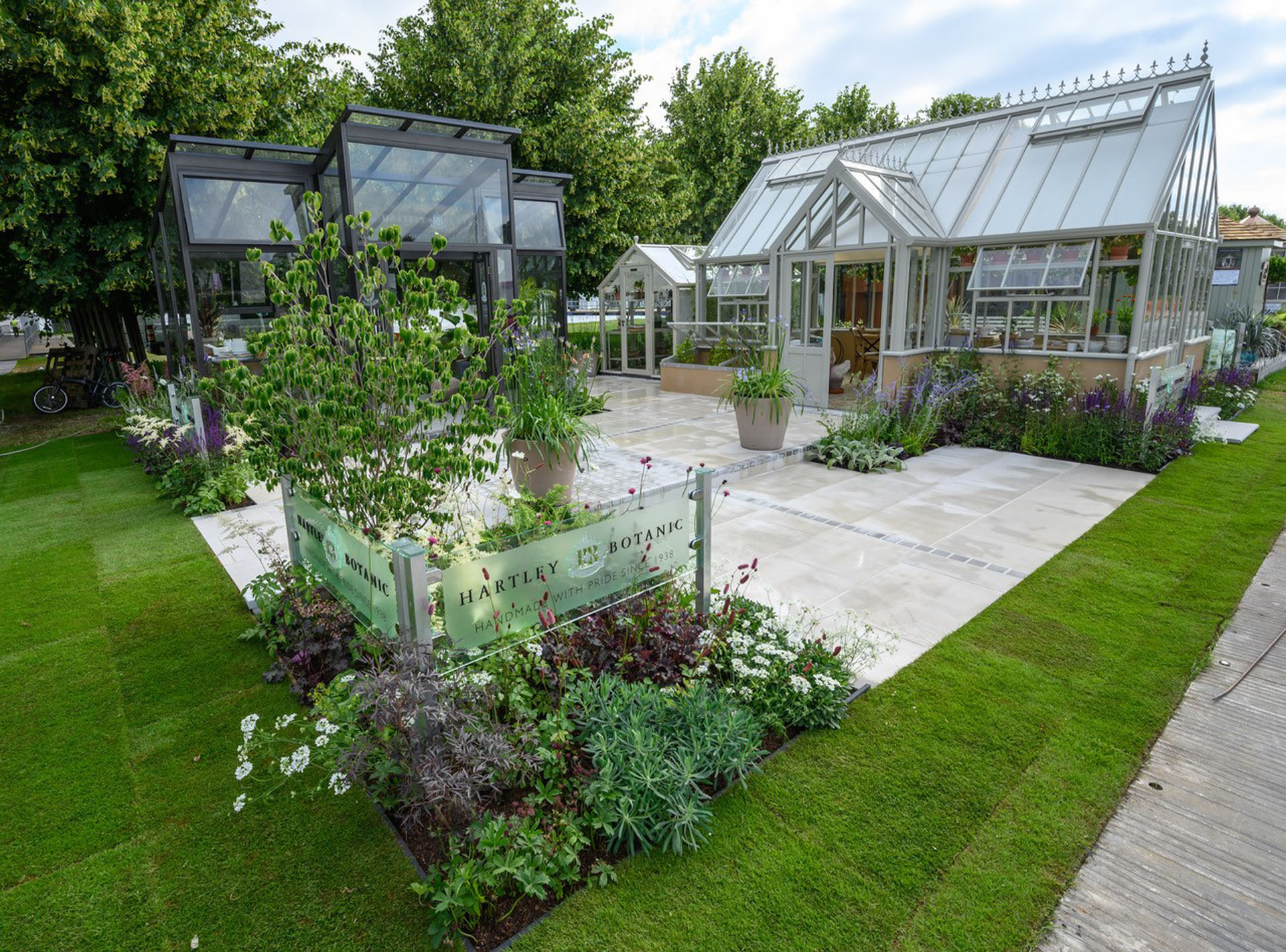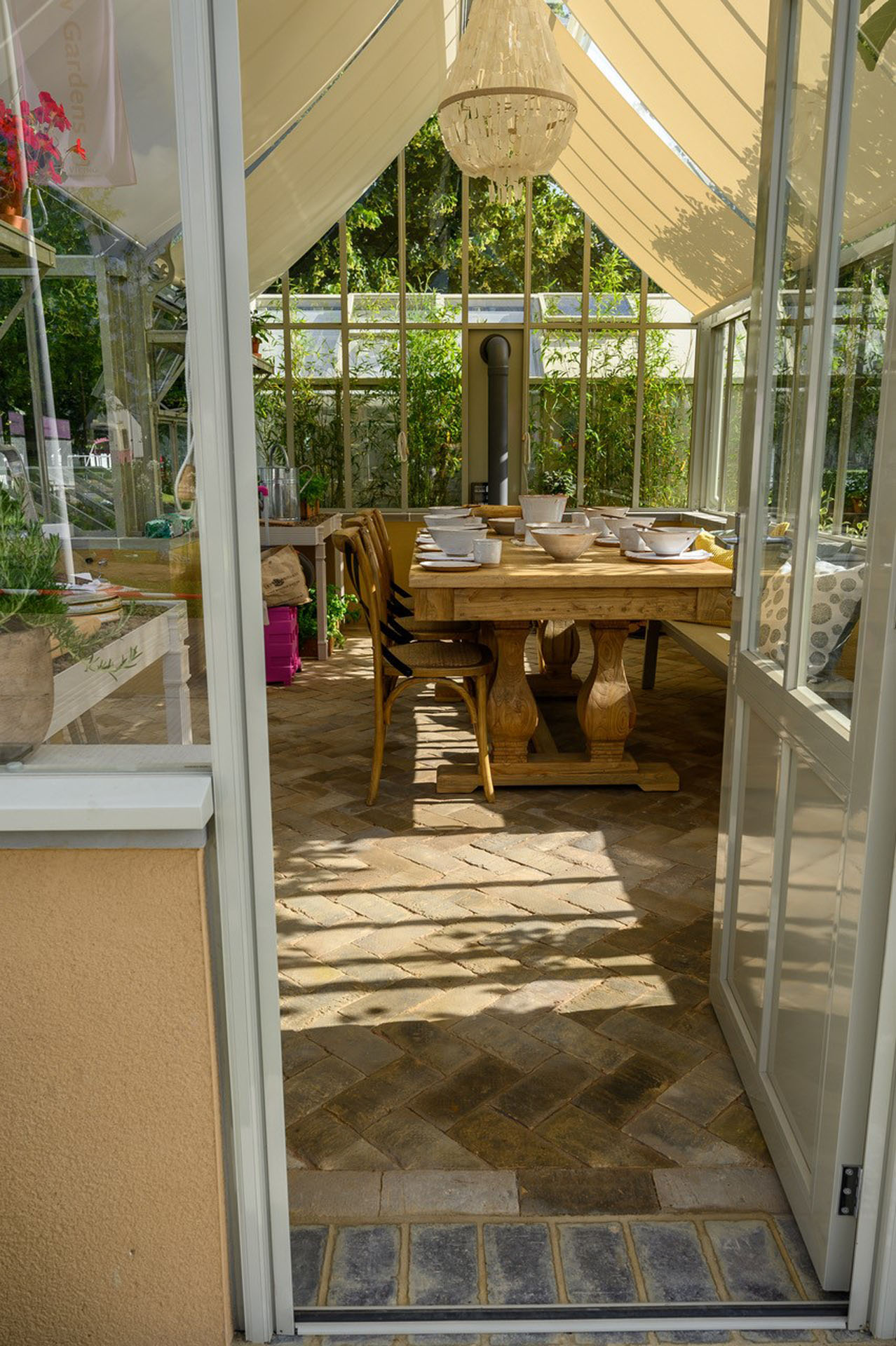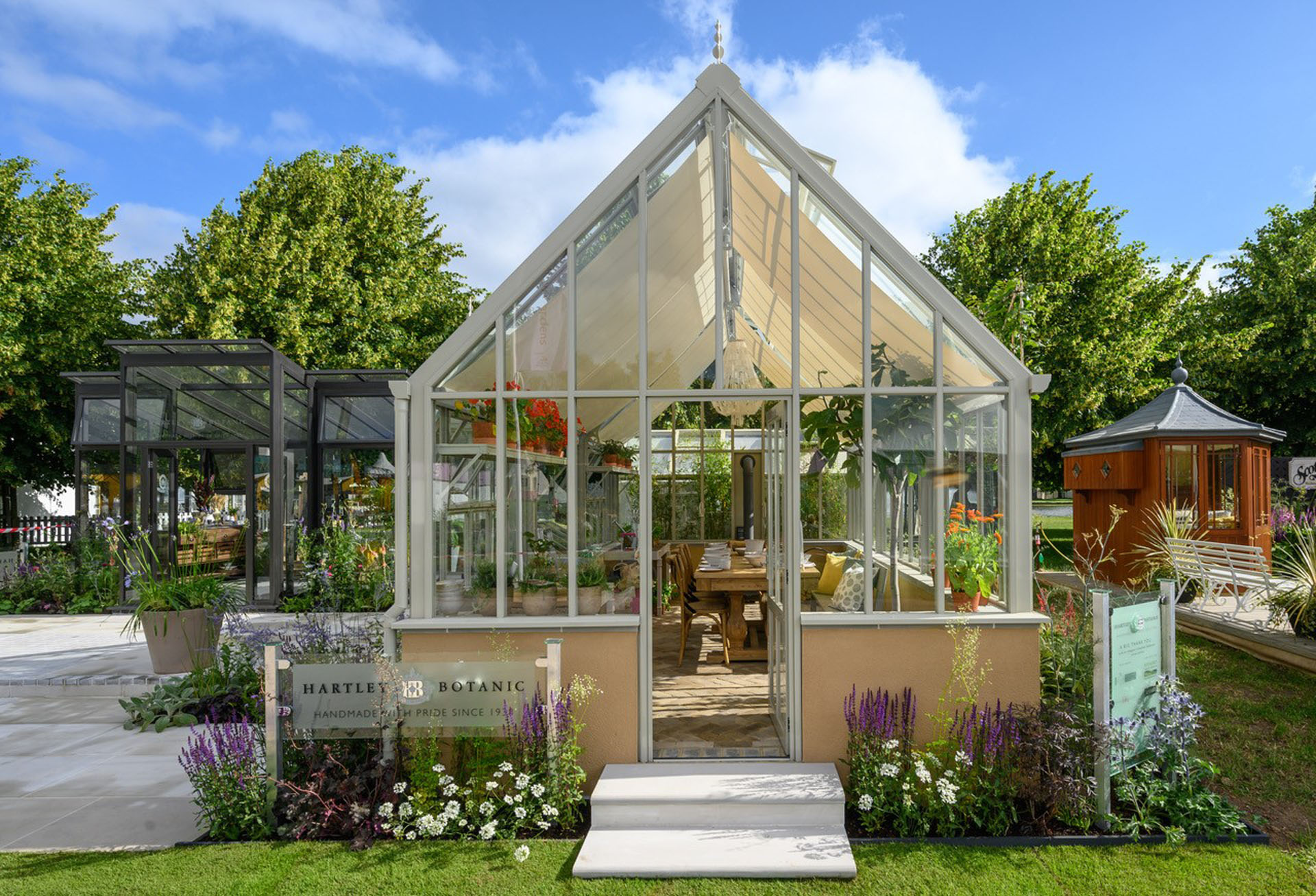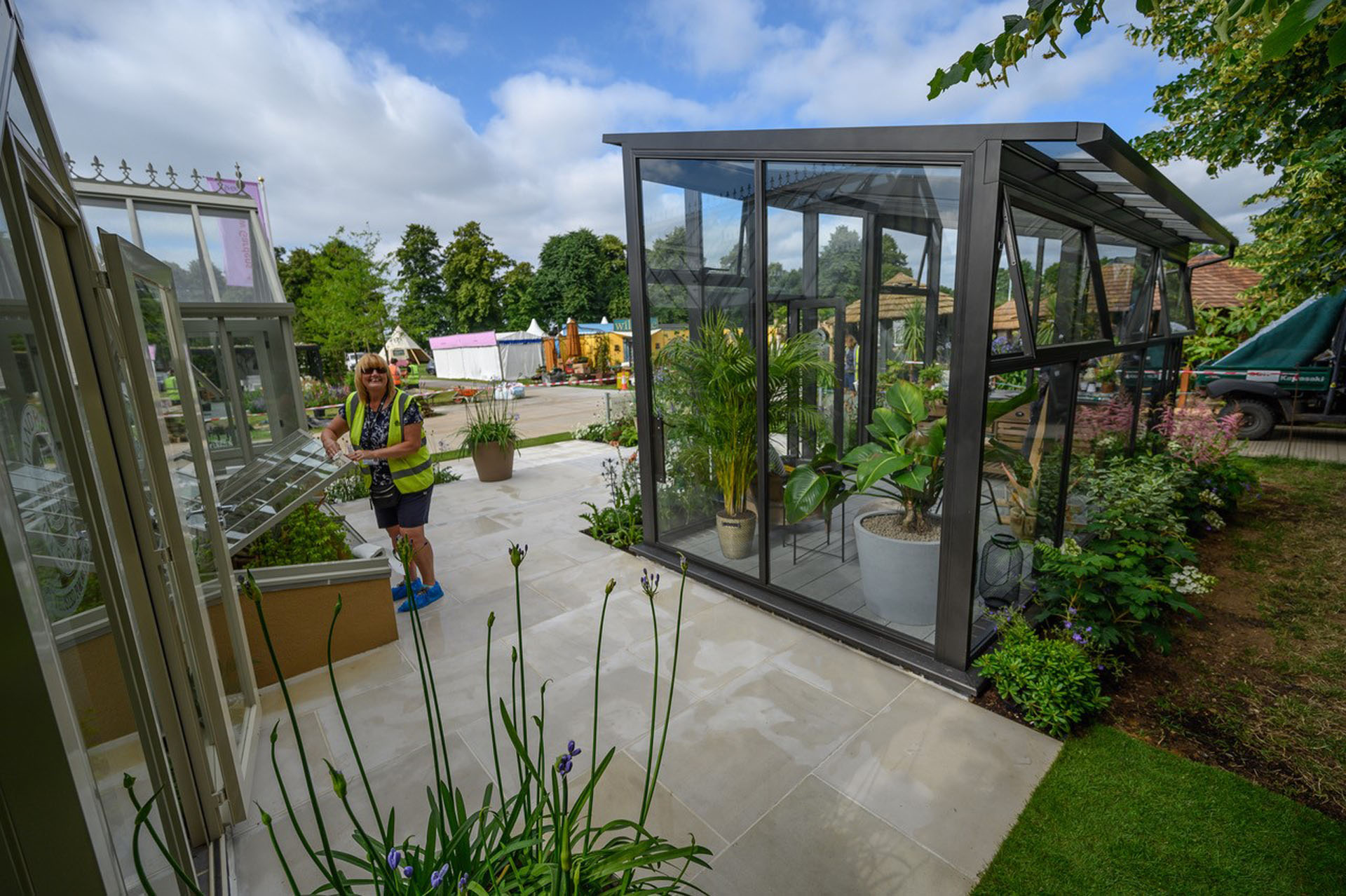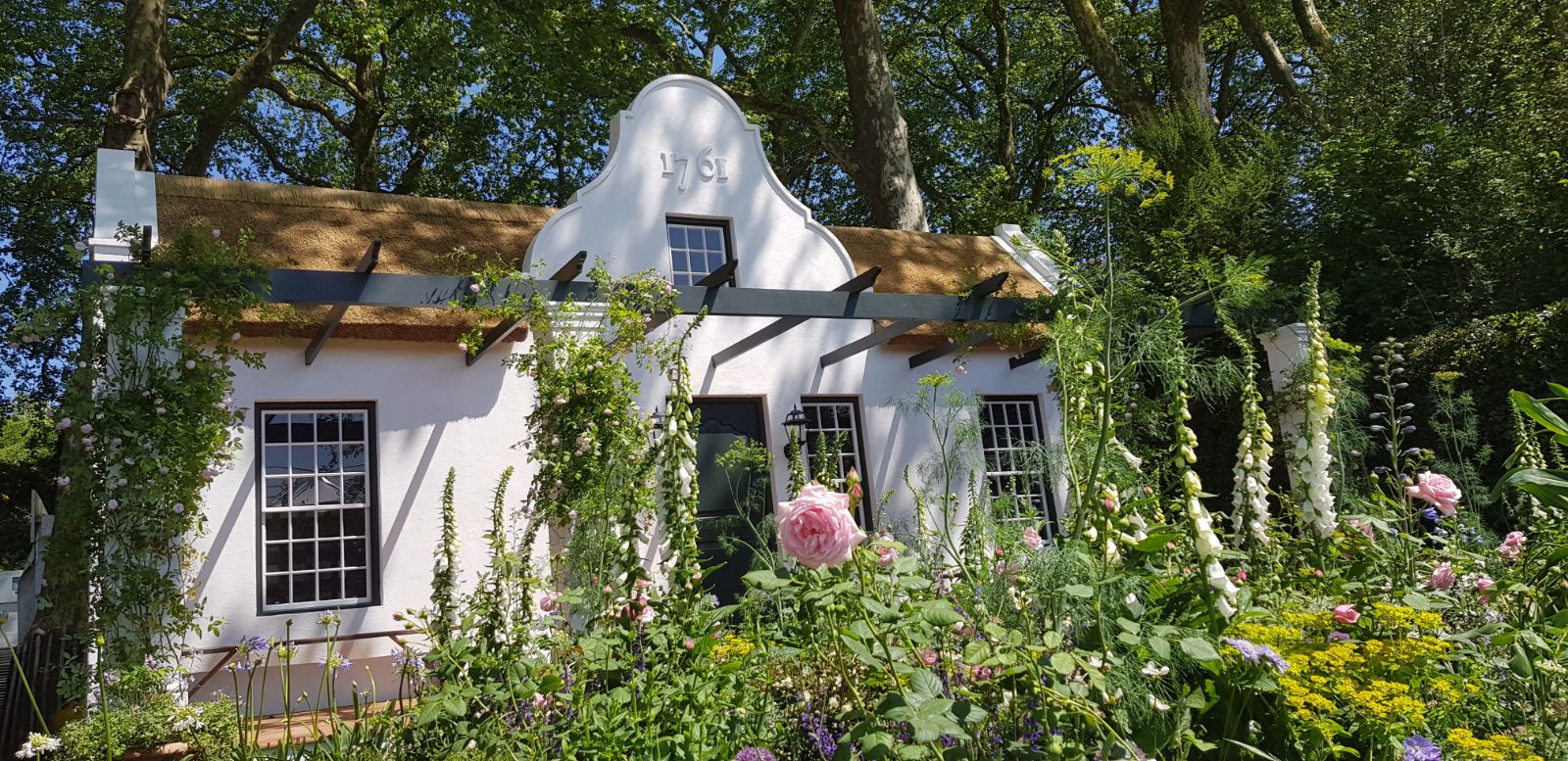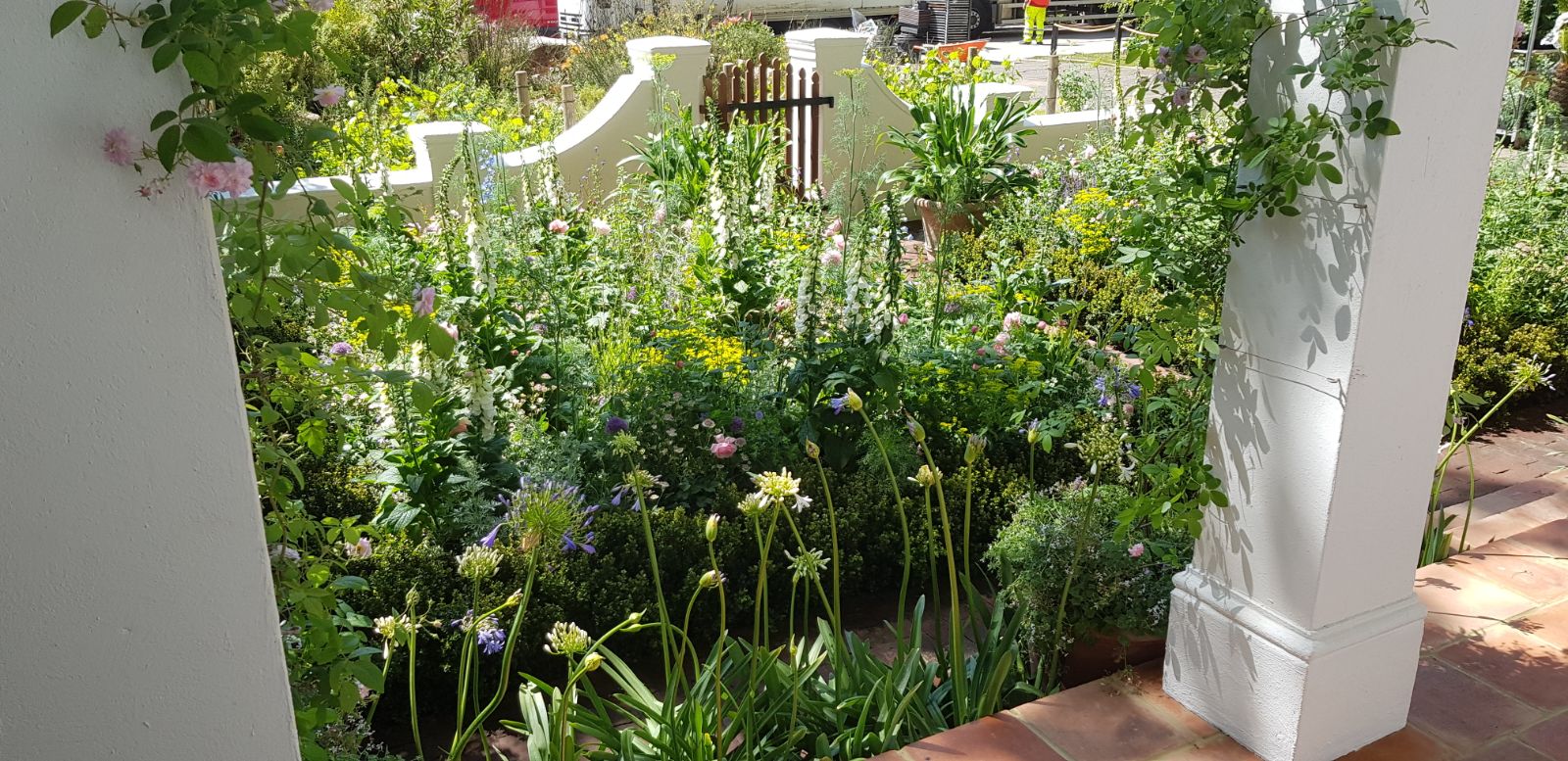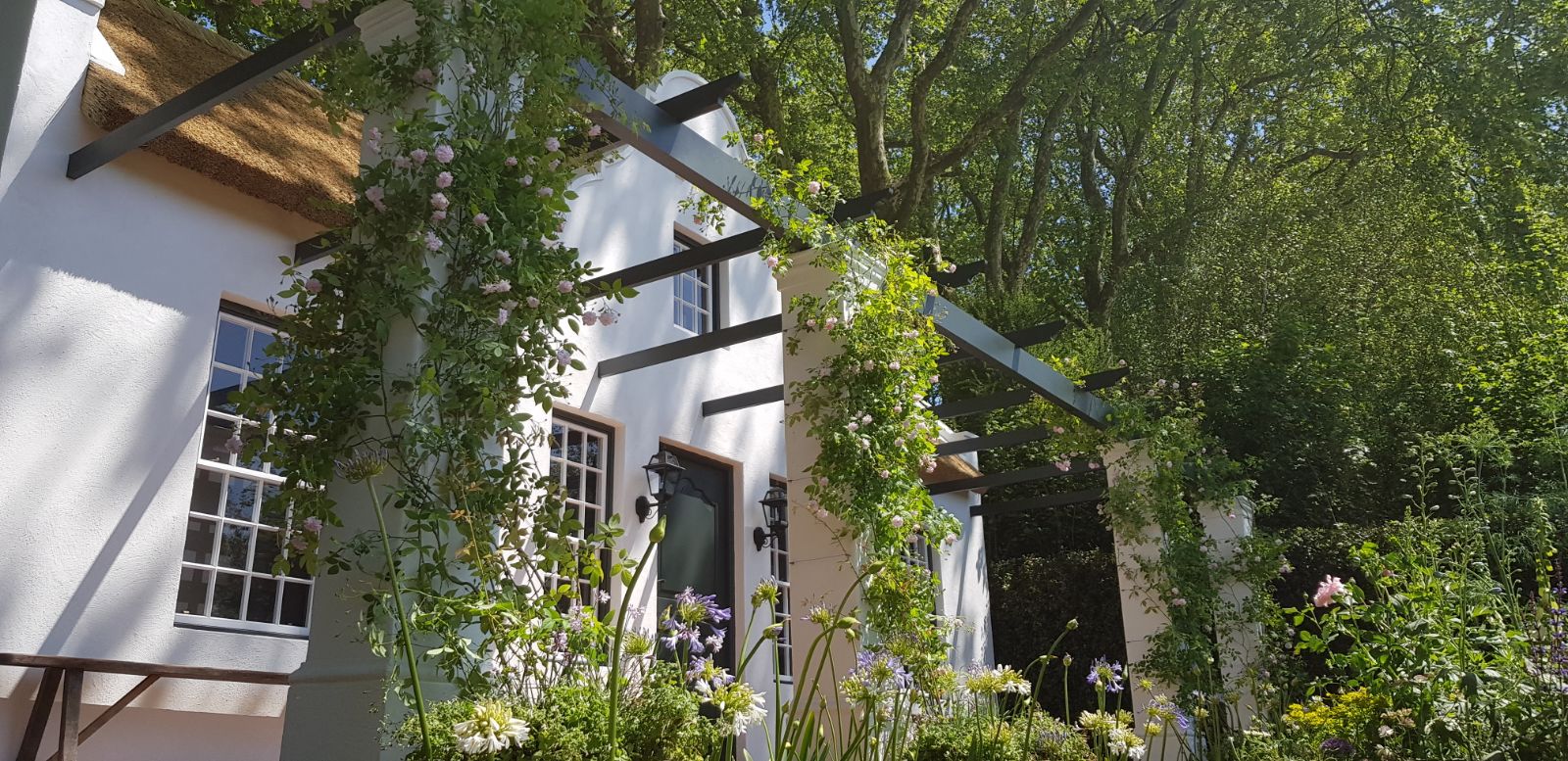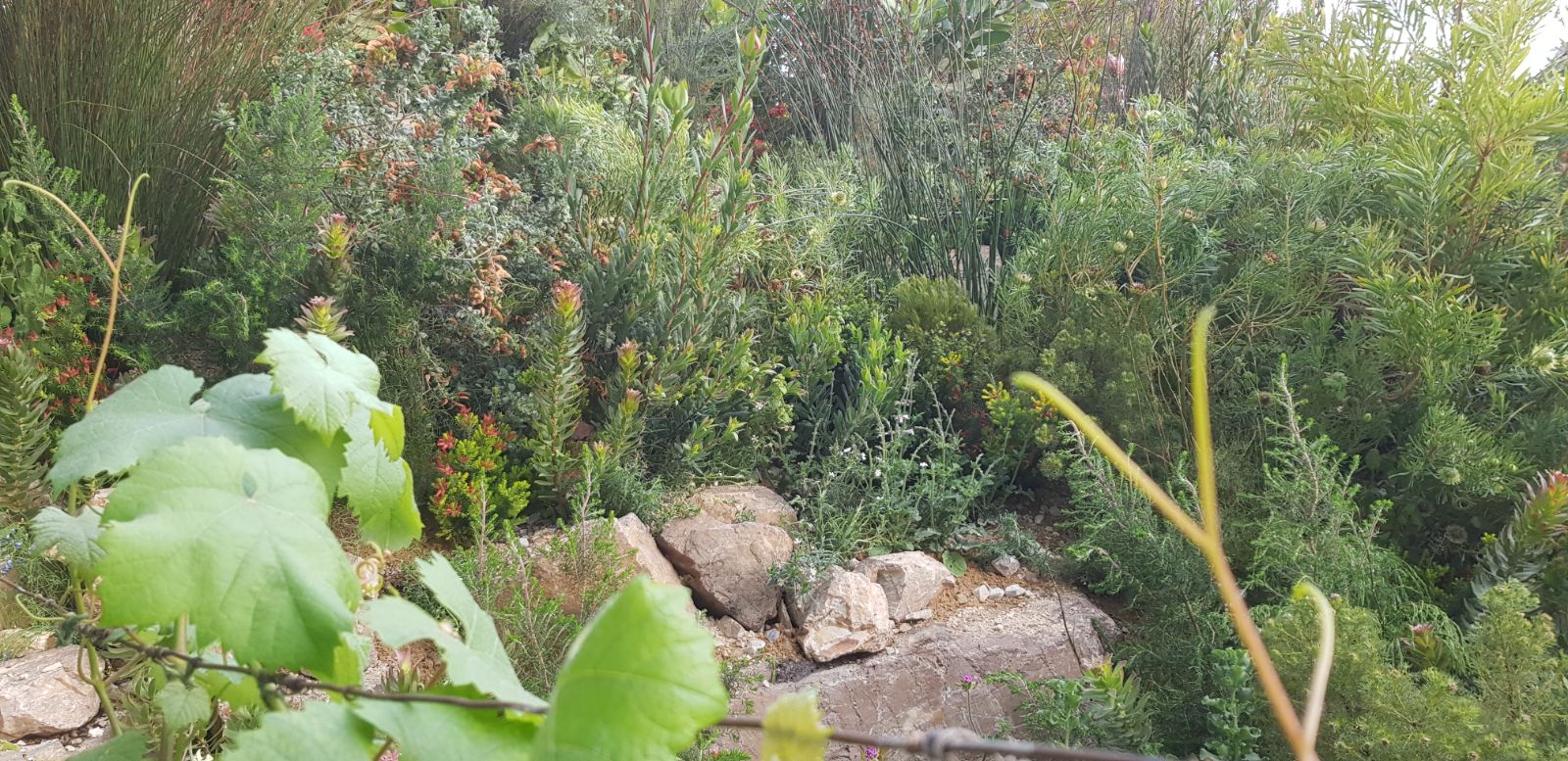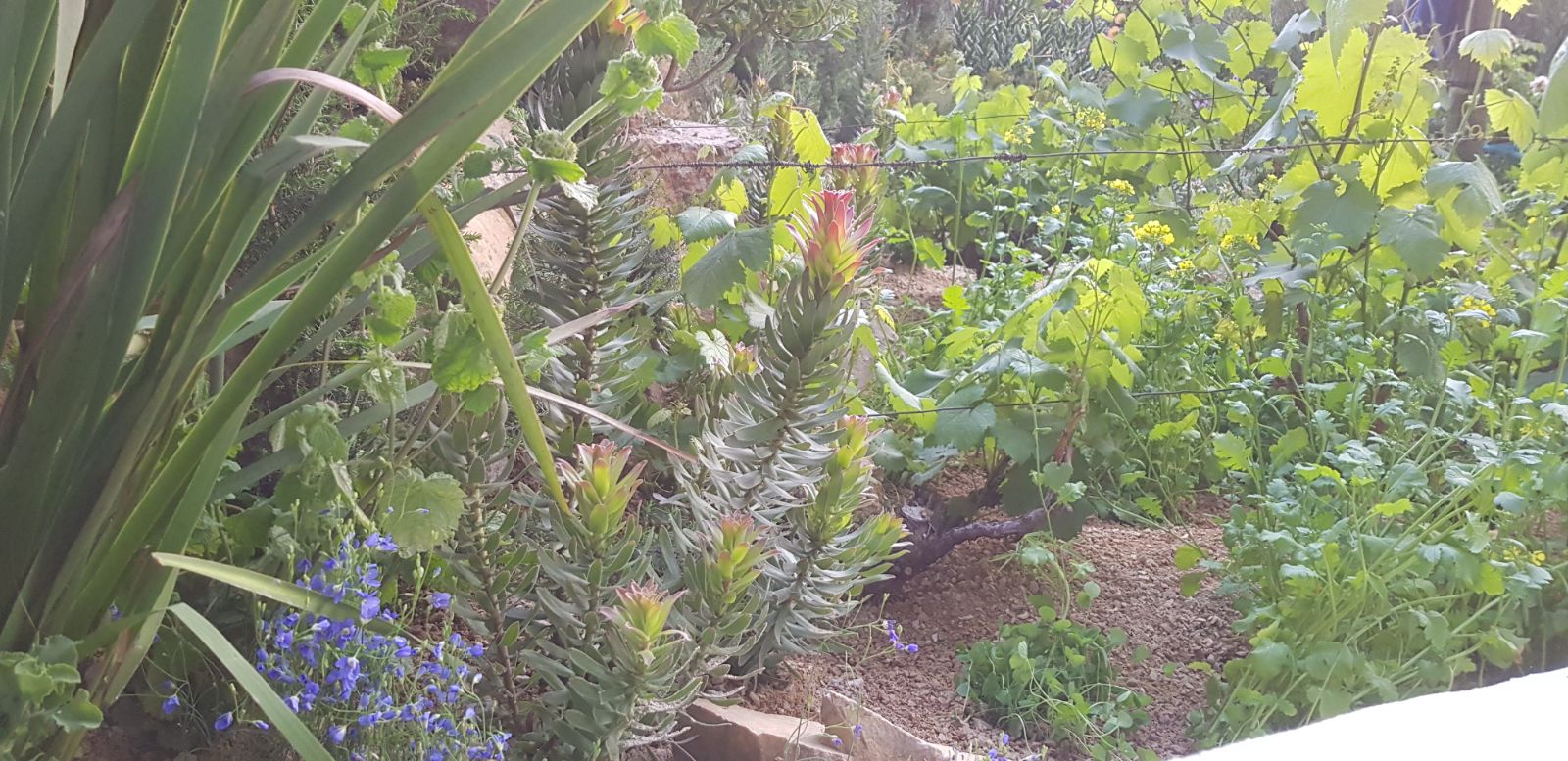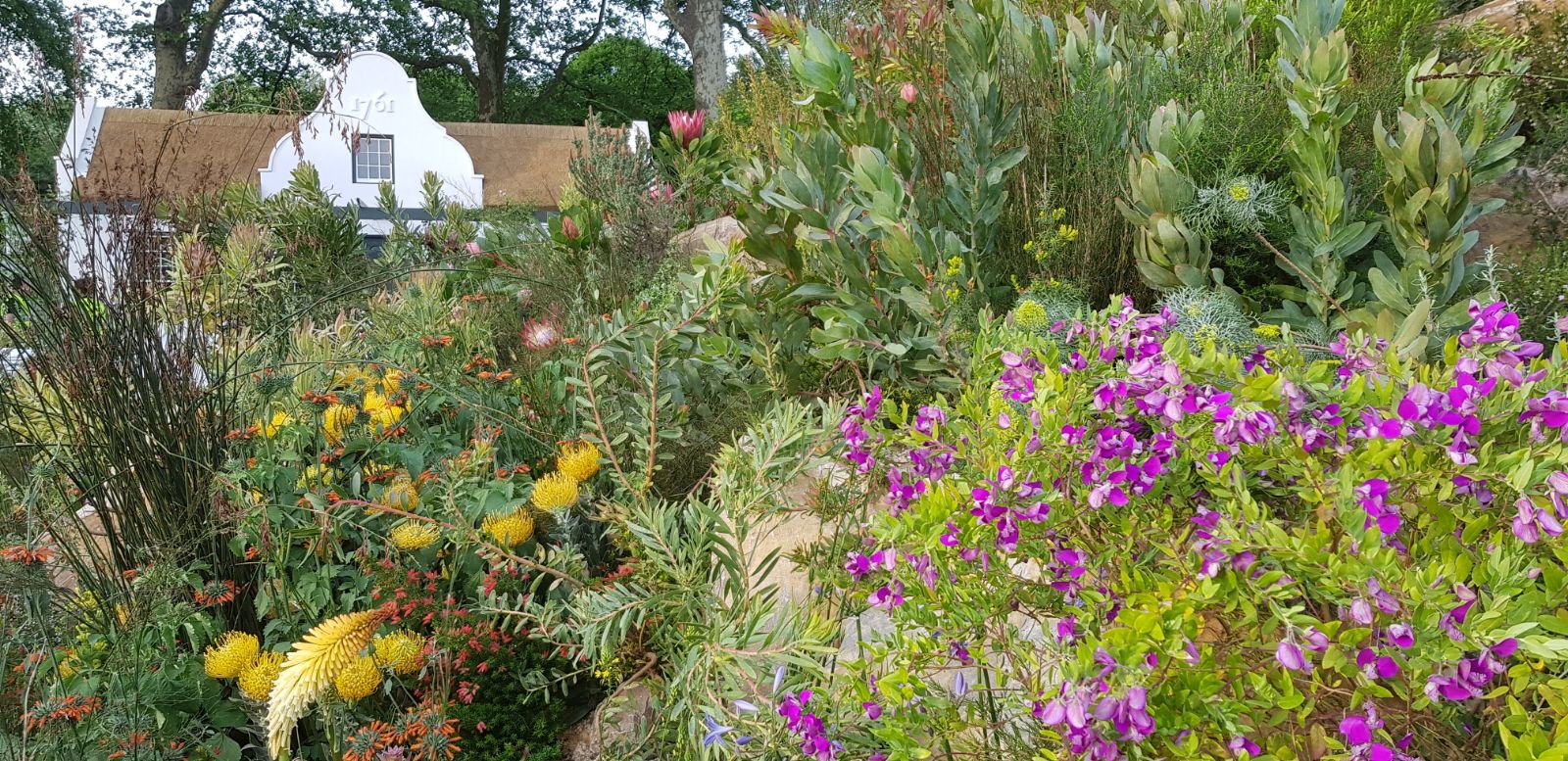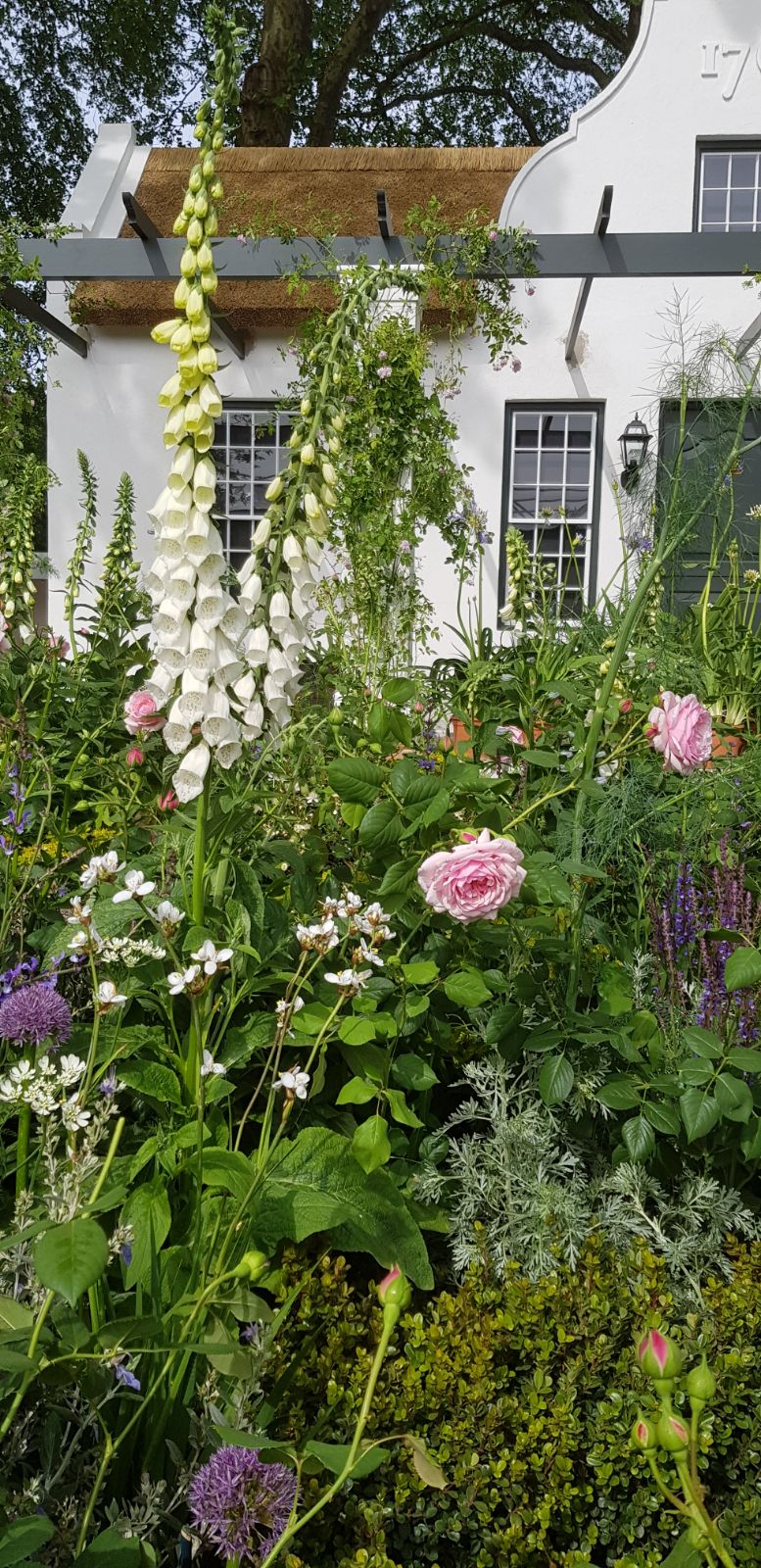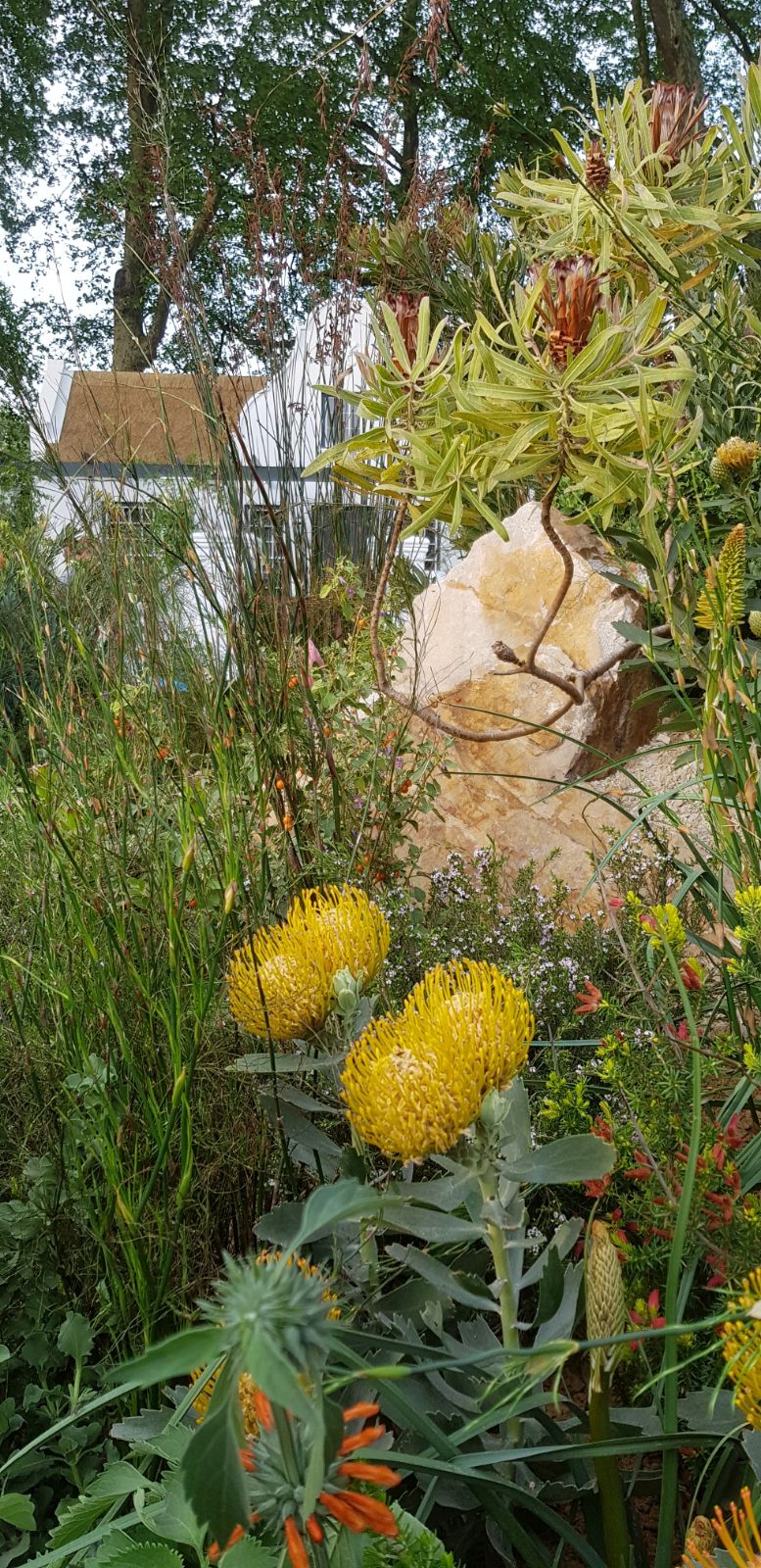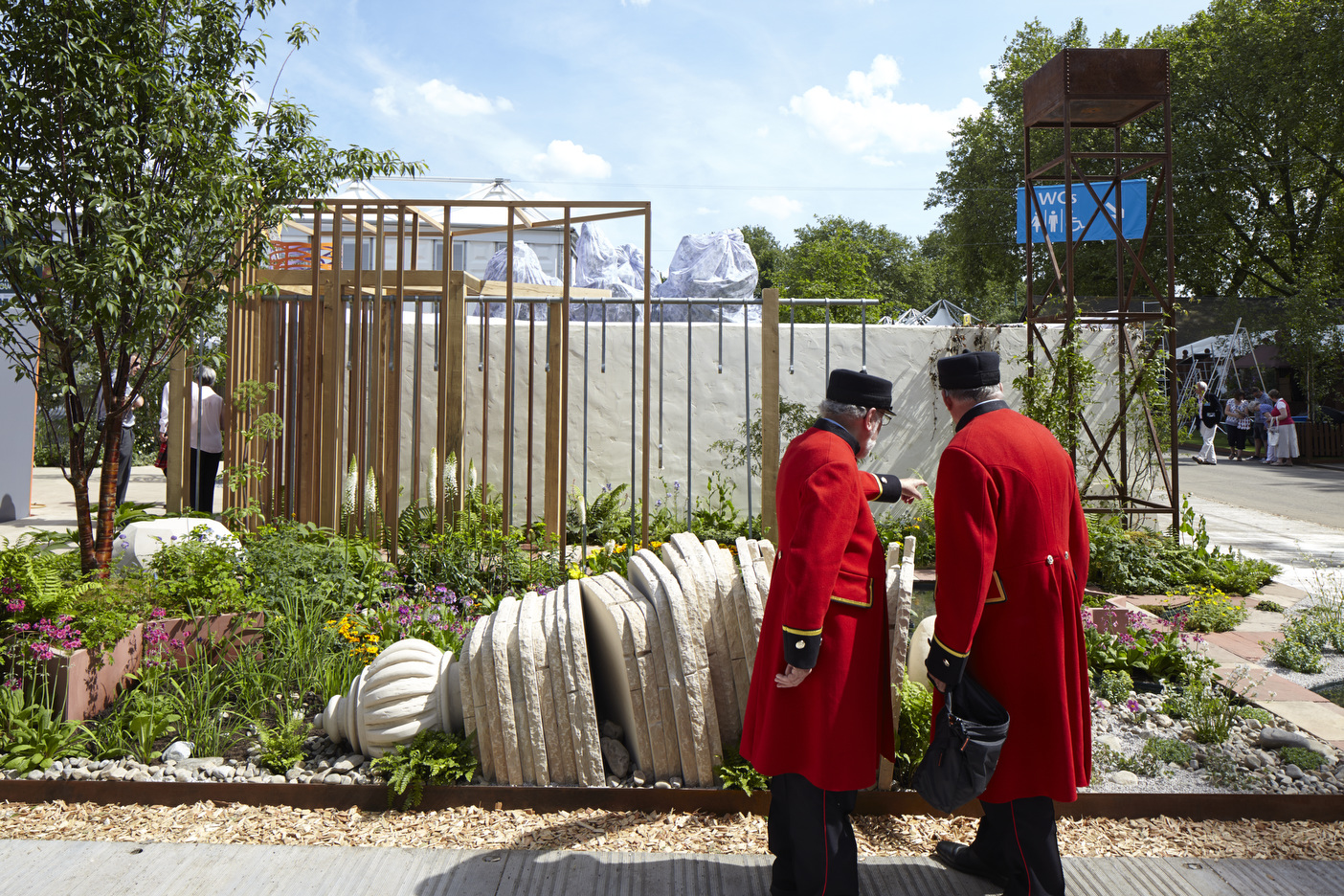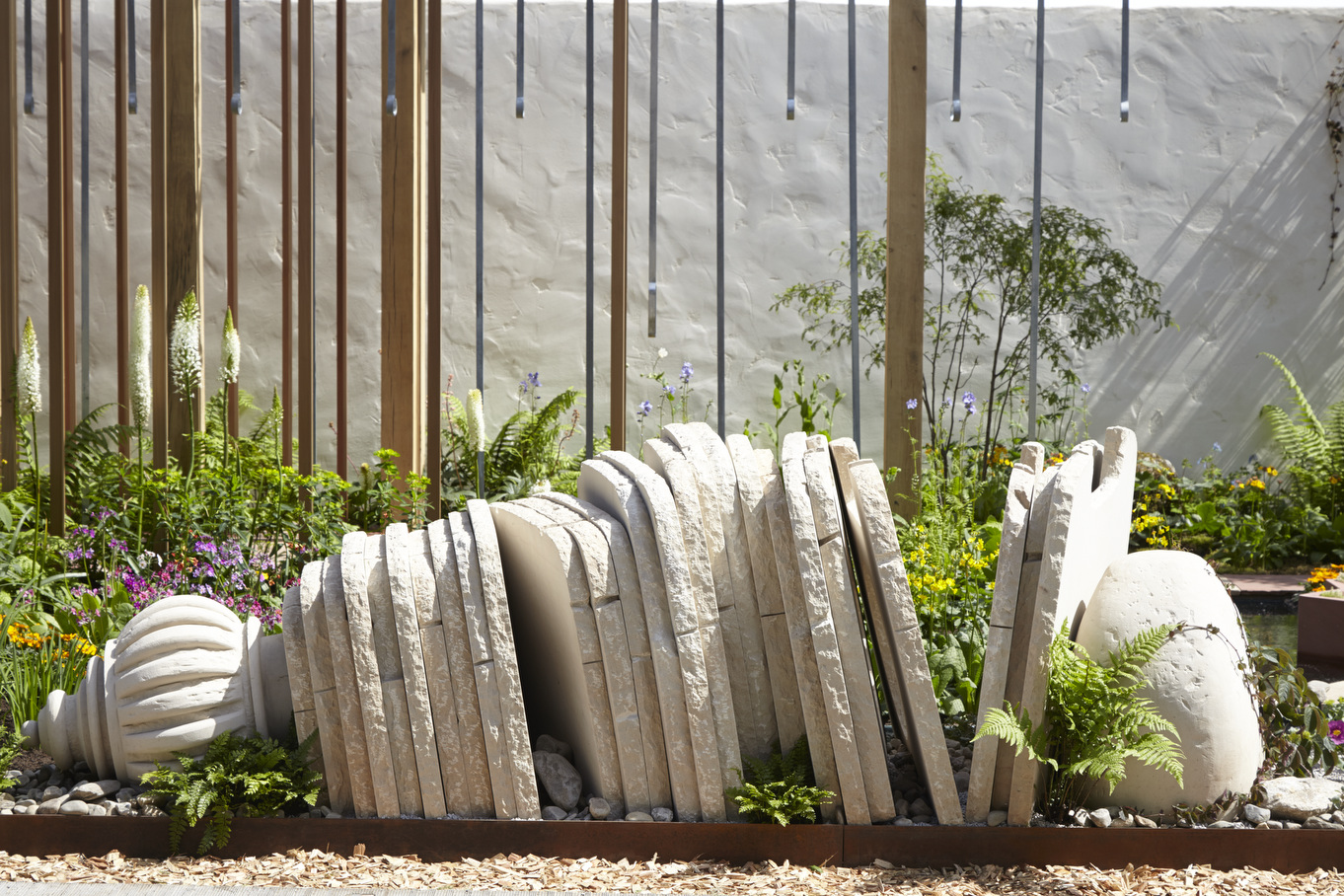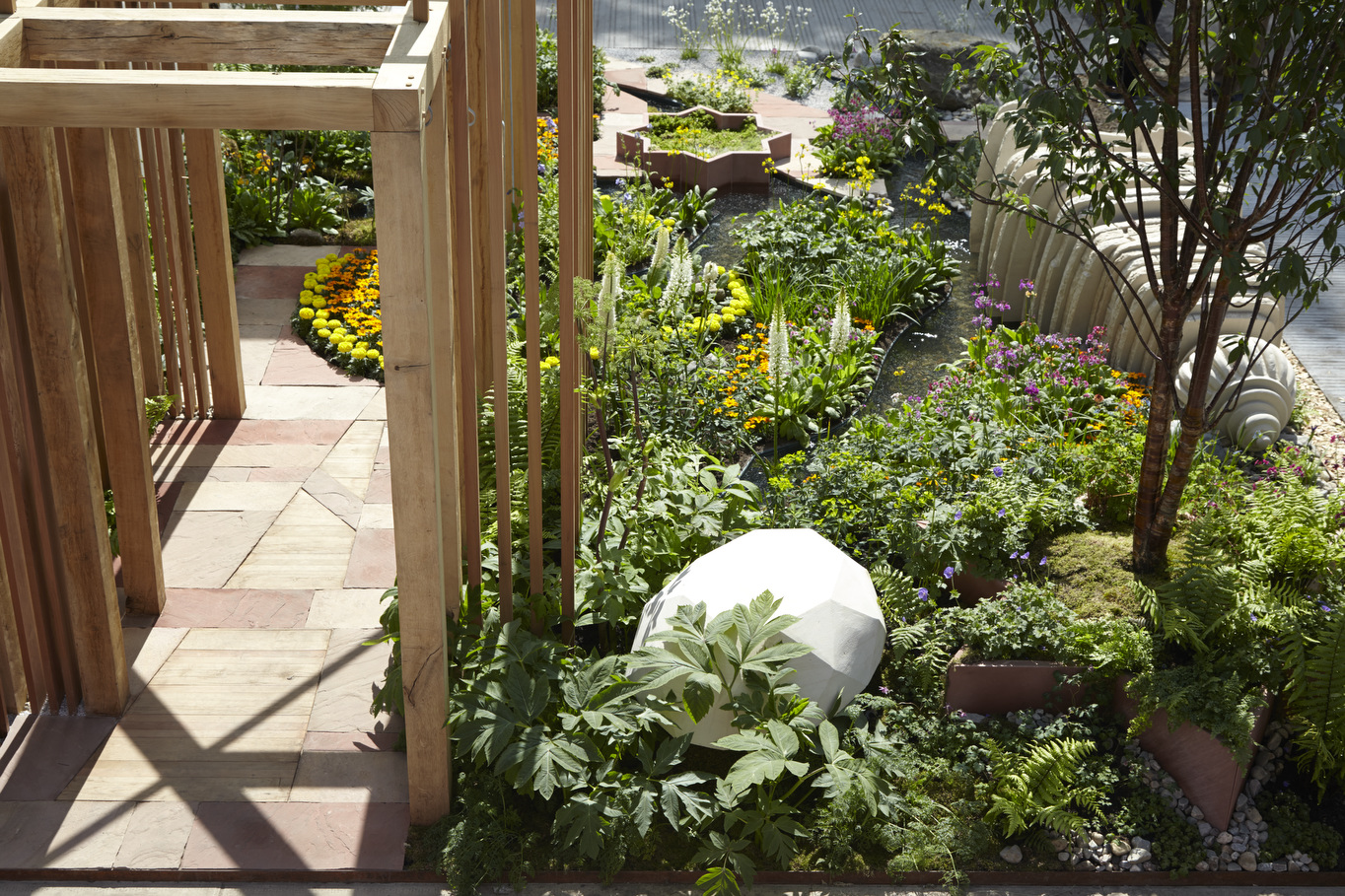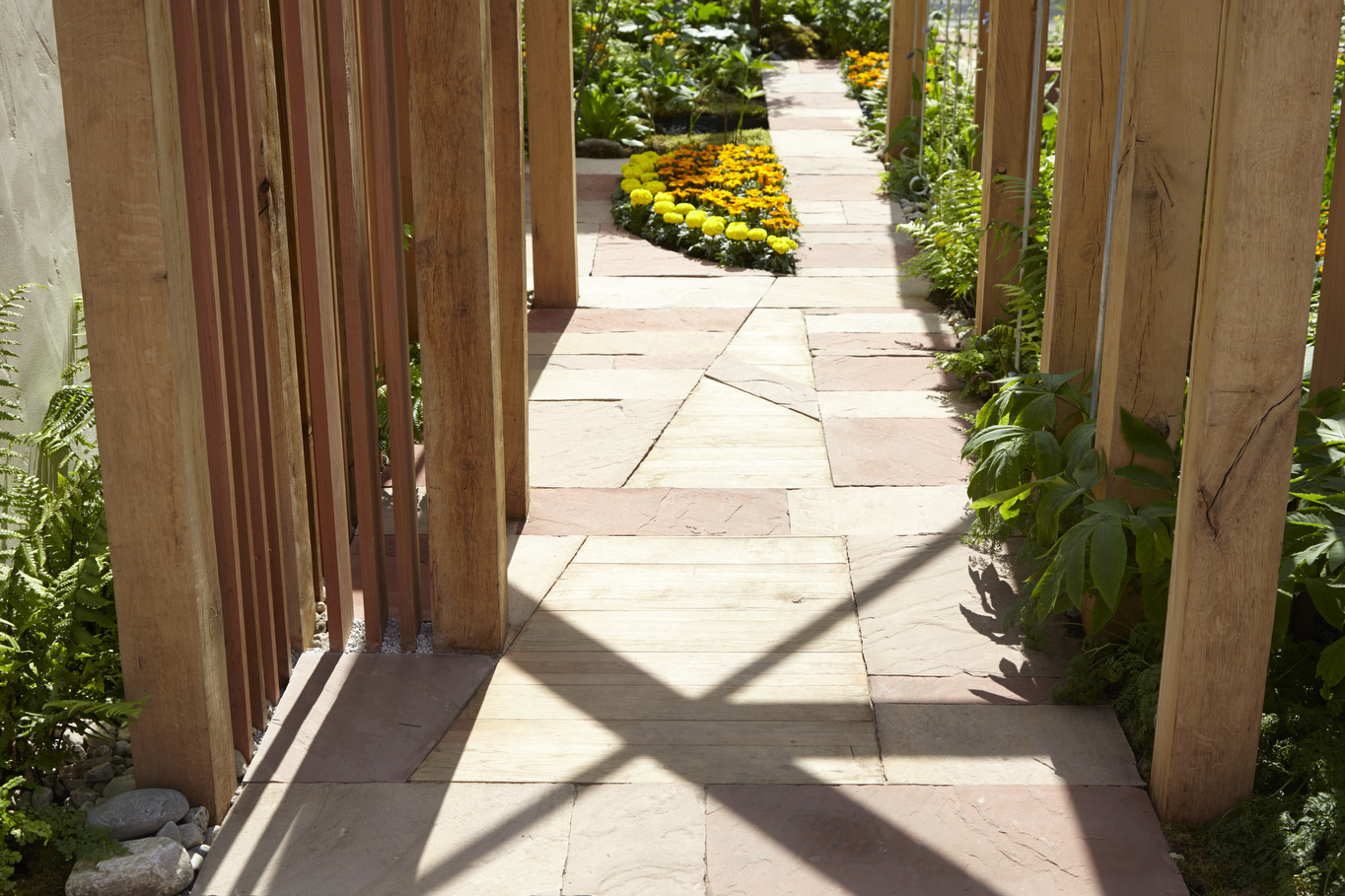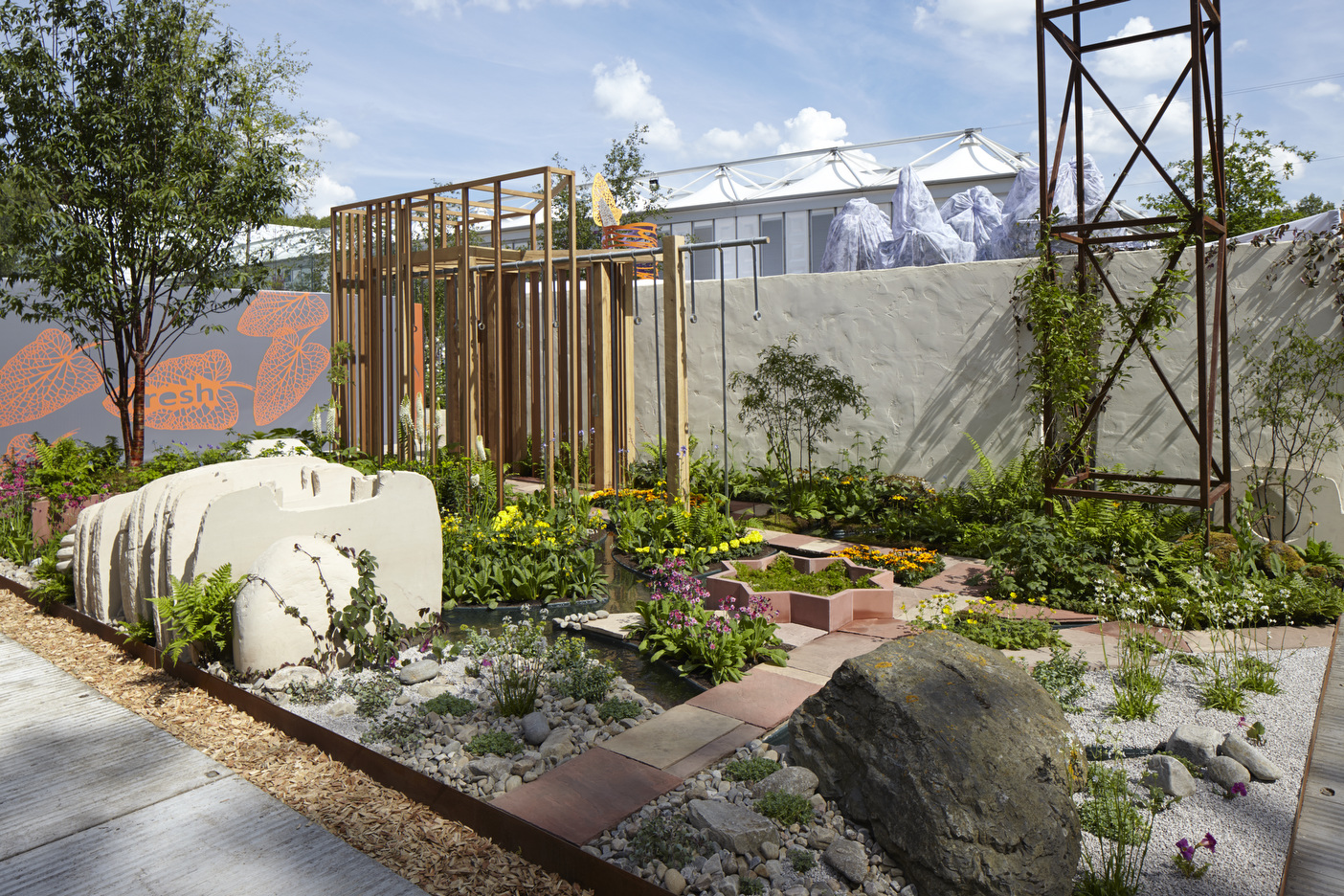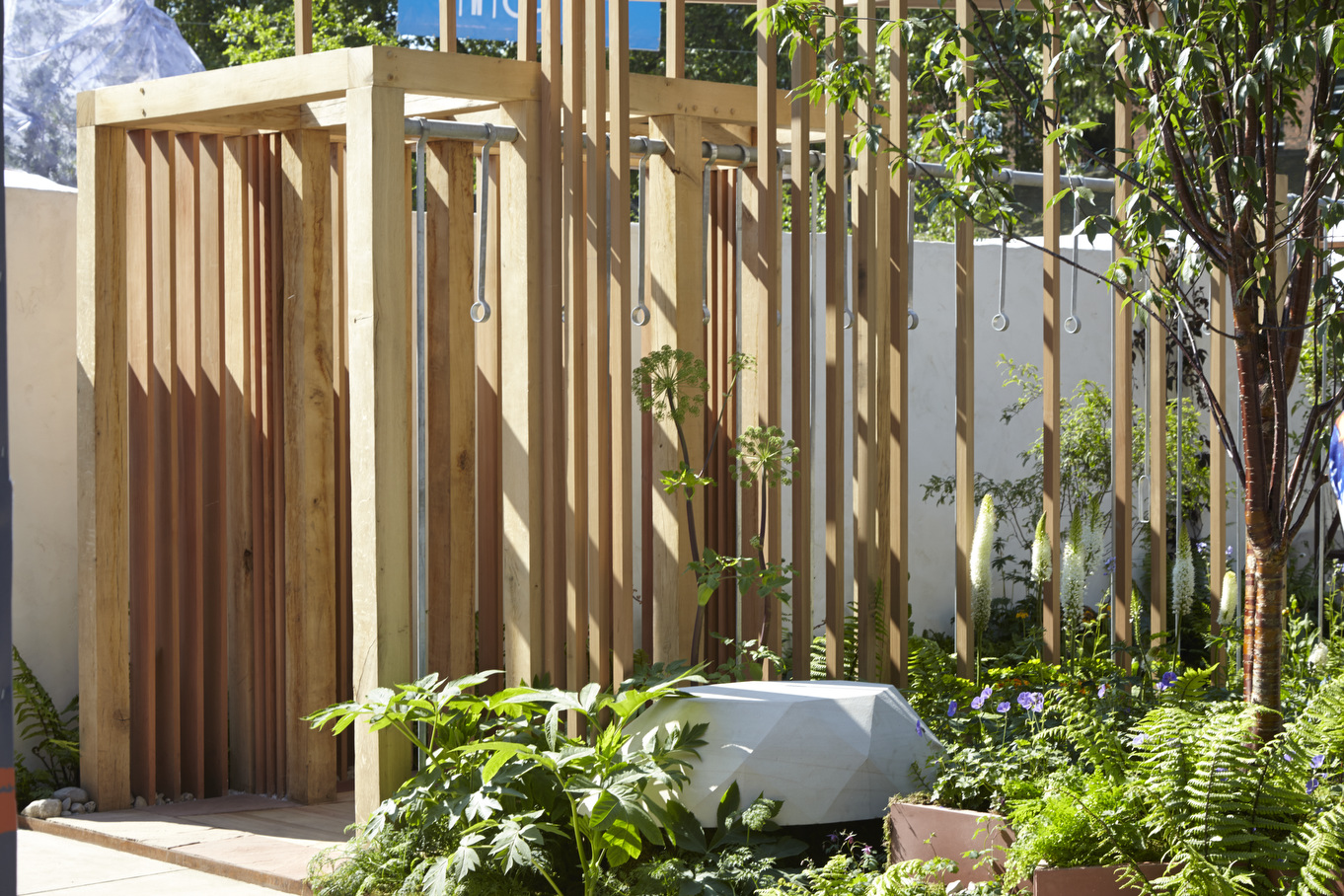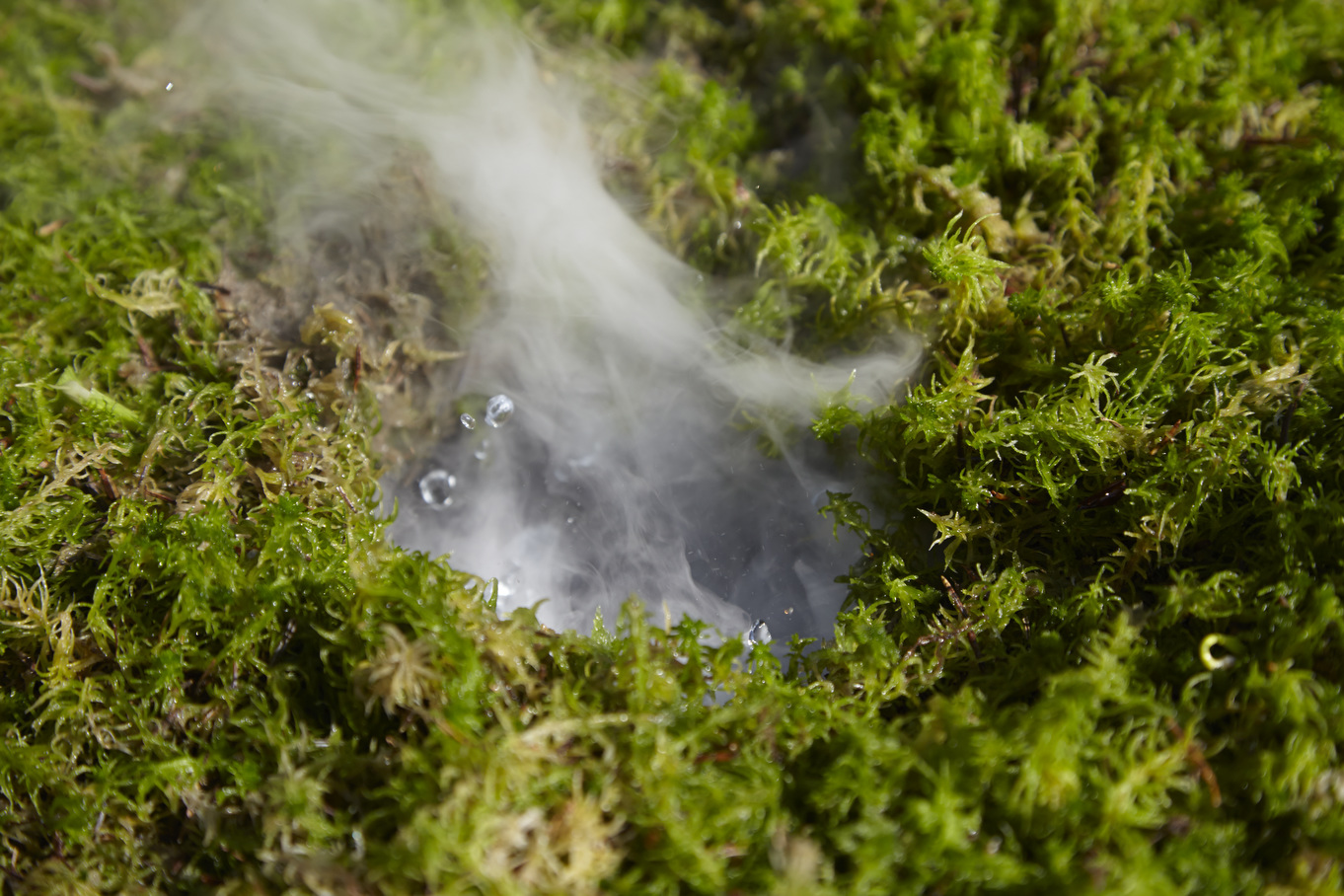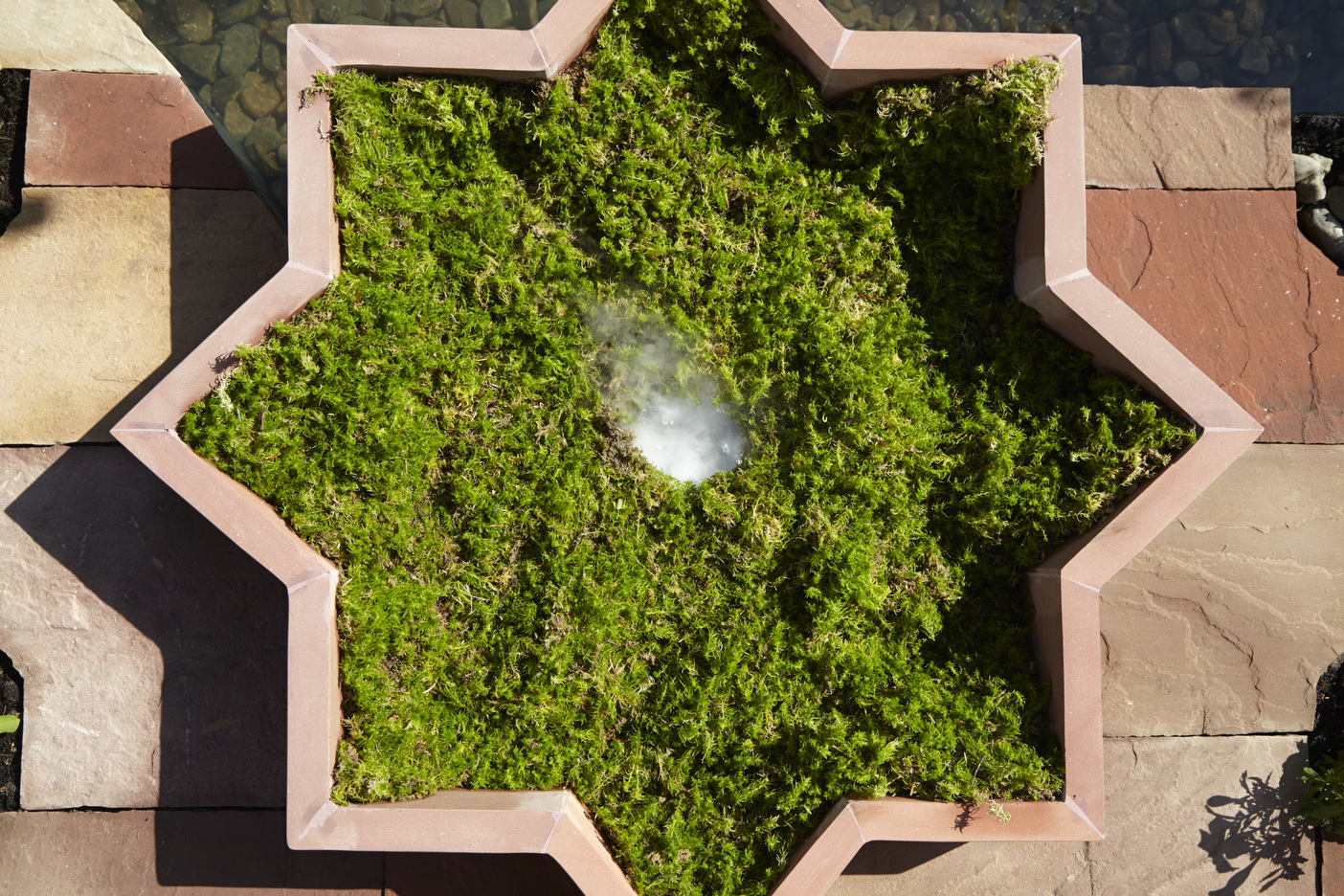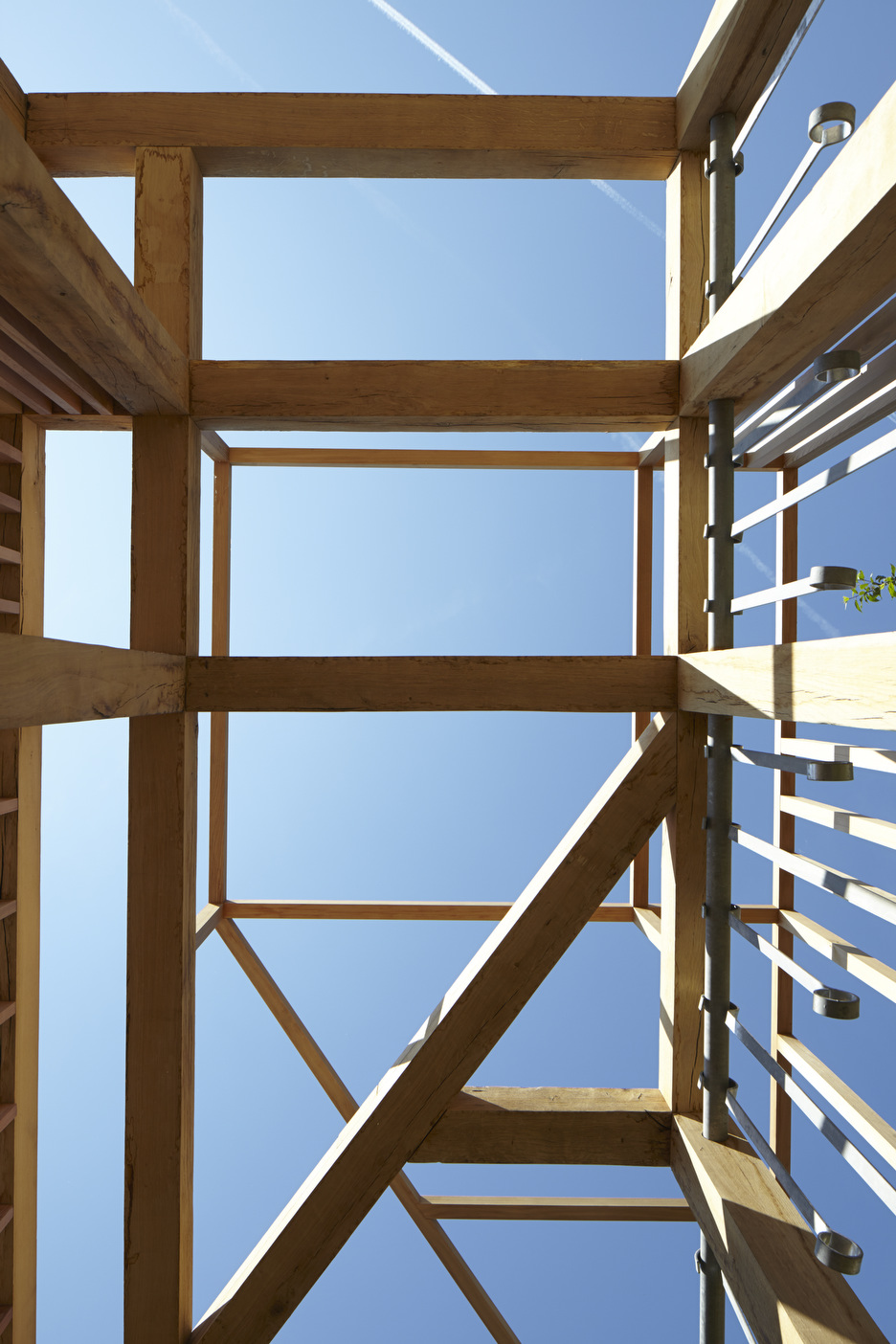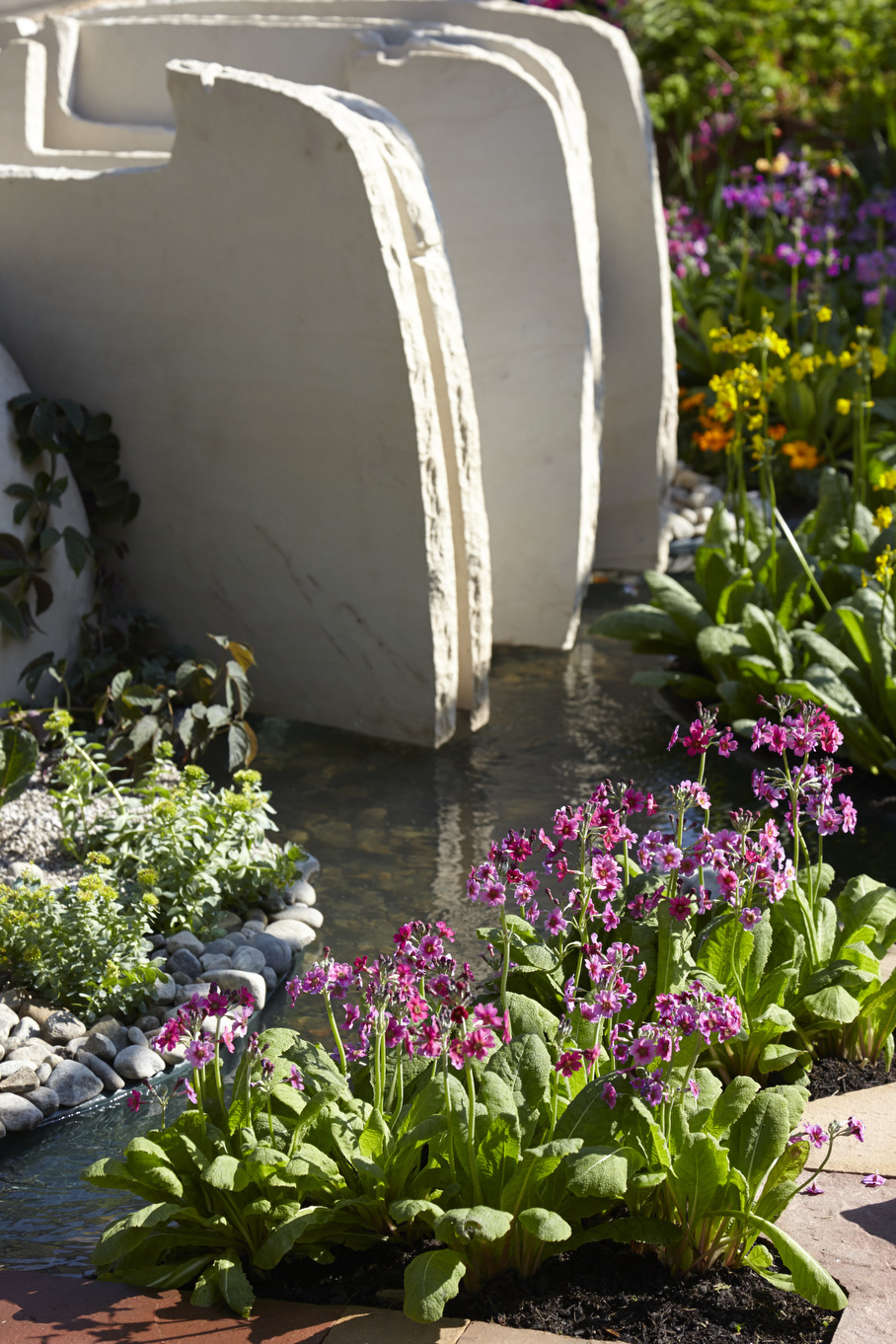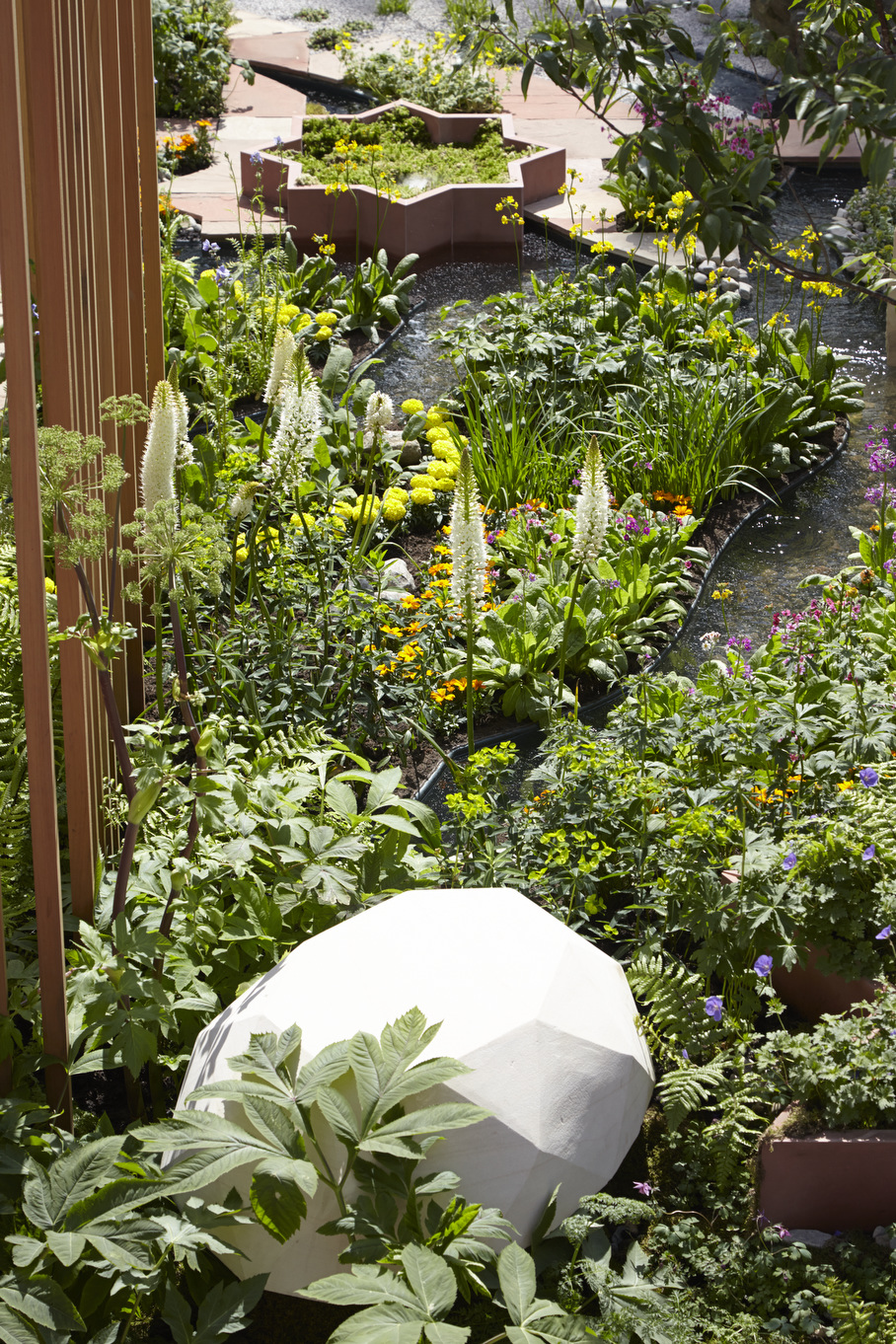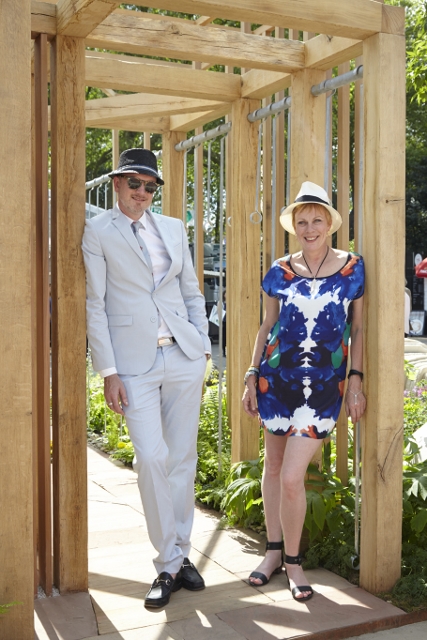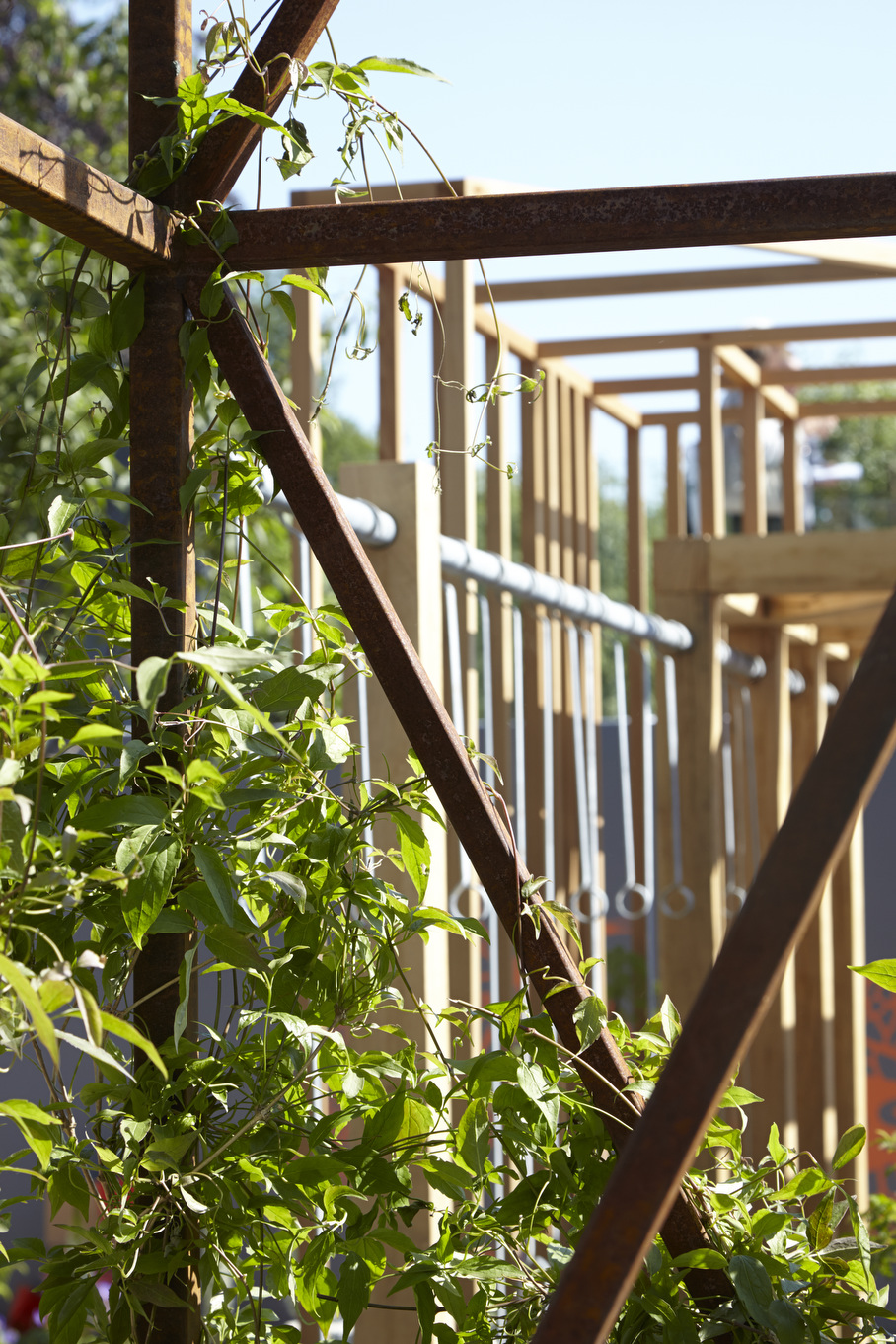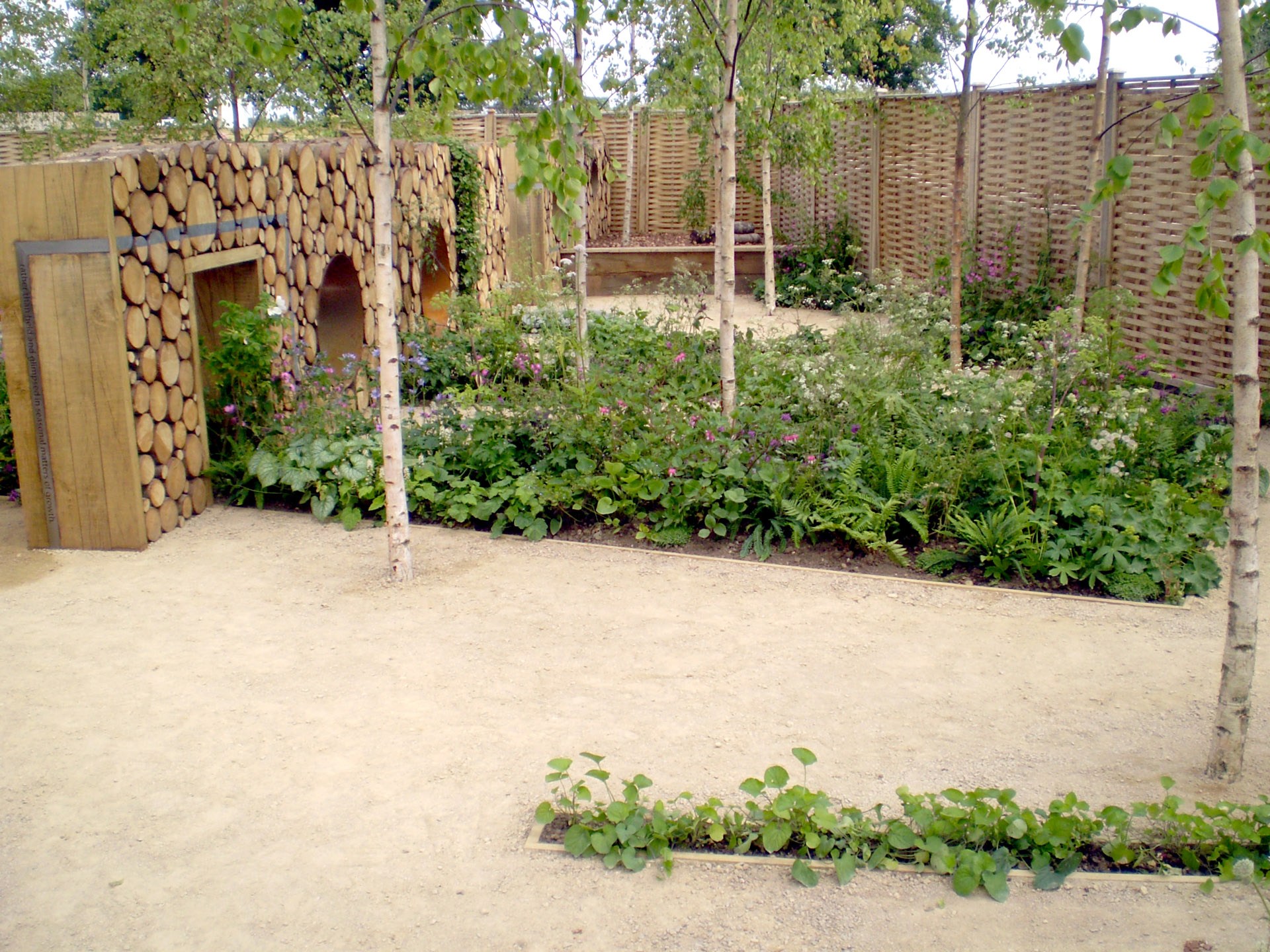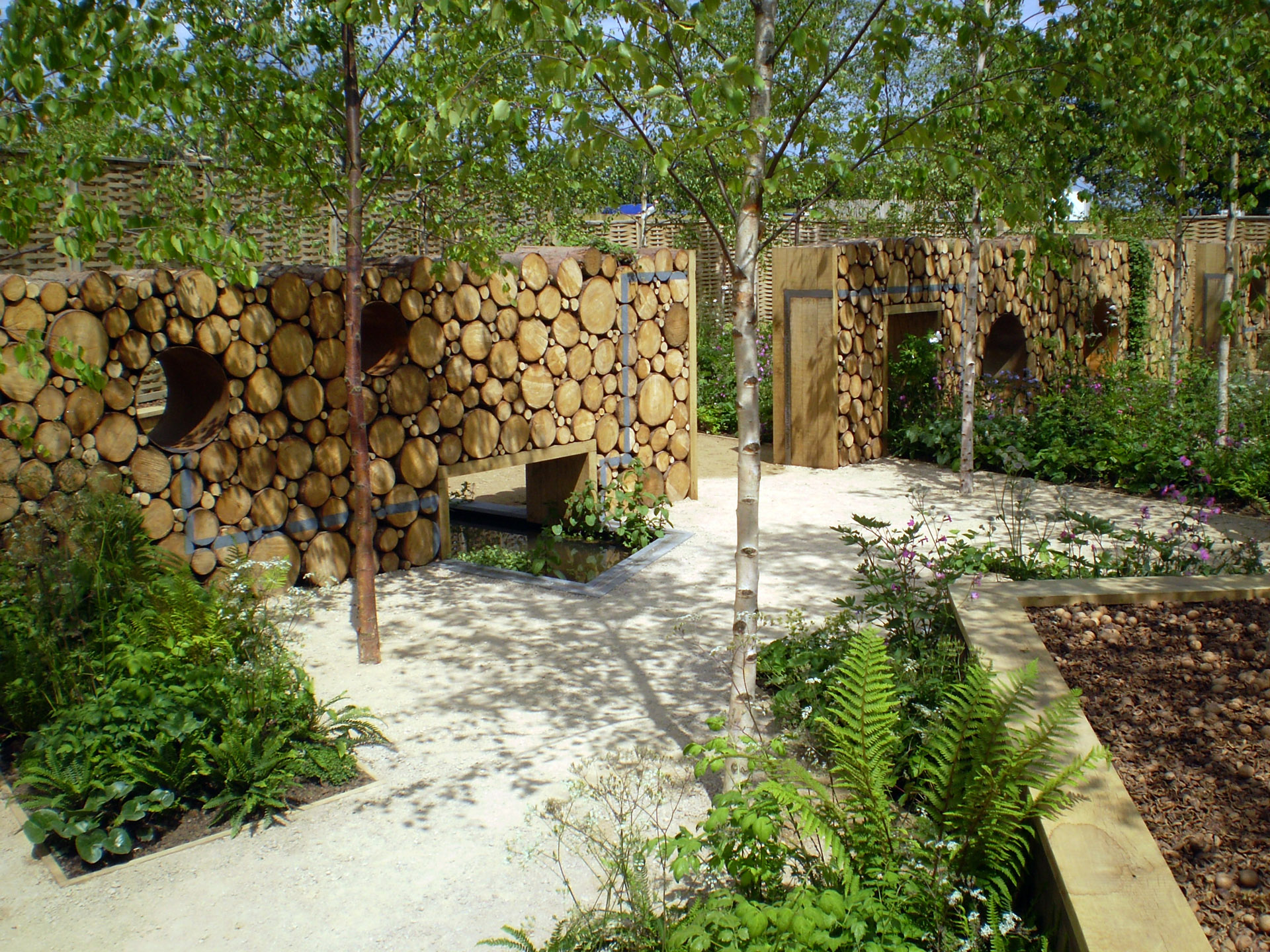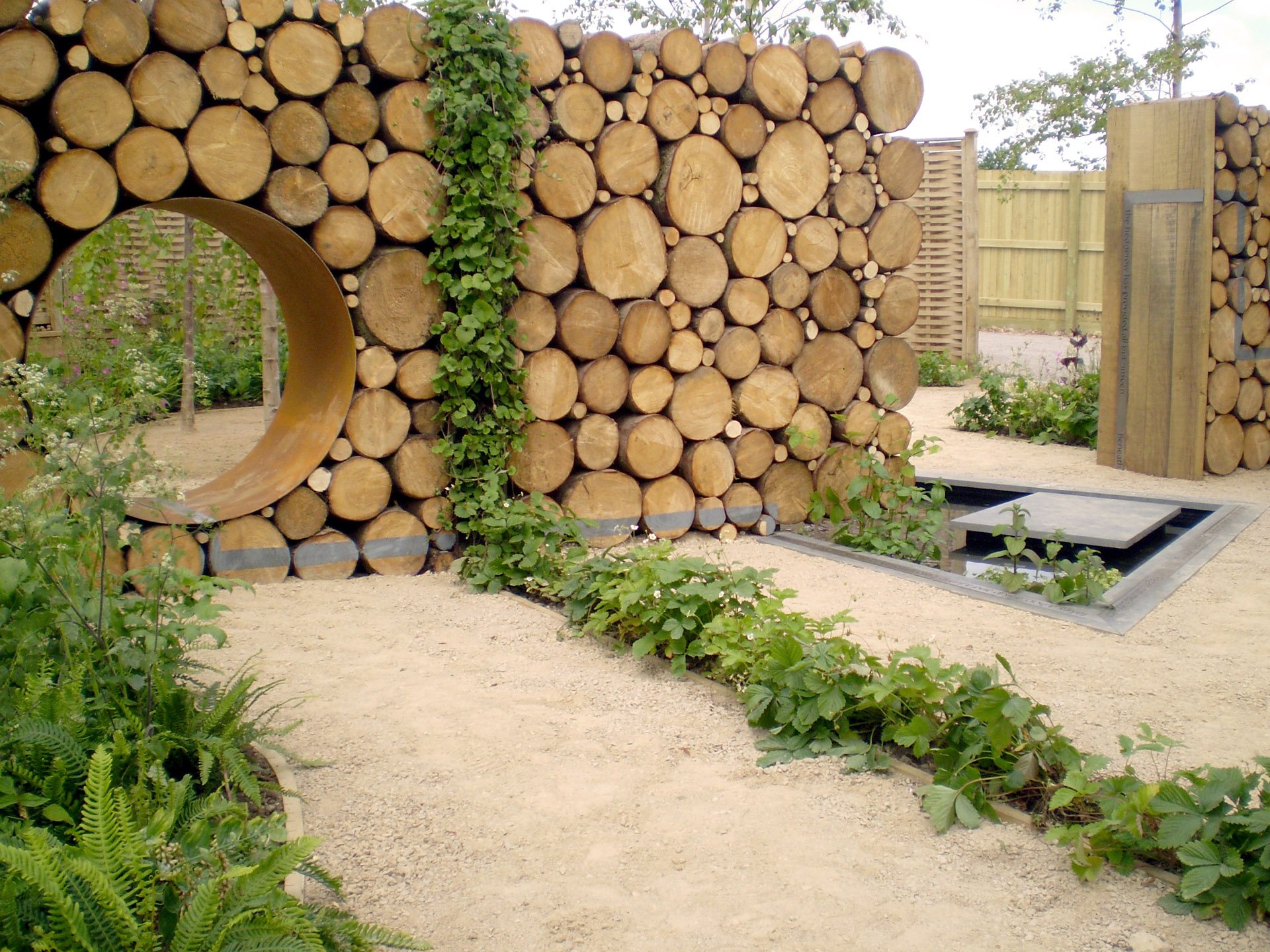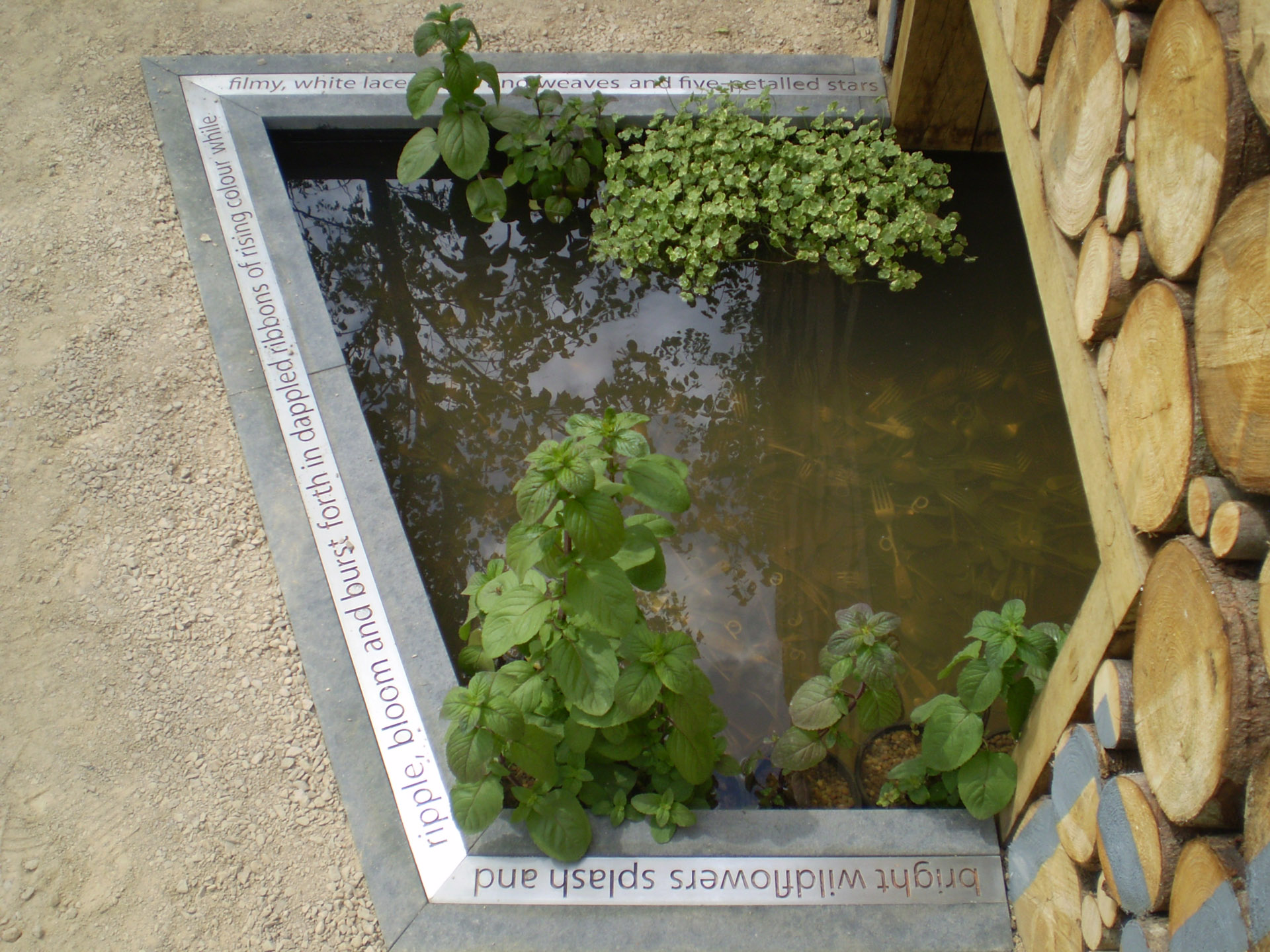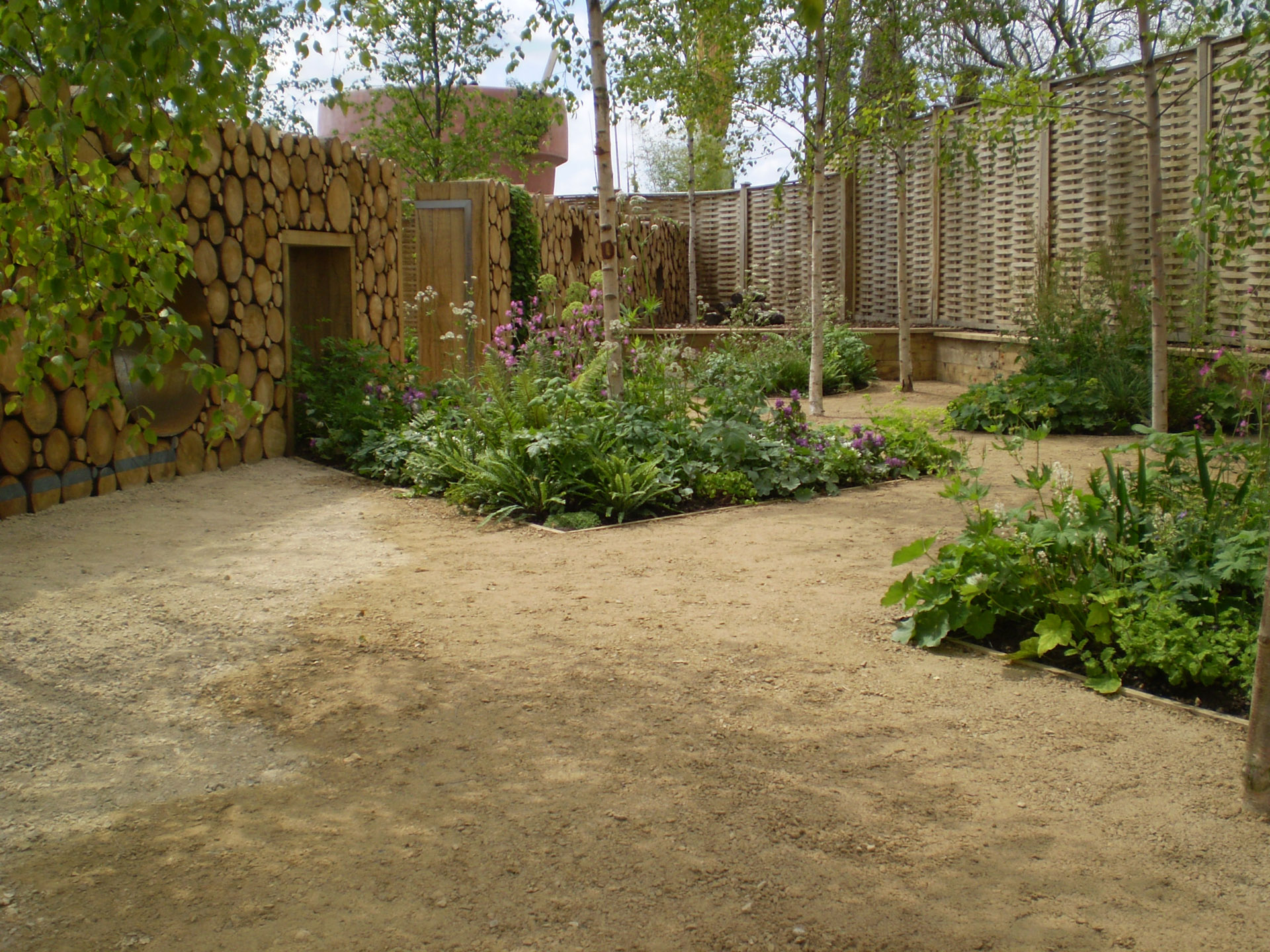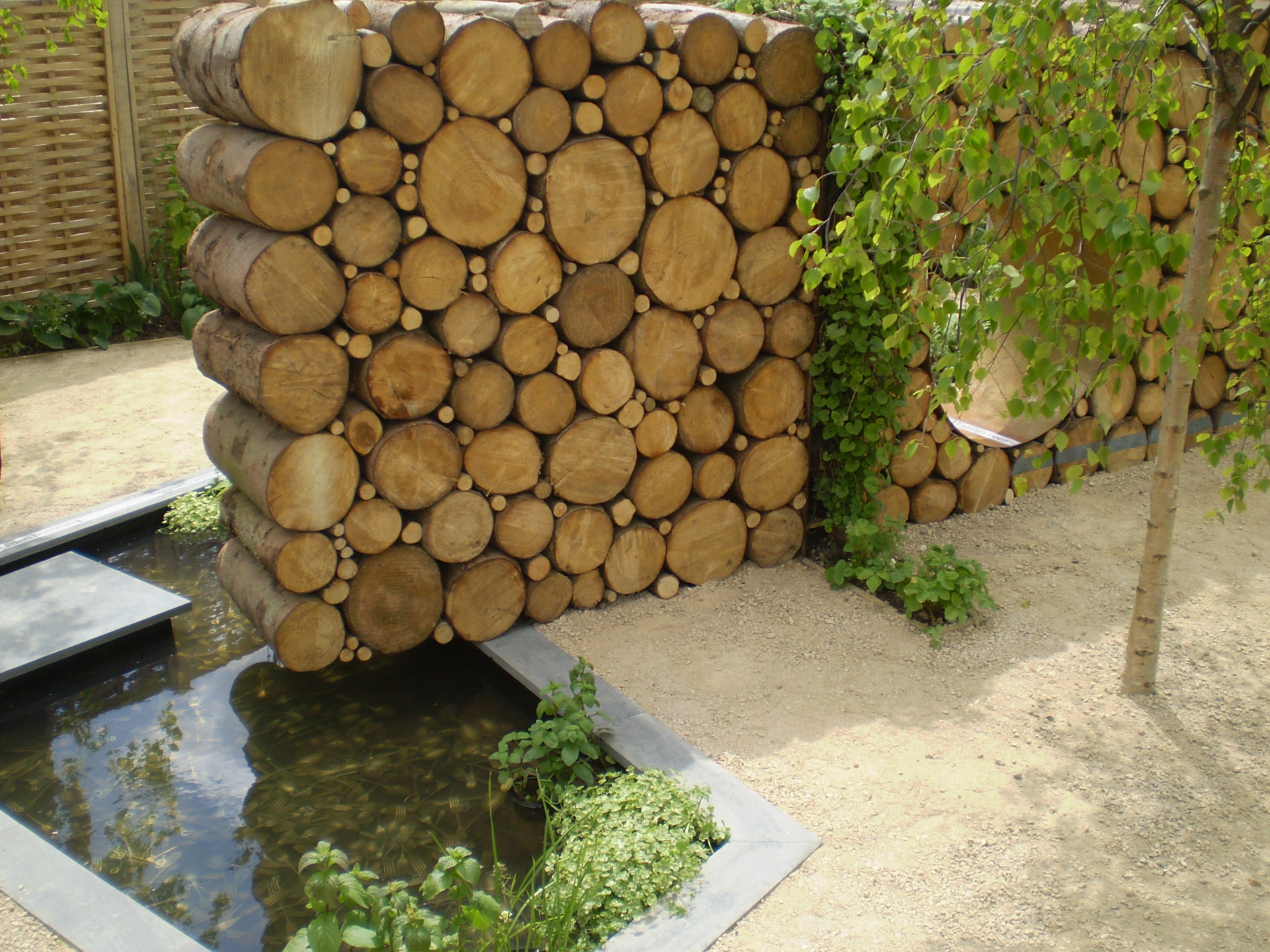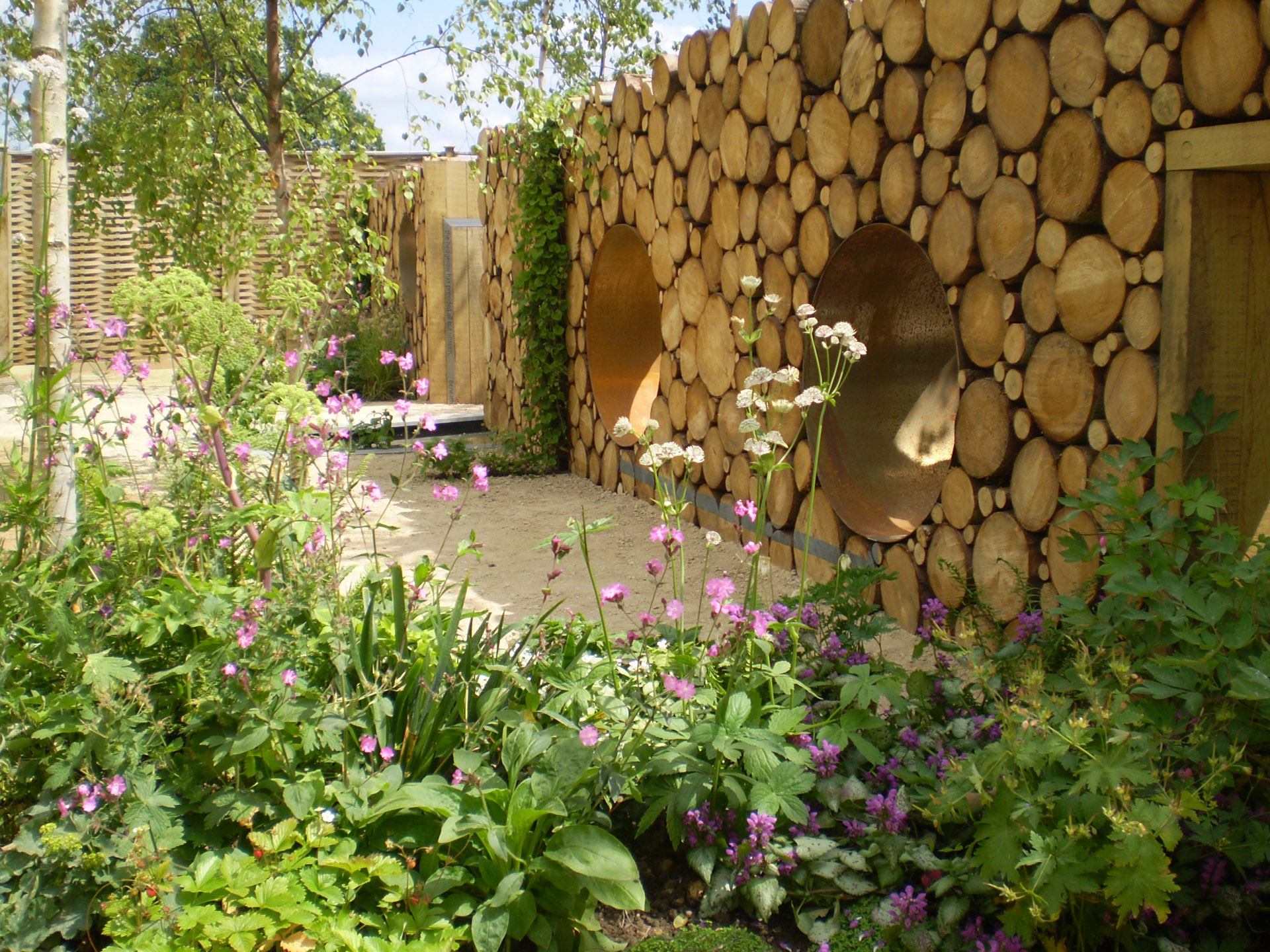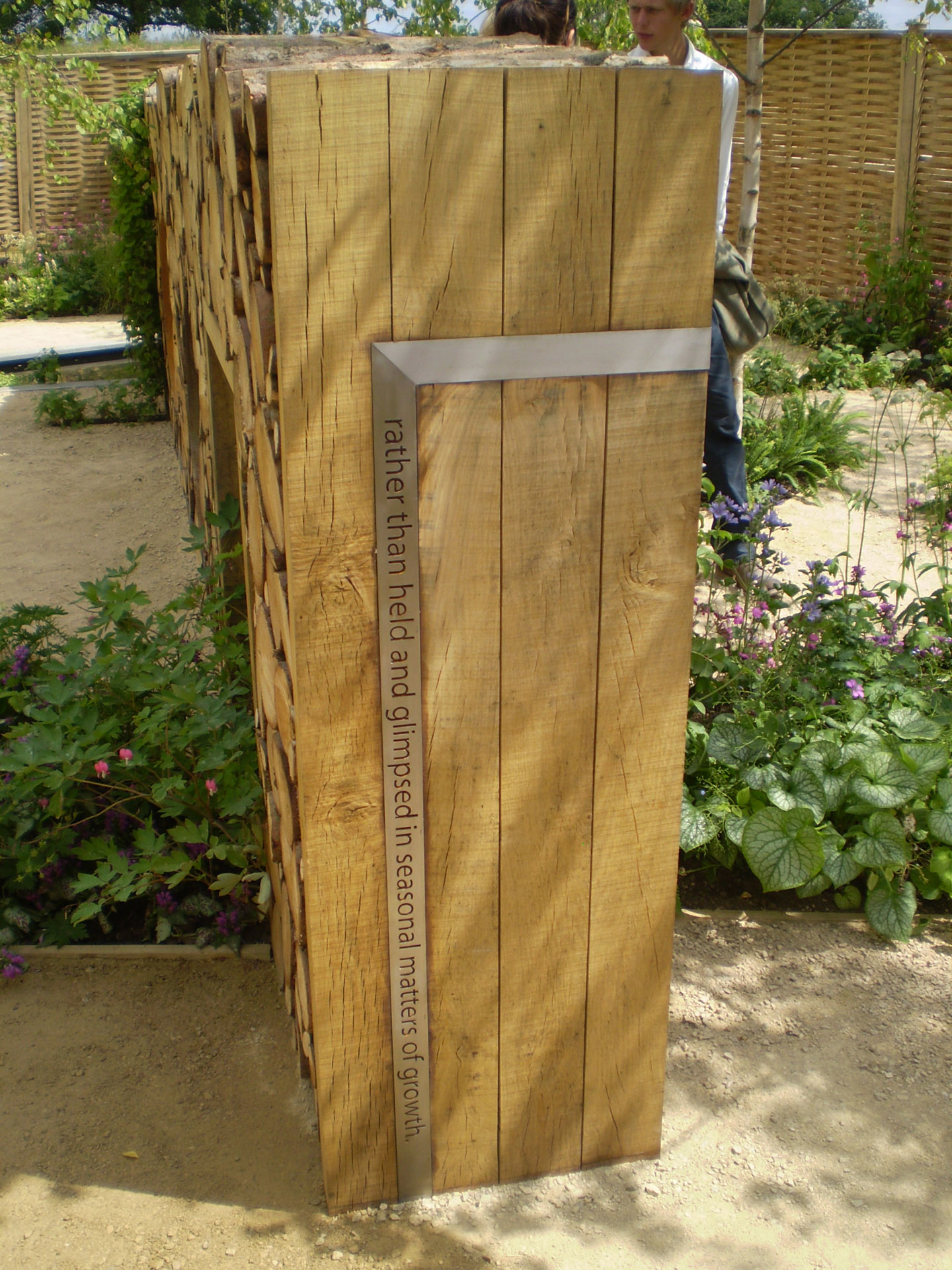At this year’s RHS Chelsea Flower Show, we partnered with the Centre of Mental Health and Wild City to develop The Balance Garden. The aim of the design by Wild City for this garden was to shine a light on the inequalities associated with access to the mental health benefits of getting into nature in an urban environment.
At Stewart Landscape Construction, our role was to bring together these ideas and to construct something that could focus on the varying layers of urban ecology to highlight the ecosystems that thrive in the most unlikely of locations.
The Vision
We worked closely with both Wild City and The Centre for Mental Health with support from Project Giving Back, to construct a truly immersive space that could promote a lasting legacy and remind us all how important it is to surround ourselves in nature, which is even more important in urban communities.
The original idea envisioned the garden as a high-profile means to explore innovative landscaping techniques to create an affordable way to connect with nature and to grow food in a space that can benefit often vast and diverse communities.
The Garden
The impact of climate change and the cost of living crises are having wide ranging impacts on both our physical and mental wellbeing. These effects are felt most in disadvantaged communities, which are statistically far less likely to have access to nature and green space.
We wanted to really honour the original intention of the design to highlight how urban communities can come together to reclaim underappreciated areas that can become climate resilient beacons of hope and healing.
However, we were also aware of the challenges of translating such an intricate and varied design into such a small space. Our team worked around the clock to ensure that each of the elements highlighted in the design could work as intended in the space we had to work in.
This challenge mimics the struggles of the tight budgets and limited space in urban centres when trying to develop organic experiences in and around the hustle and bustle of the UK’s busy cities.
The Materials
The design used crushed site waste and piles of sand to contrast with the variety of wildflowers, grasses and hardy shrubs that can thrive in man-made environments.
It was incredibly important to ensure these took pride and place, since these kinds of plants are too often dismissed as ‘weeds’, despite the vital role they play in providing pollen and food for insects.
Steel was used to highlight the man-made theme of the garden, and was used to showcase the flexibility and adaptability of the natural world, and how it can thrive in the most unlikely habitats.
The steel items we placed throughout the garden included the weathered steel bridge, walkways and the reclaimed shipping container used as the centrepiece of the garden.
The container was used to grow a range of forgeable mushrooms, to highlight the communal nature, and increasing popularity of foraging.
In addition to our partnerships with Wild City, The Centre for Mental Health and The Giving Back Project, we worked closely with Steel Landscaping Co. who supplied the steel edging that we used to segment different areas of the garden.
The Legacy
This garden will have a lasting benefit for many years to come, and we’re very proud of our part in bringing this together.
We hope it will inspire people around the world that saw this wonderful garden at RHS Chelsea Flower Show, to truly appreciate the connection between green space and improved mental health.
Once the show had ended the Centre for Mental Health Balance Garden relocated to Tottenham, North London to create a new space for the community to benefit from.

